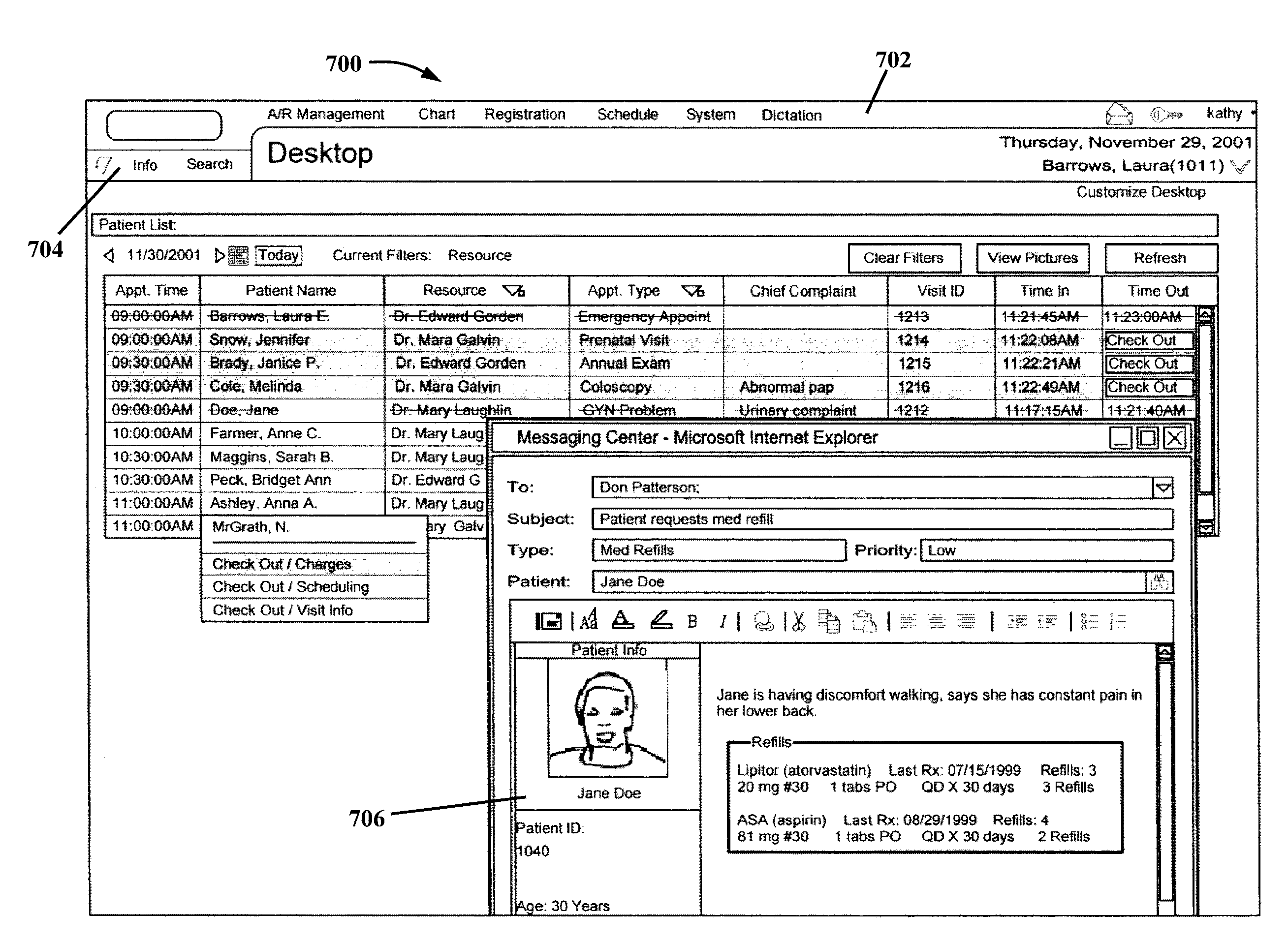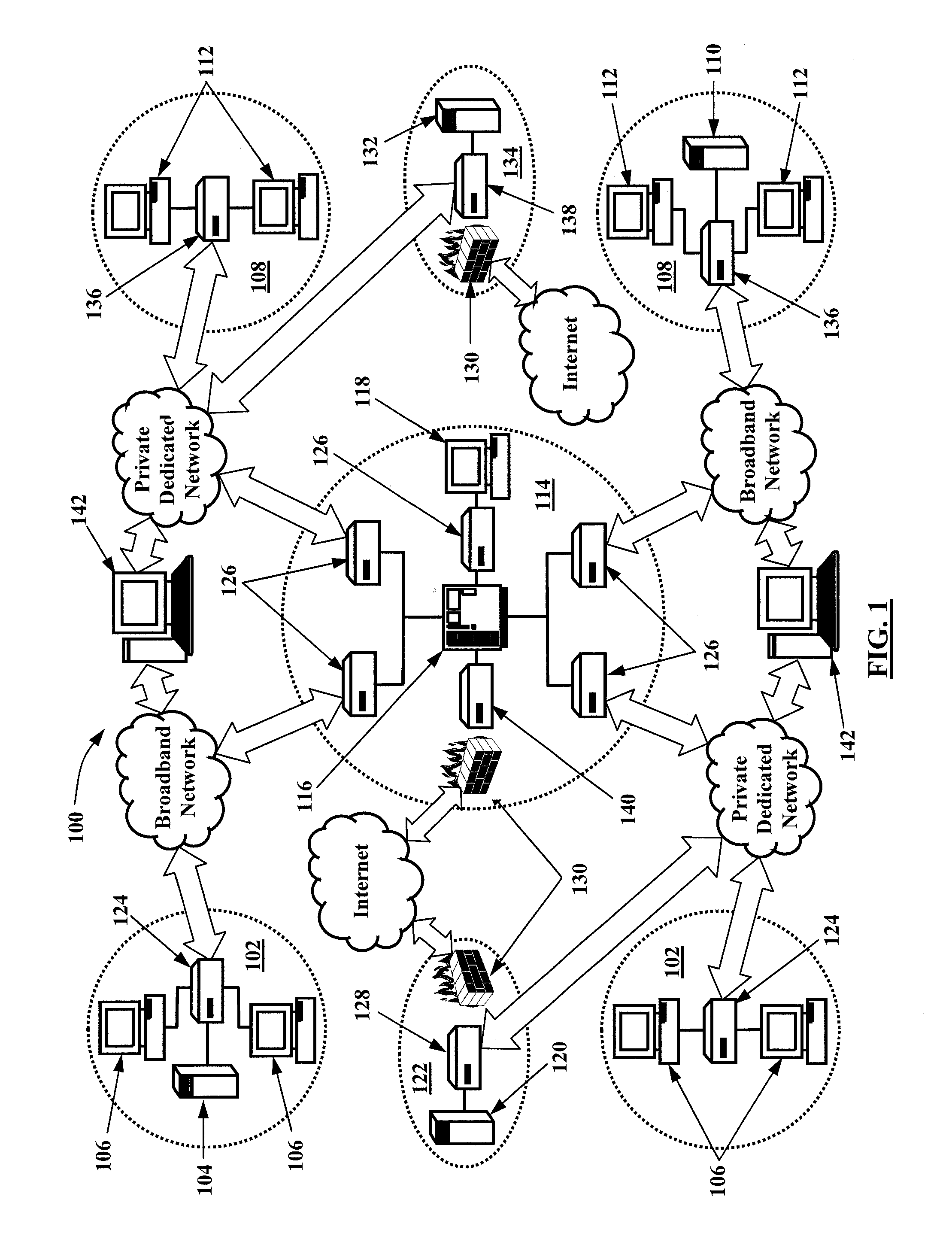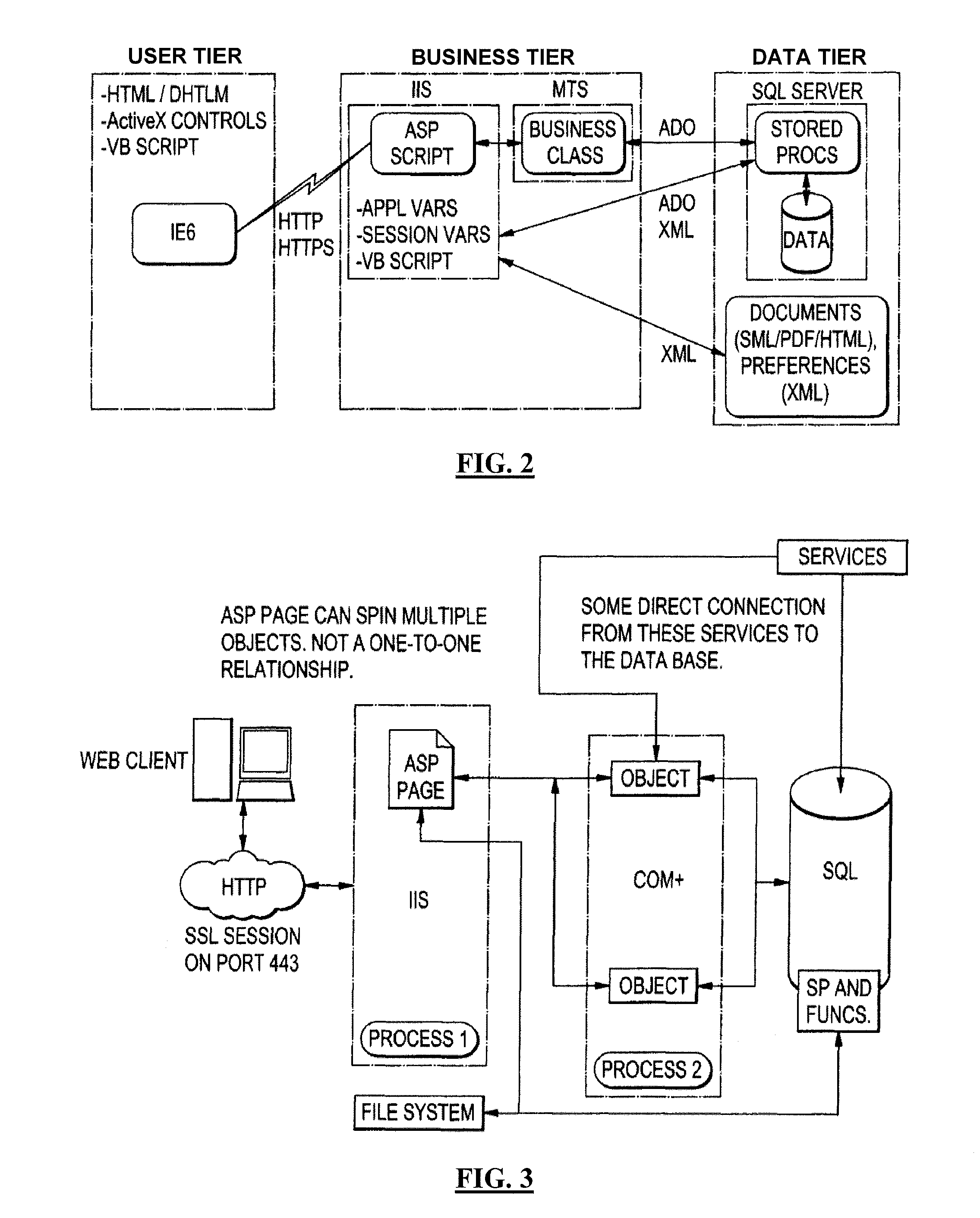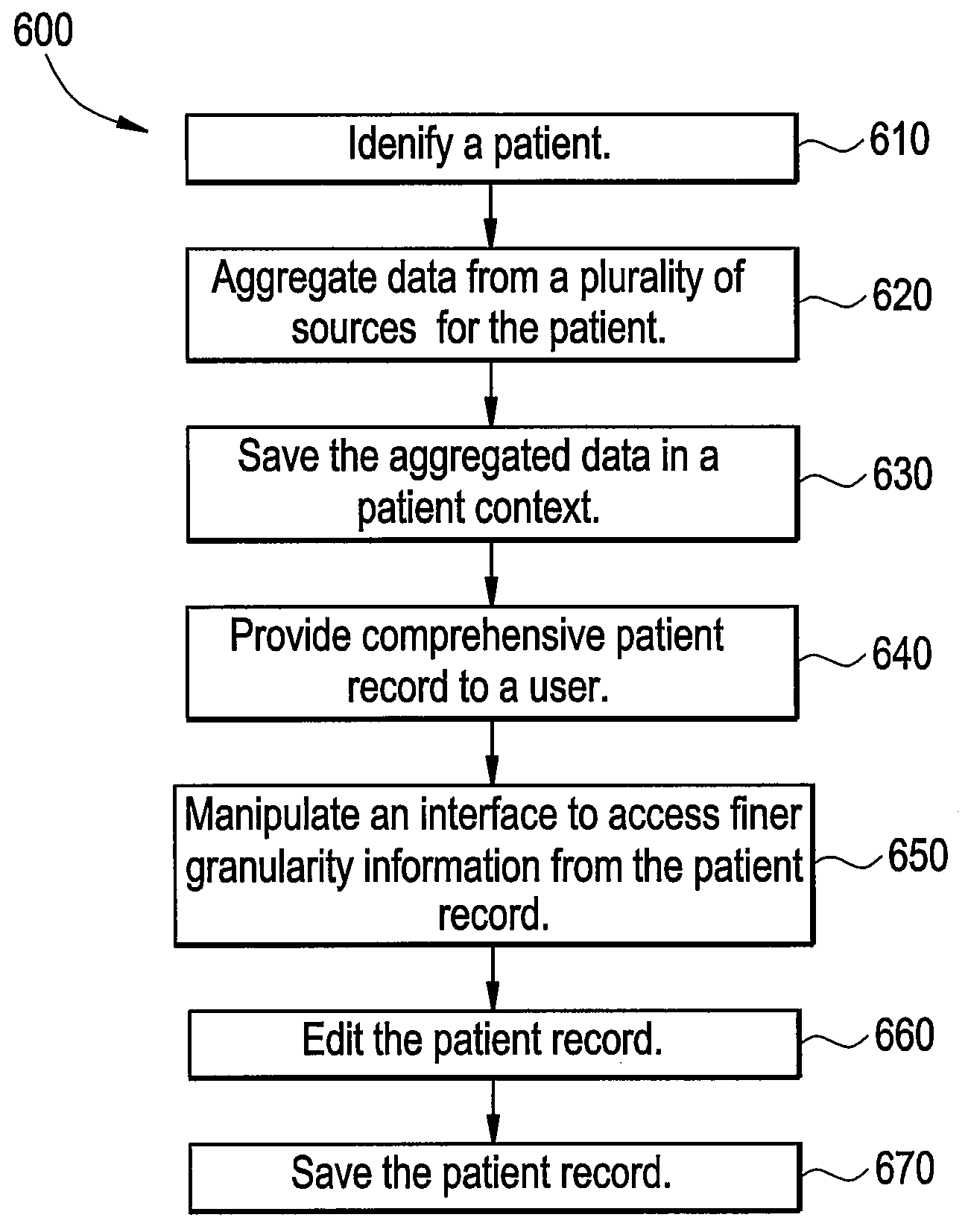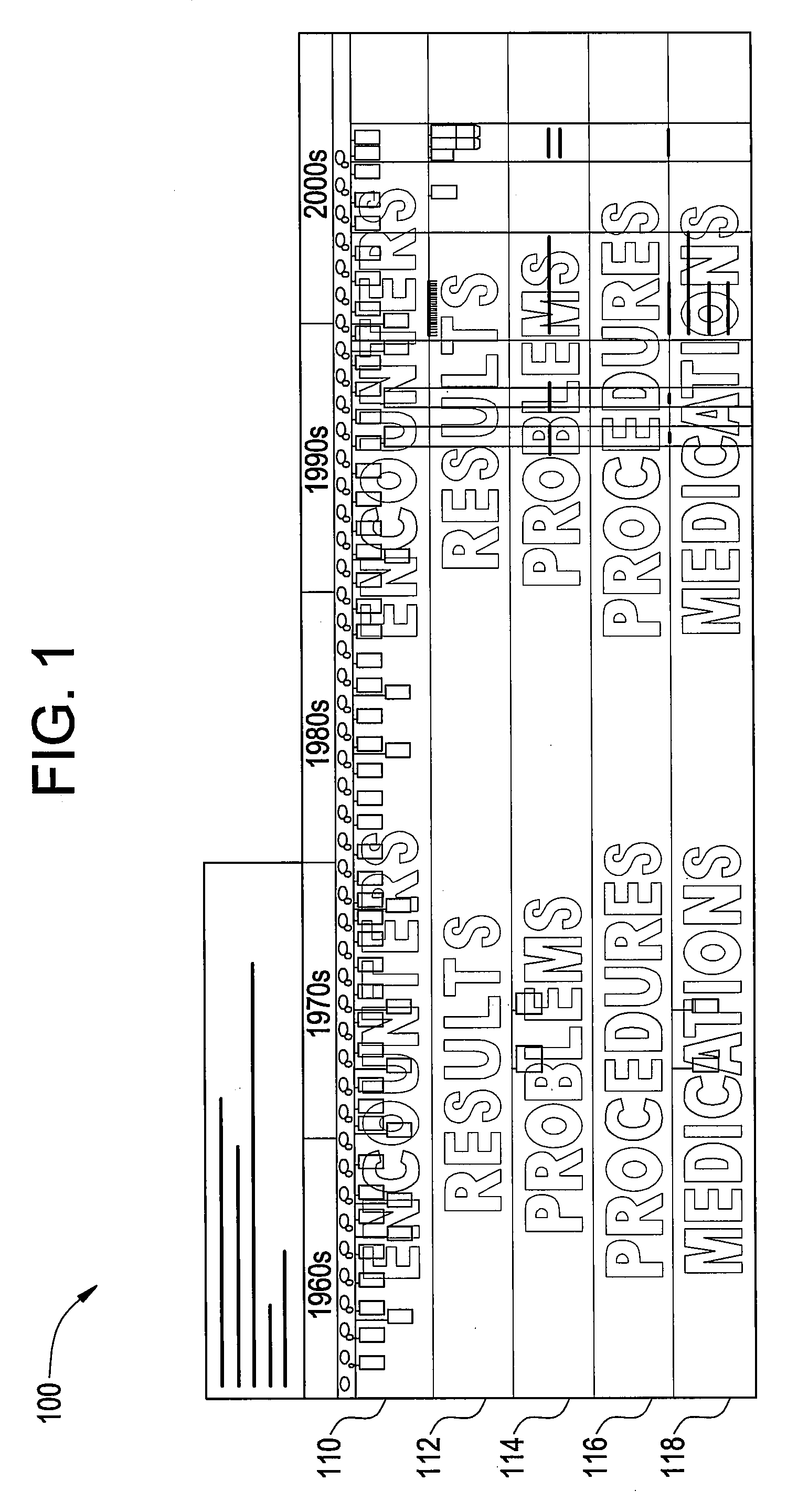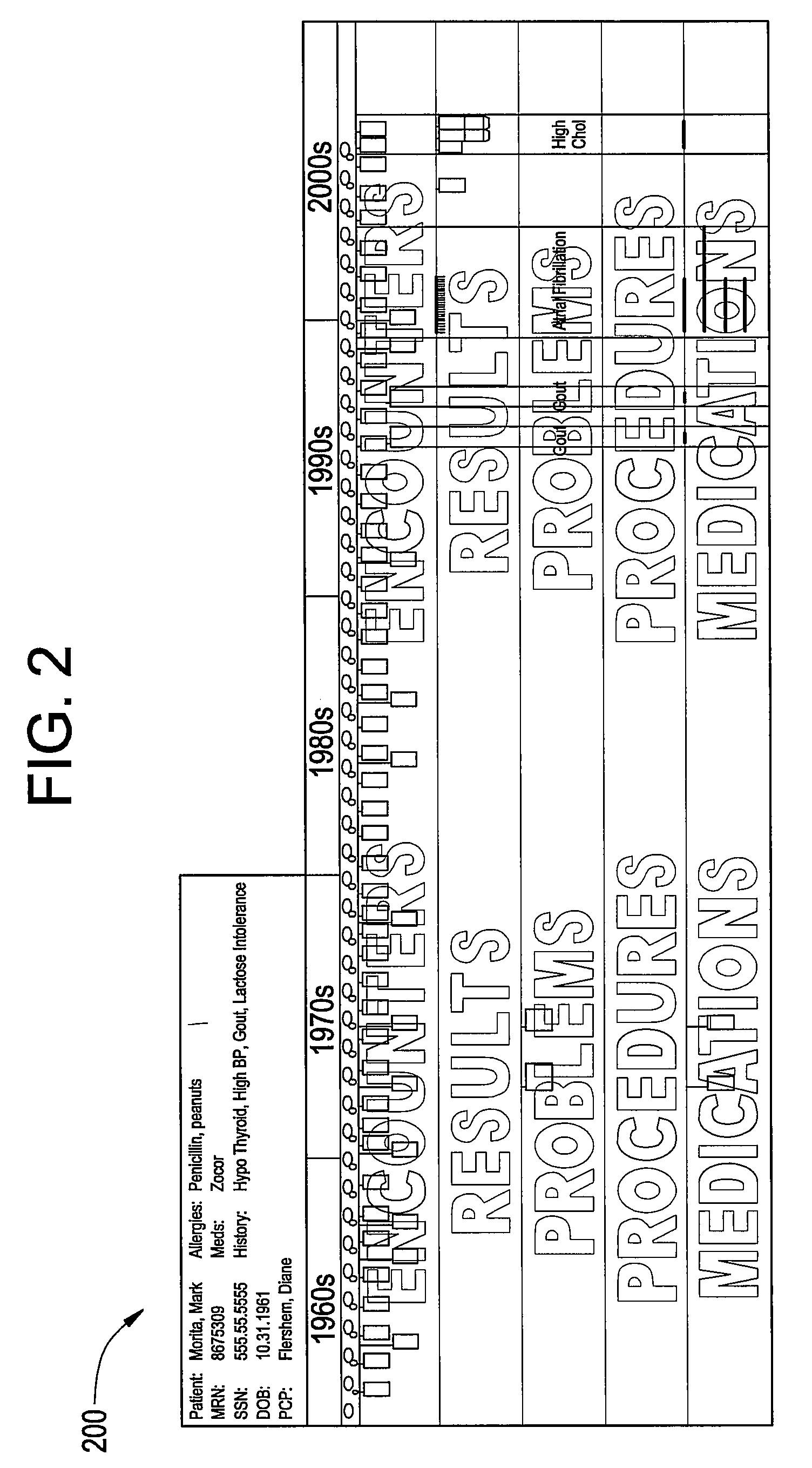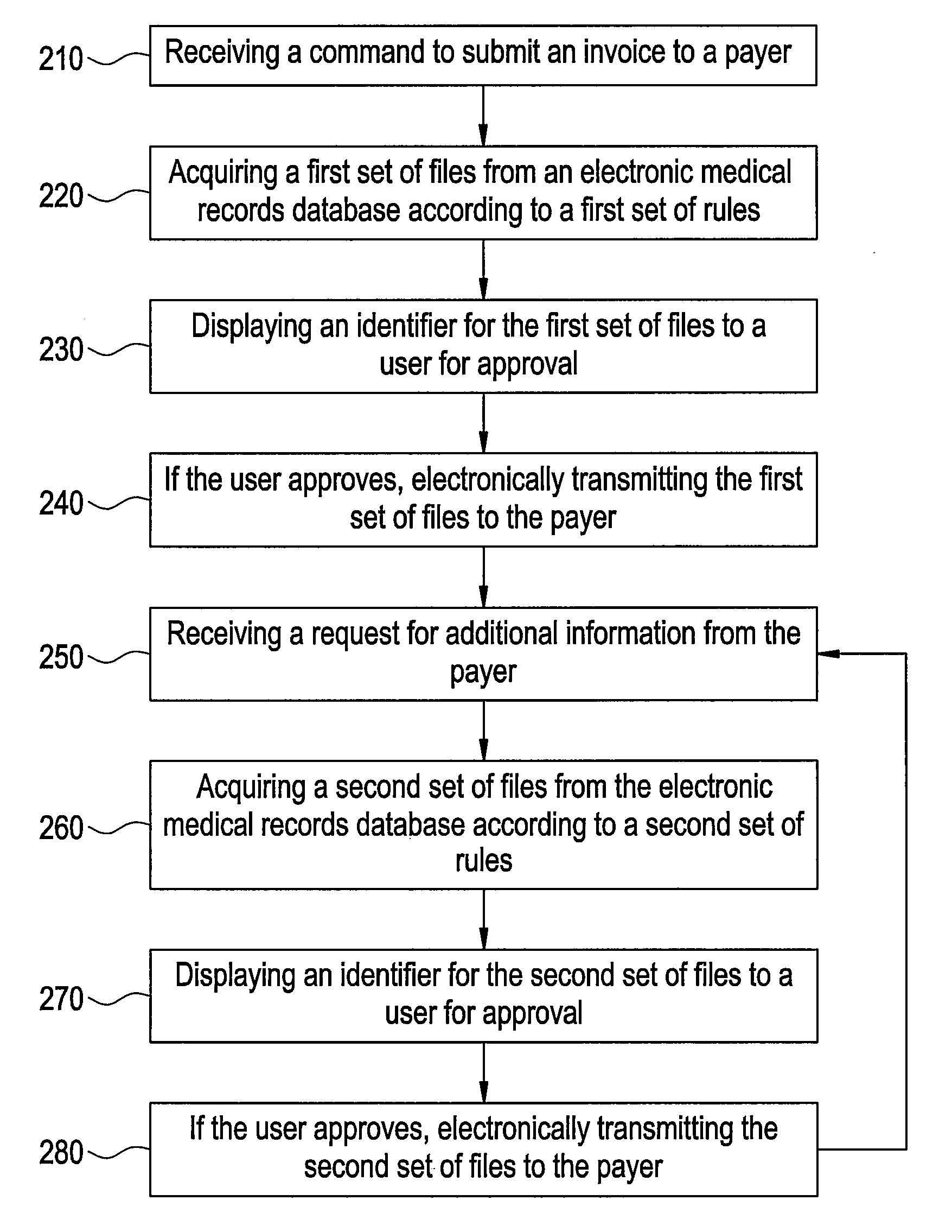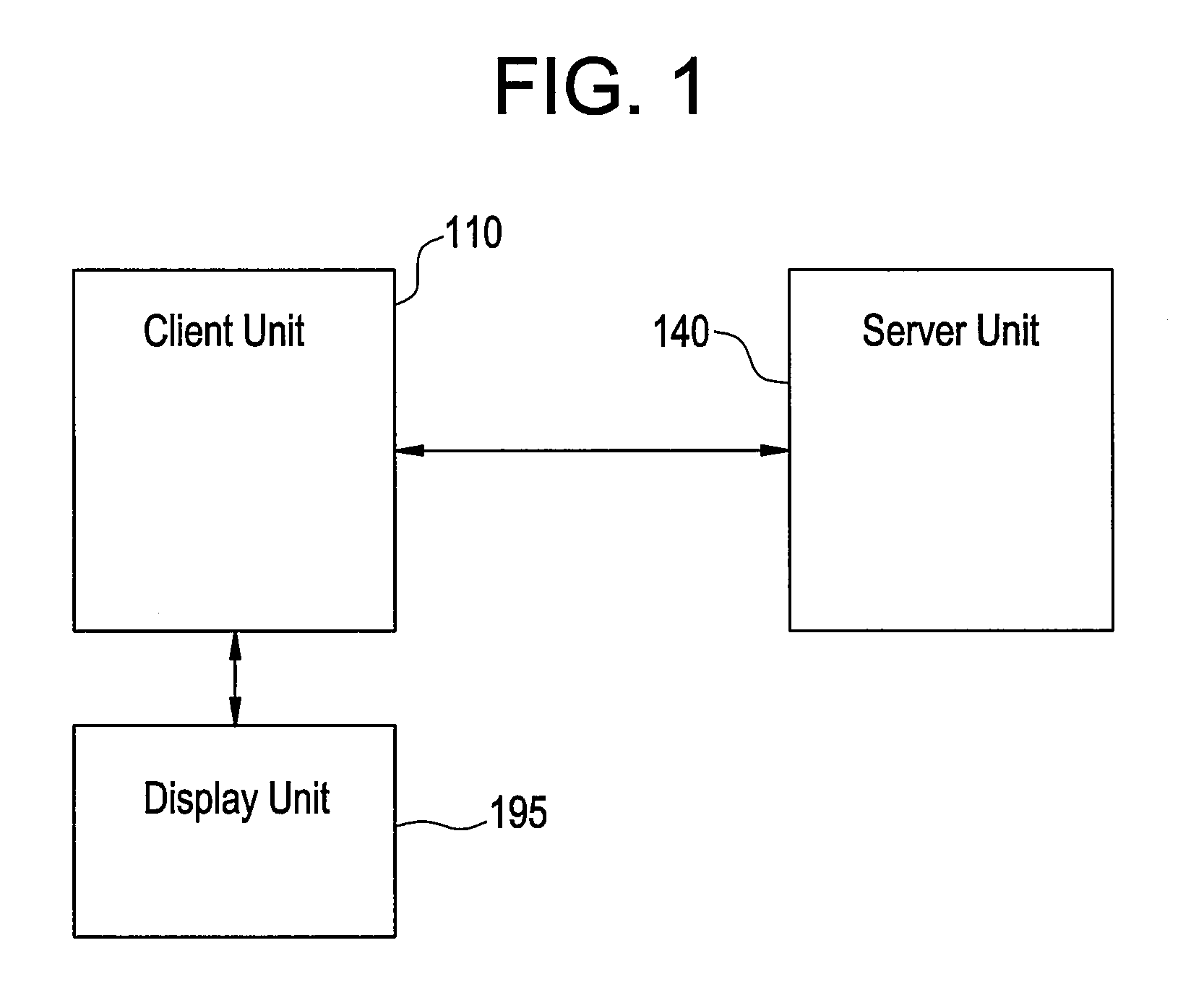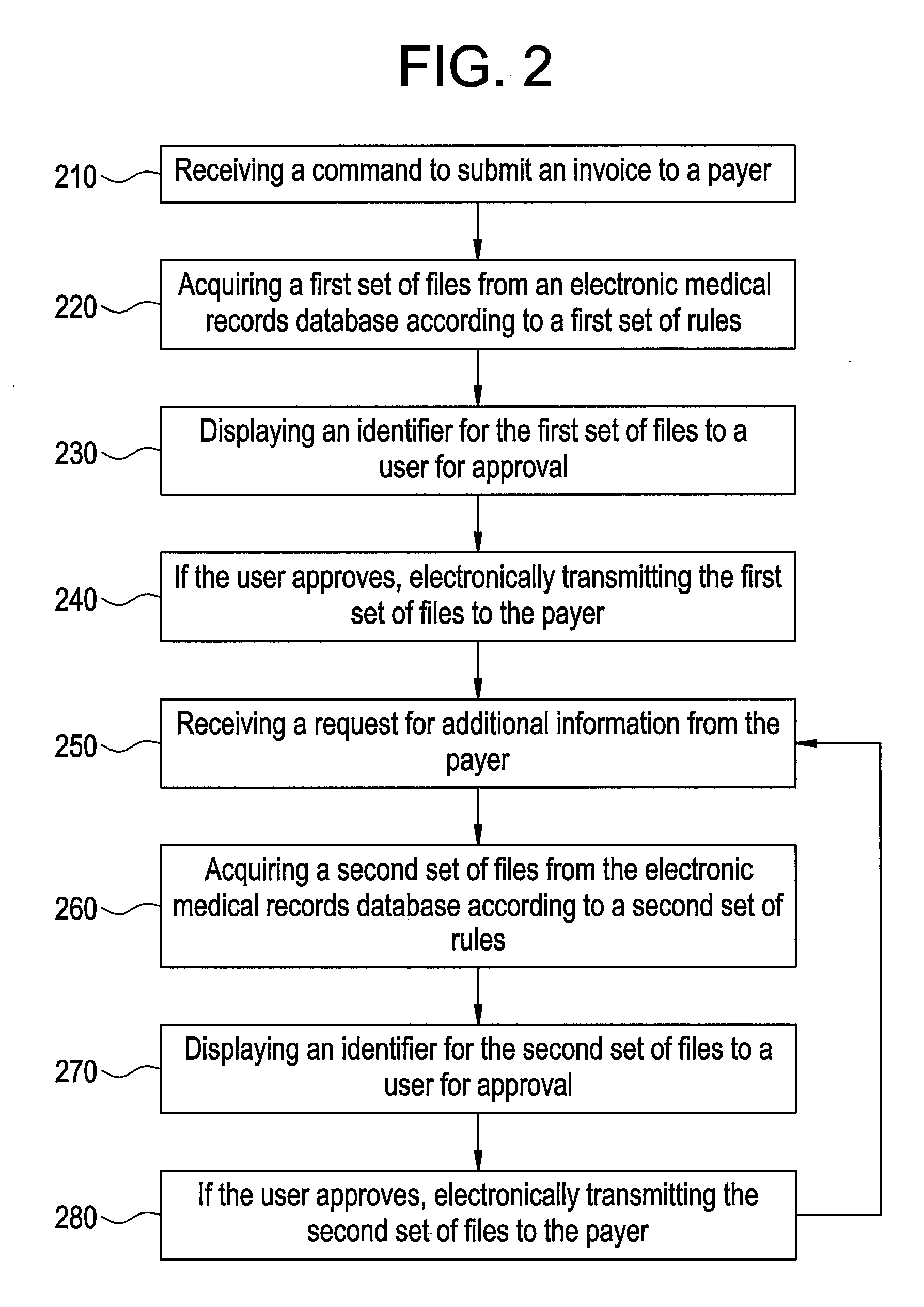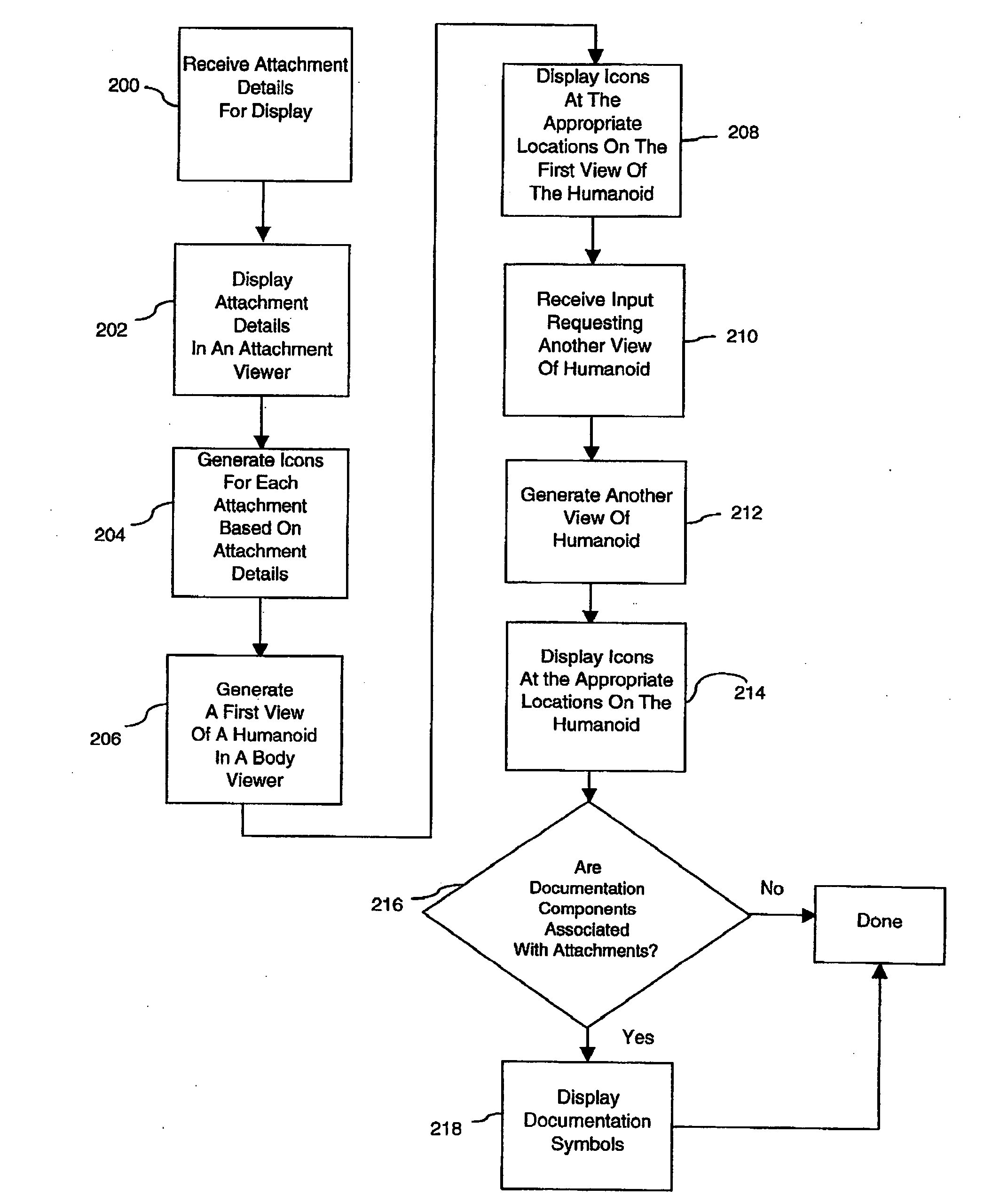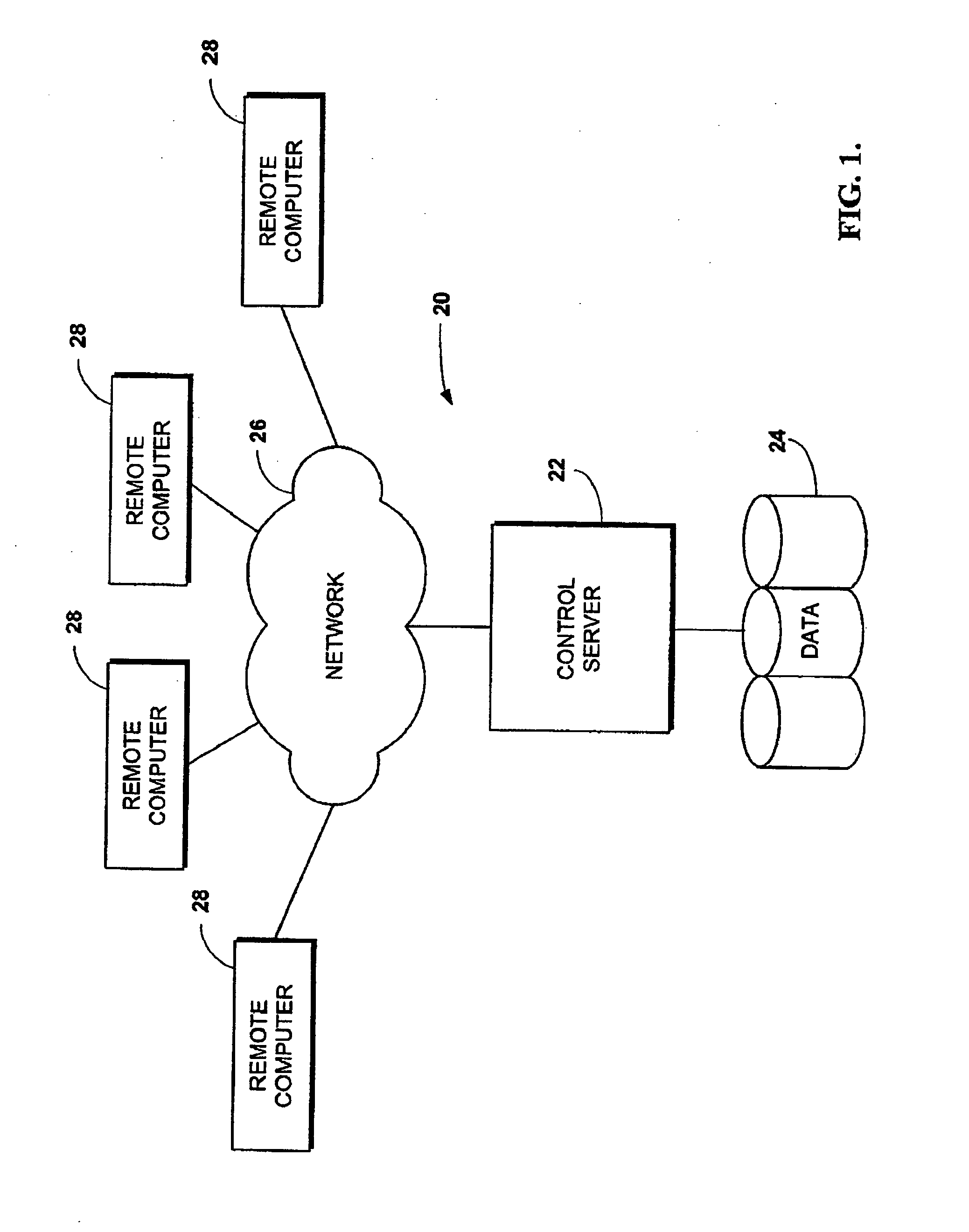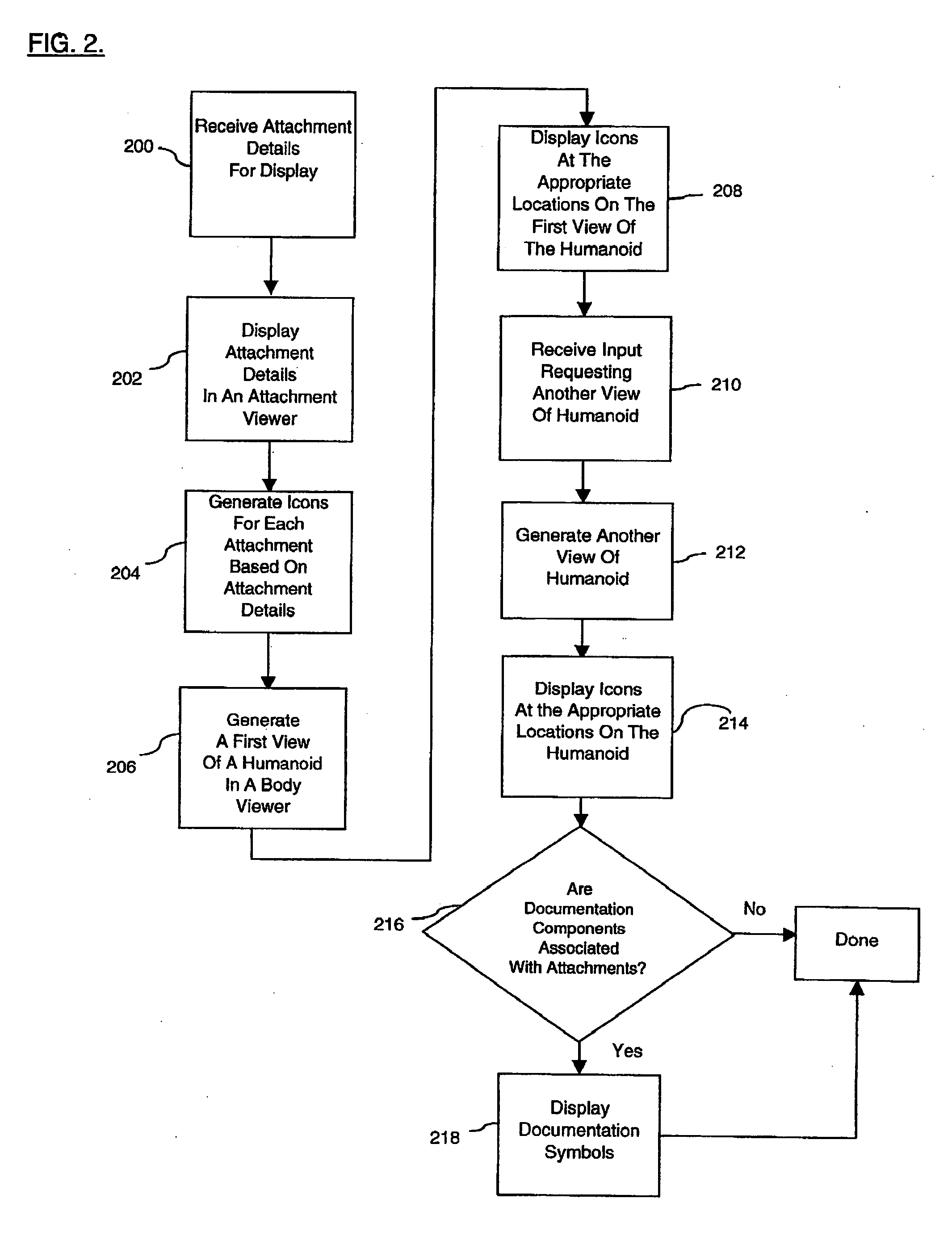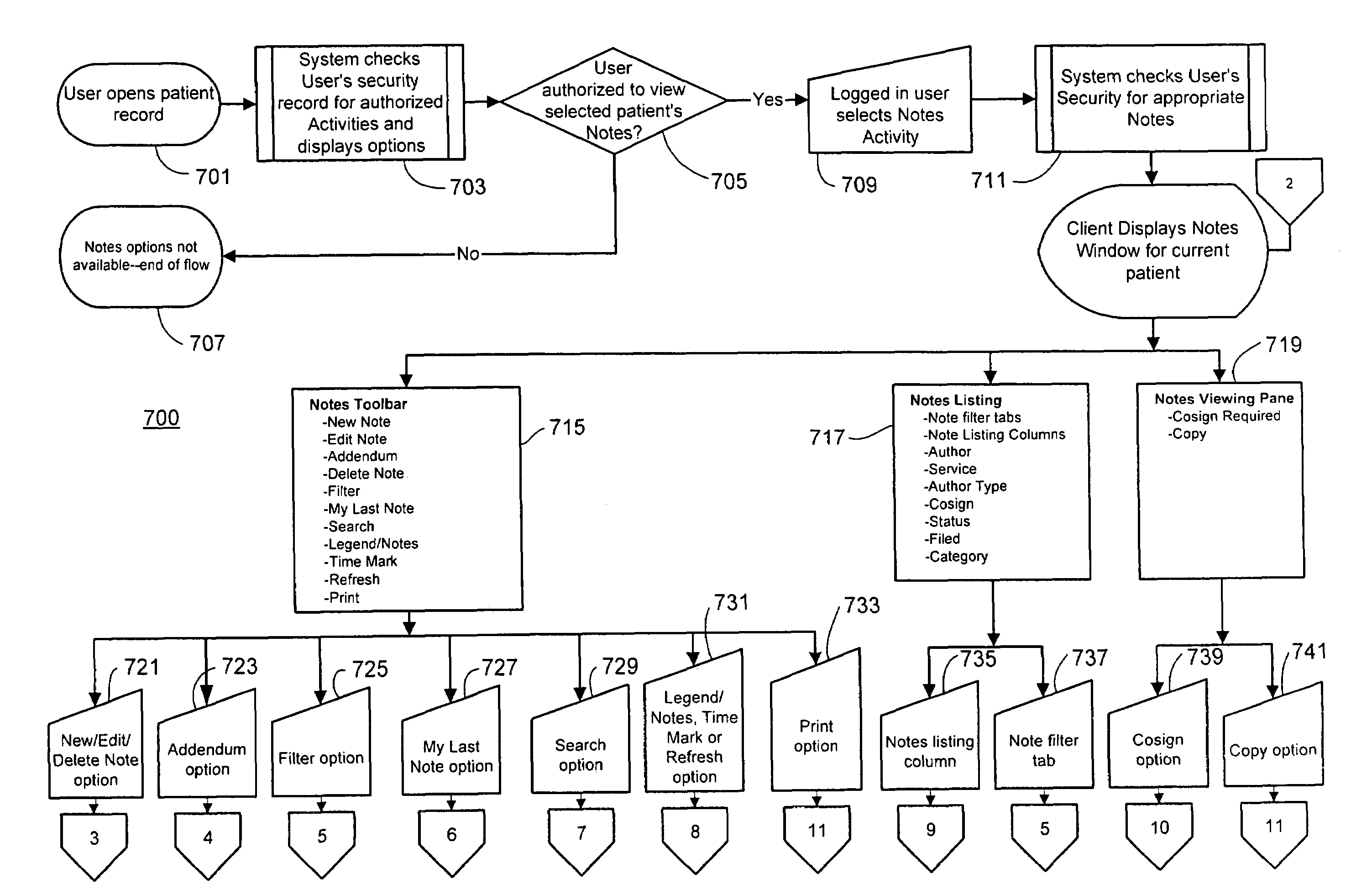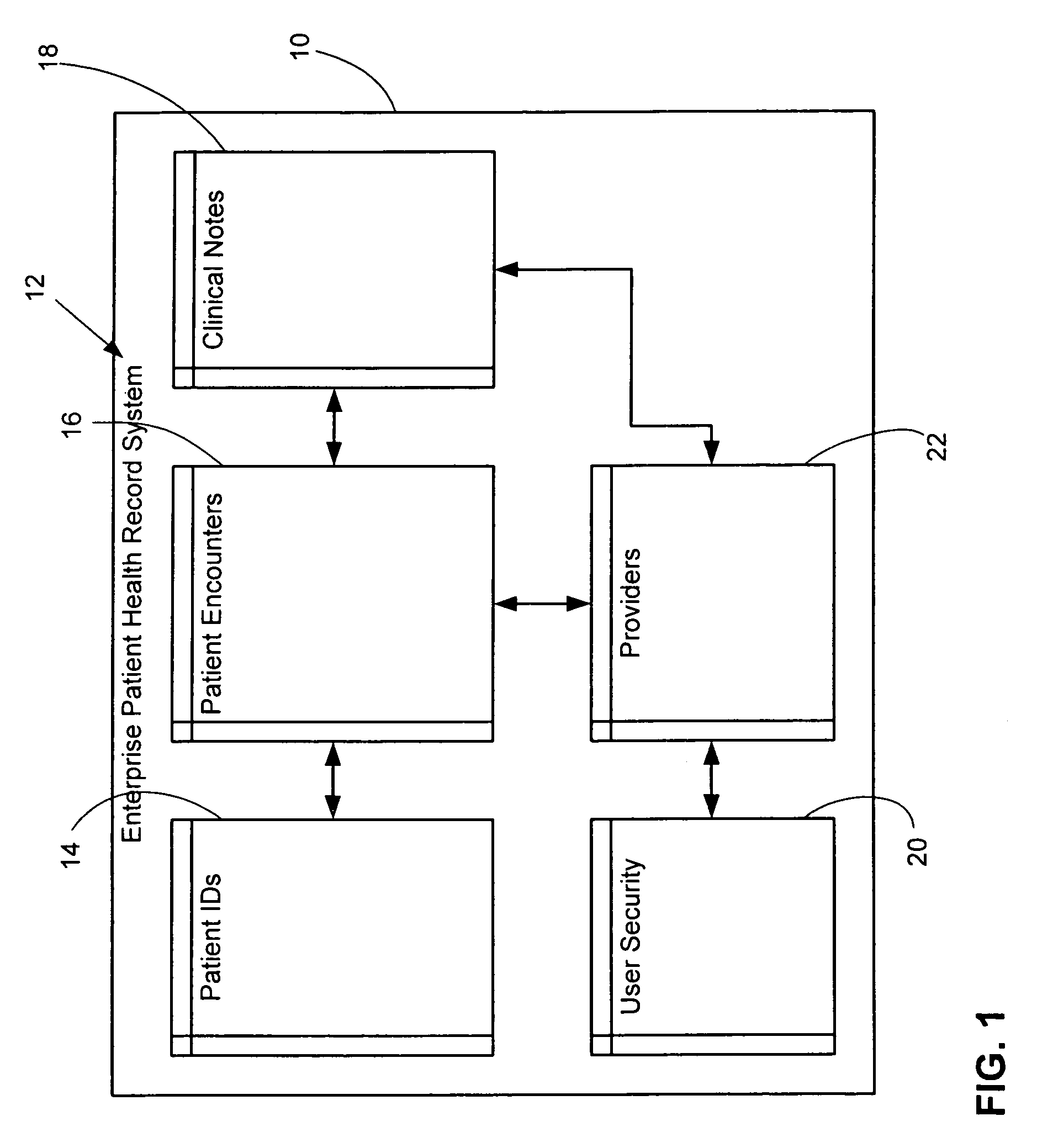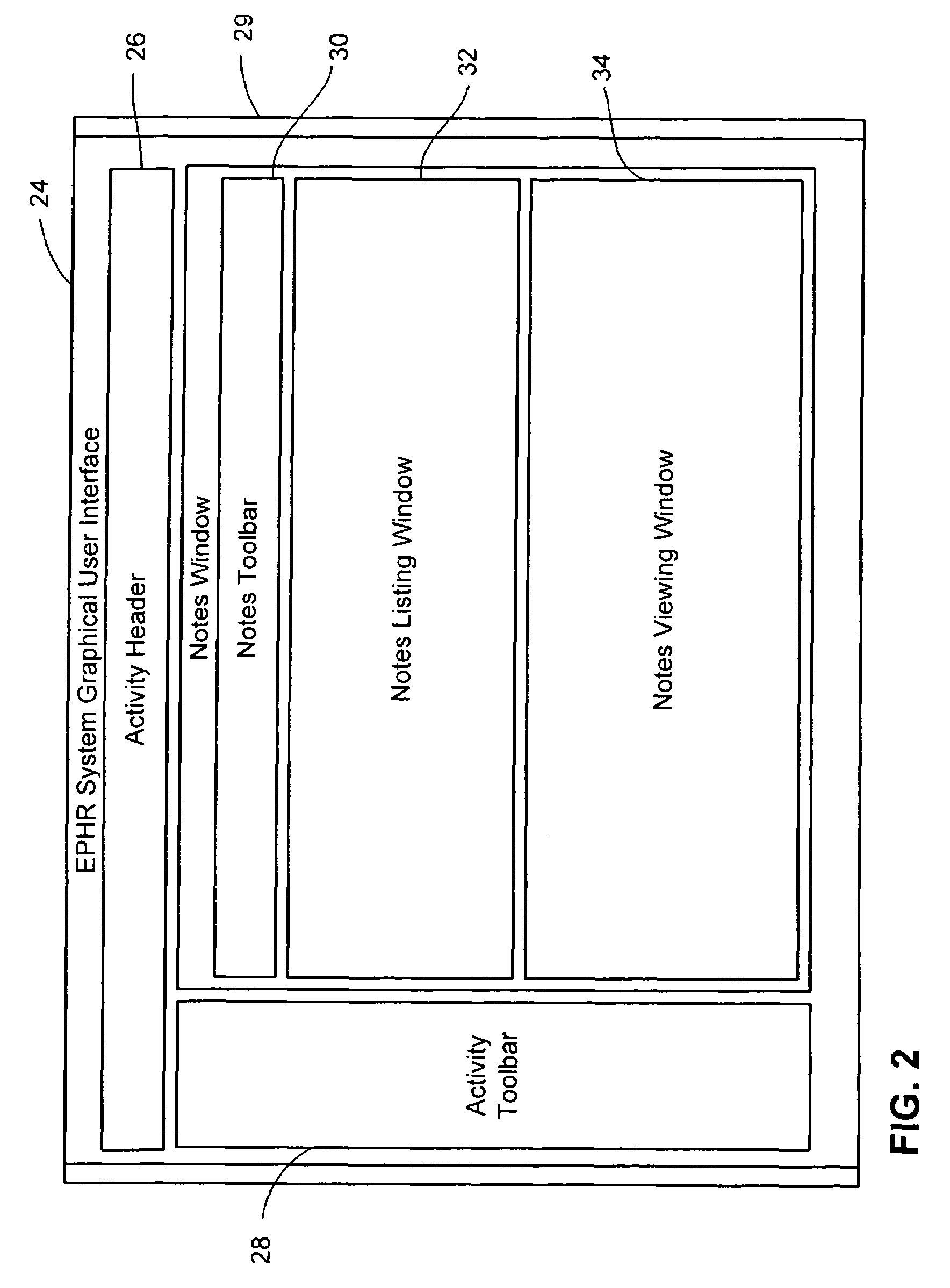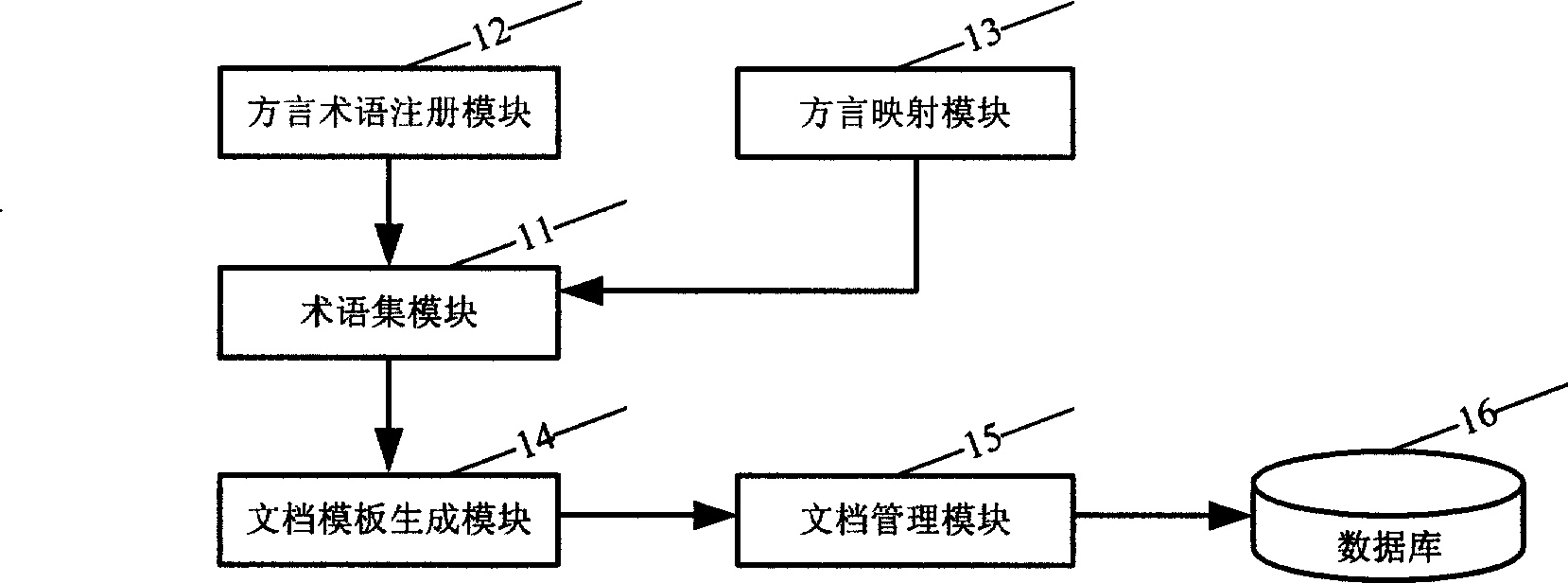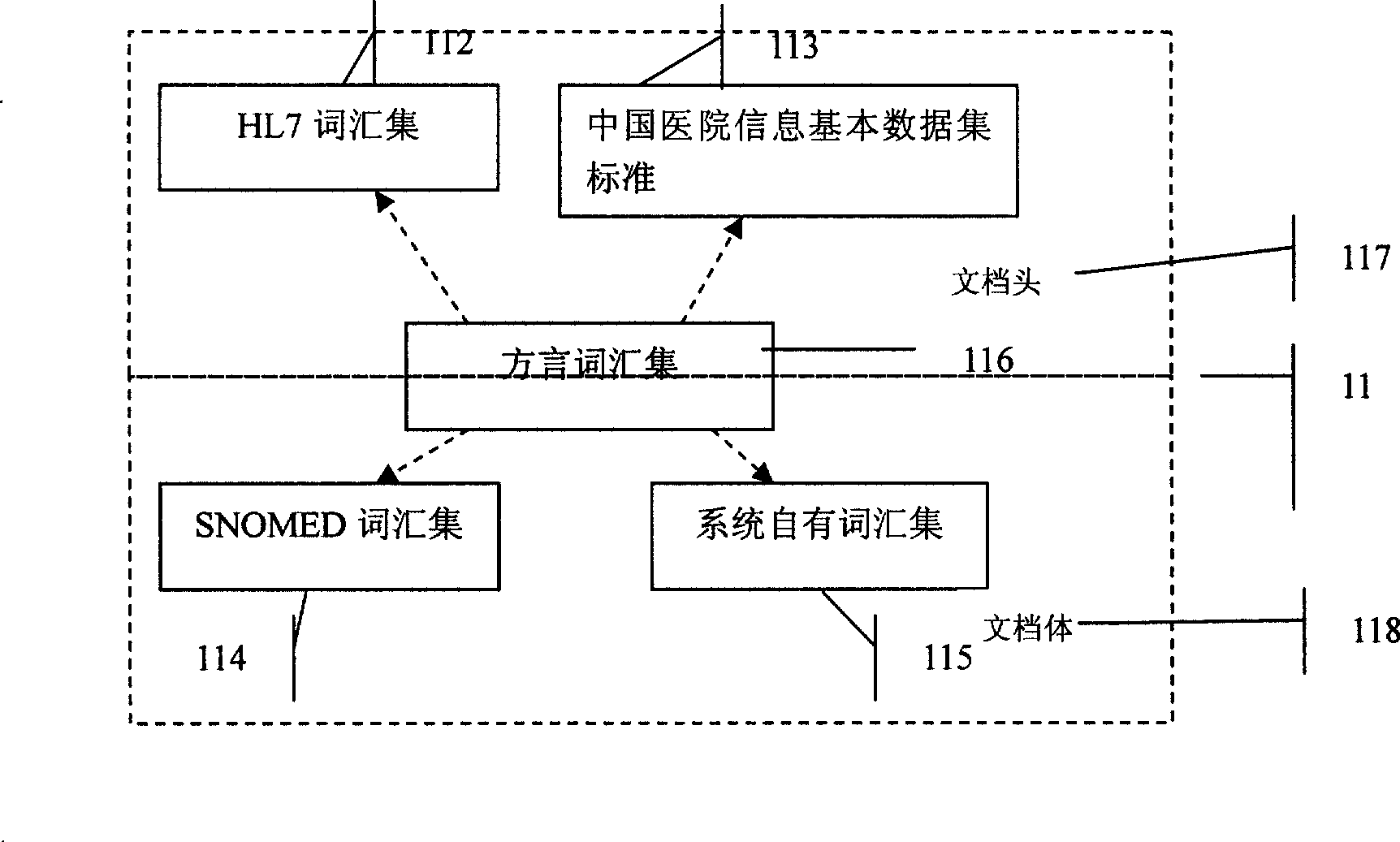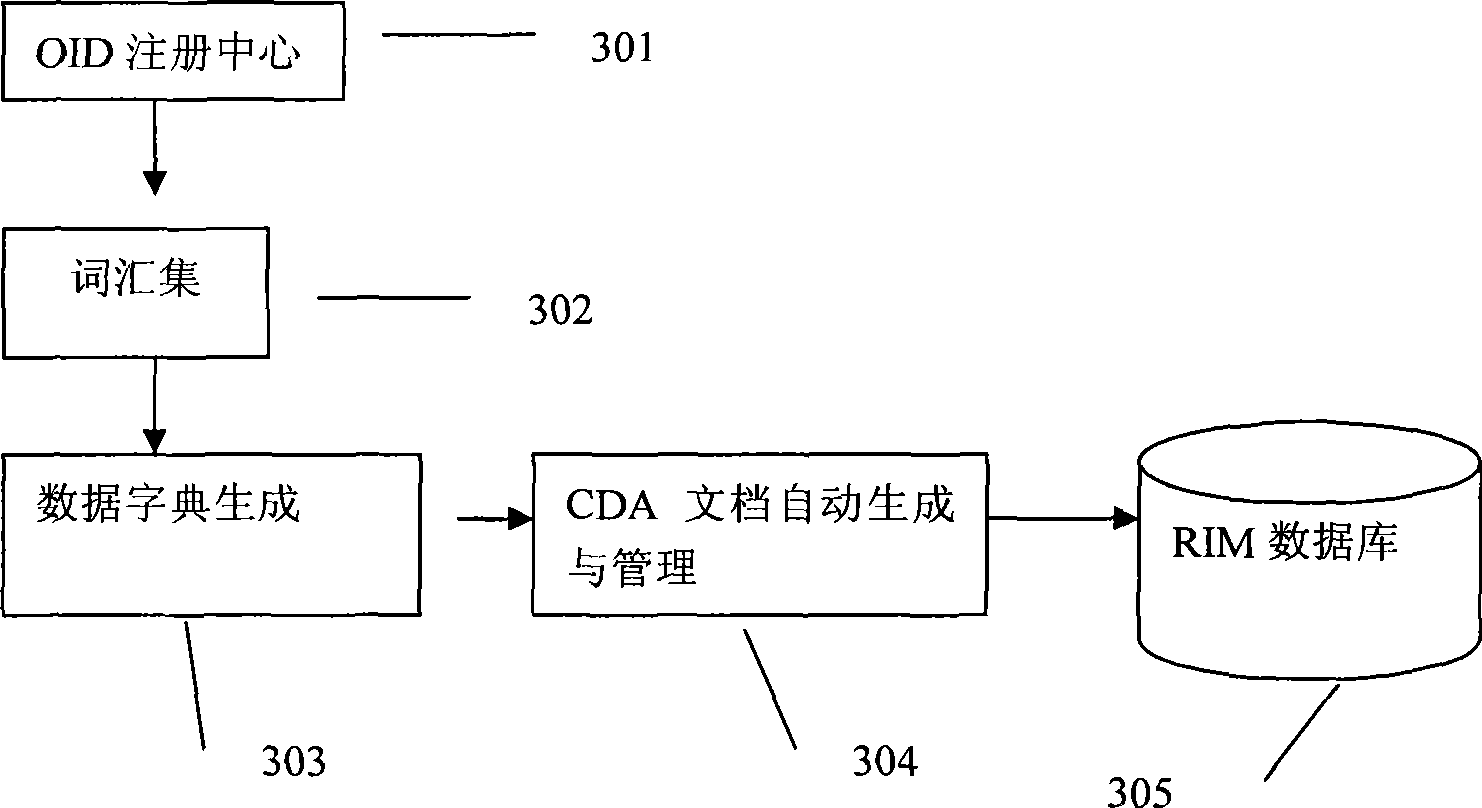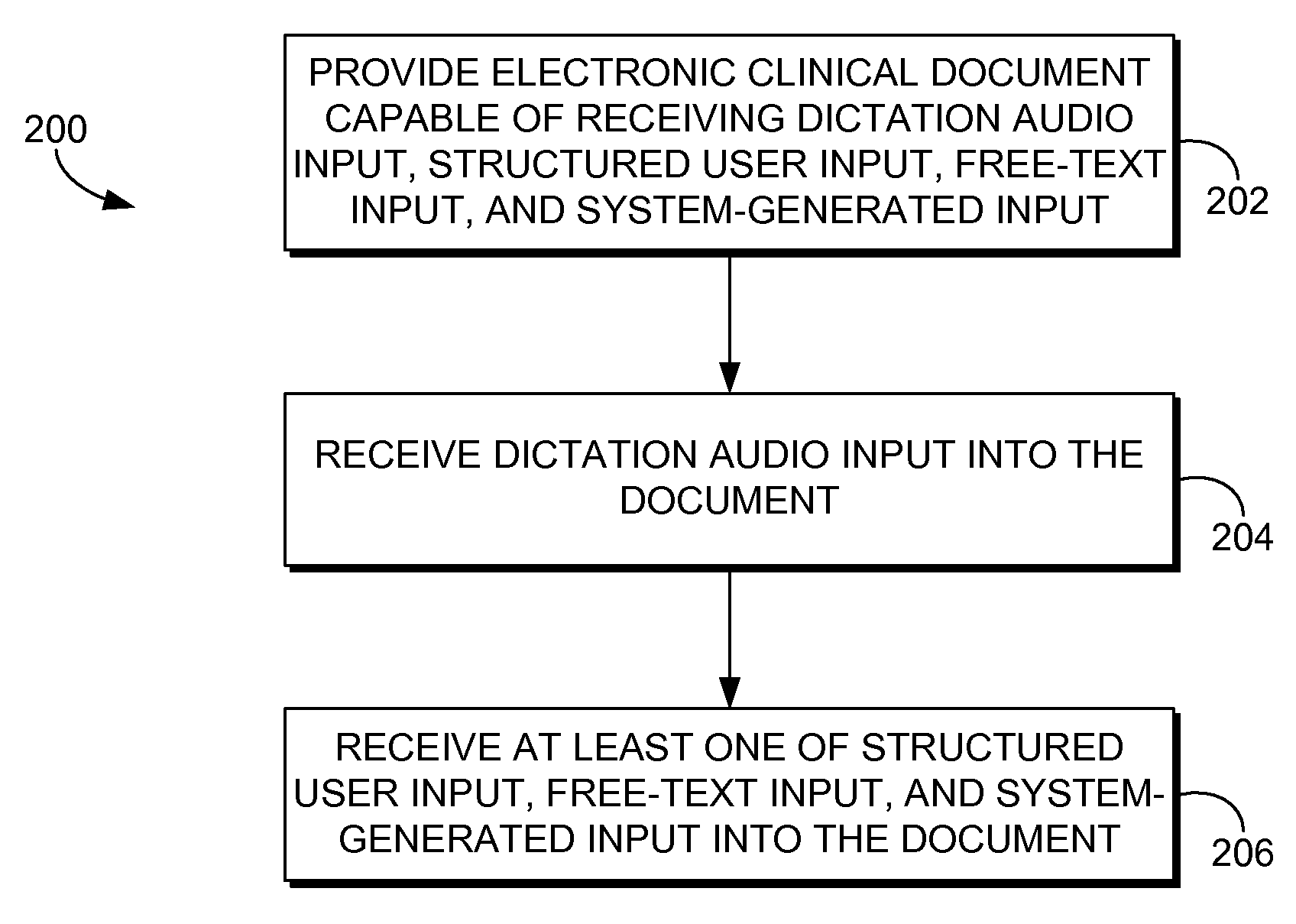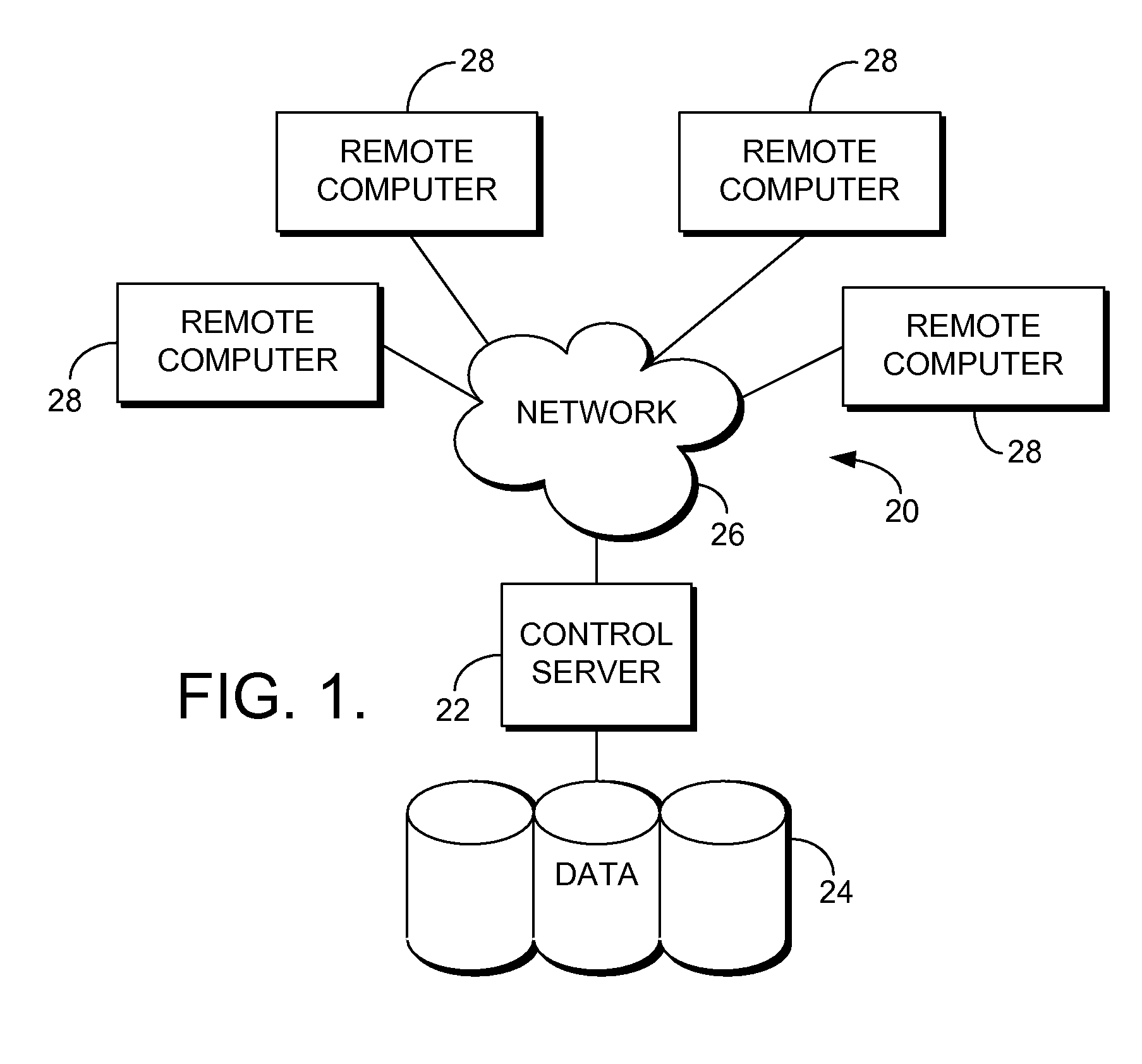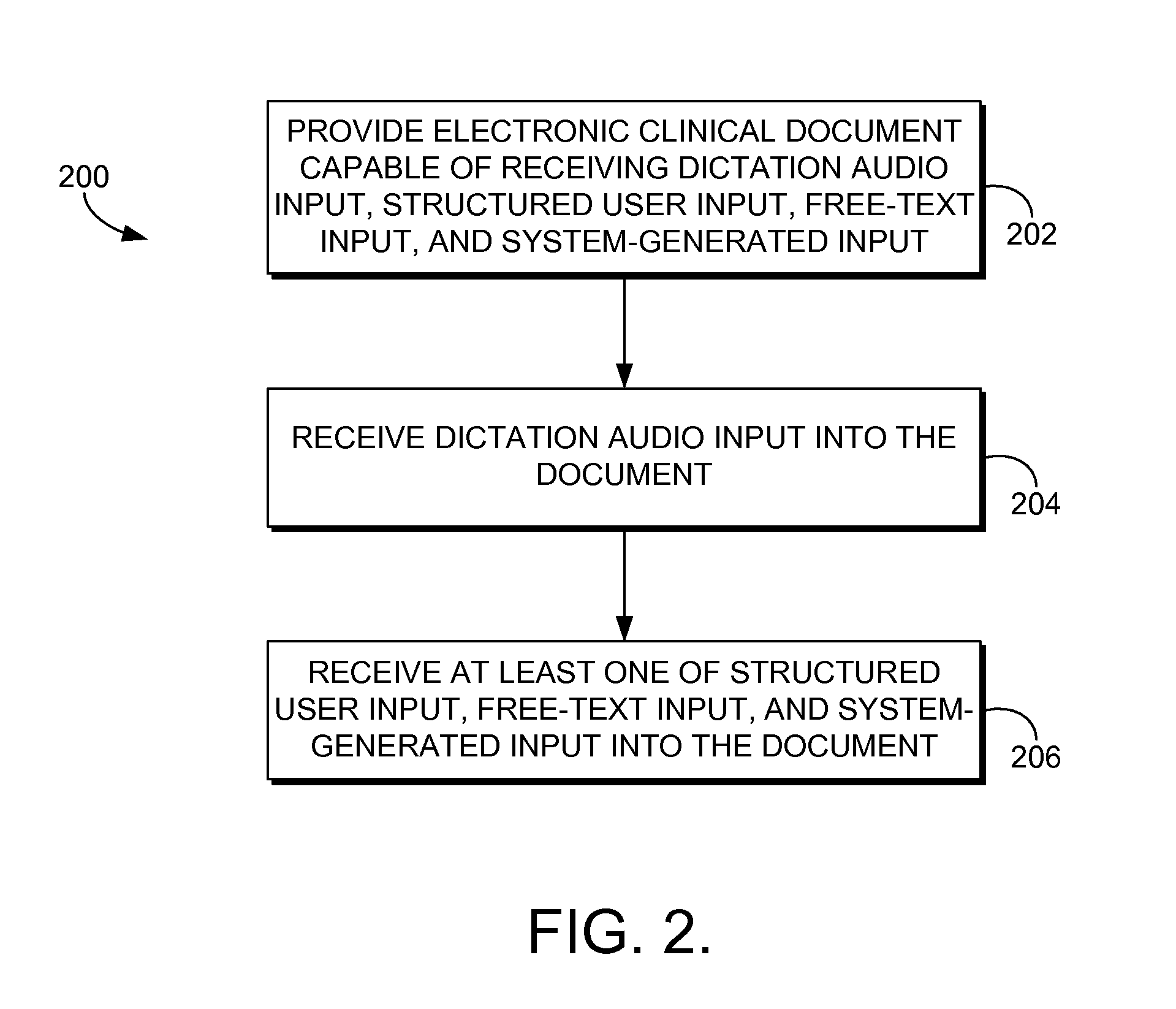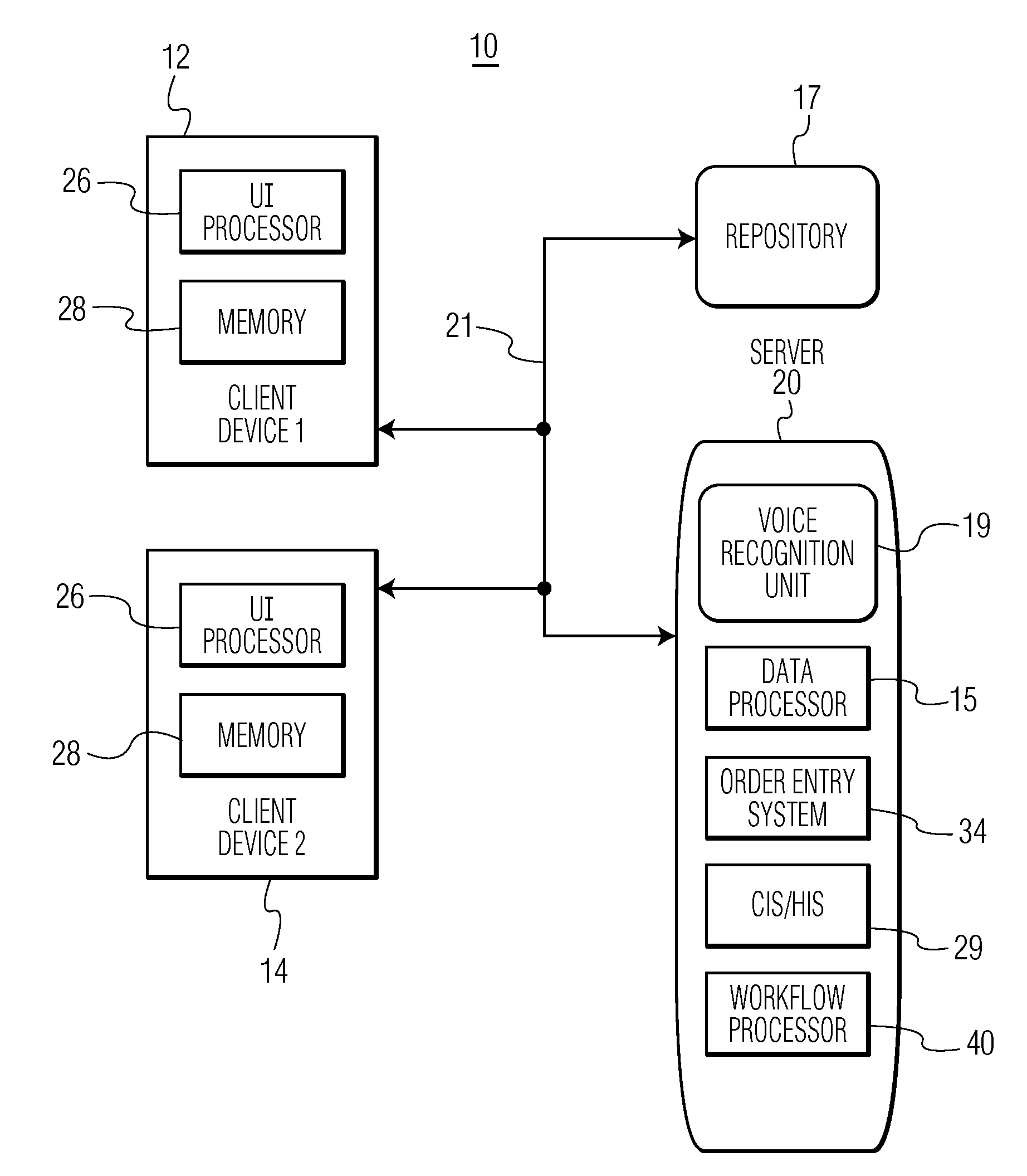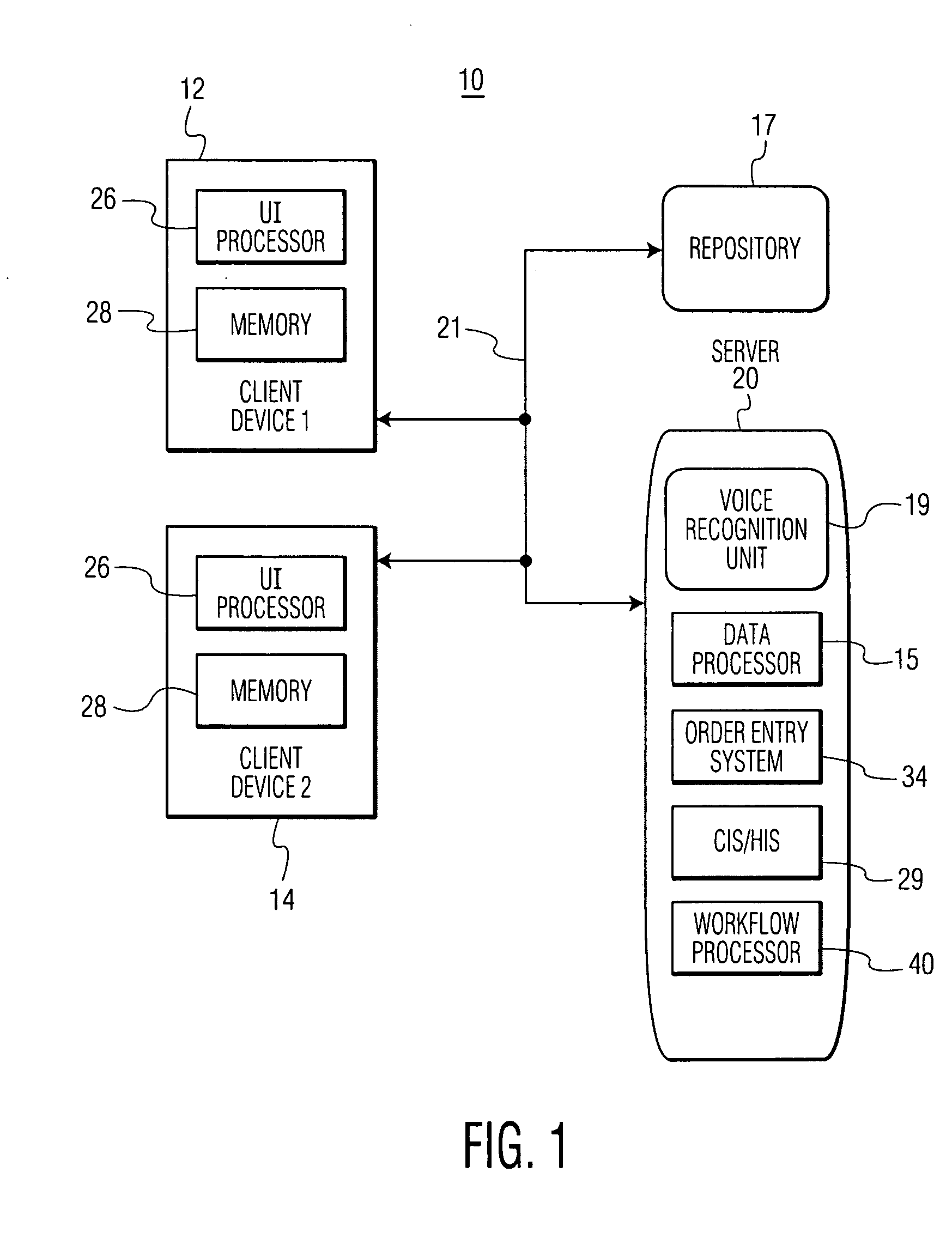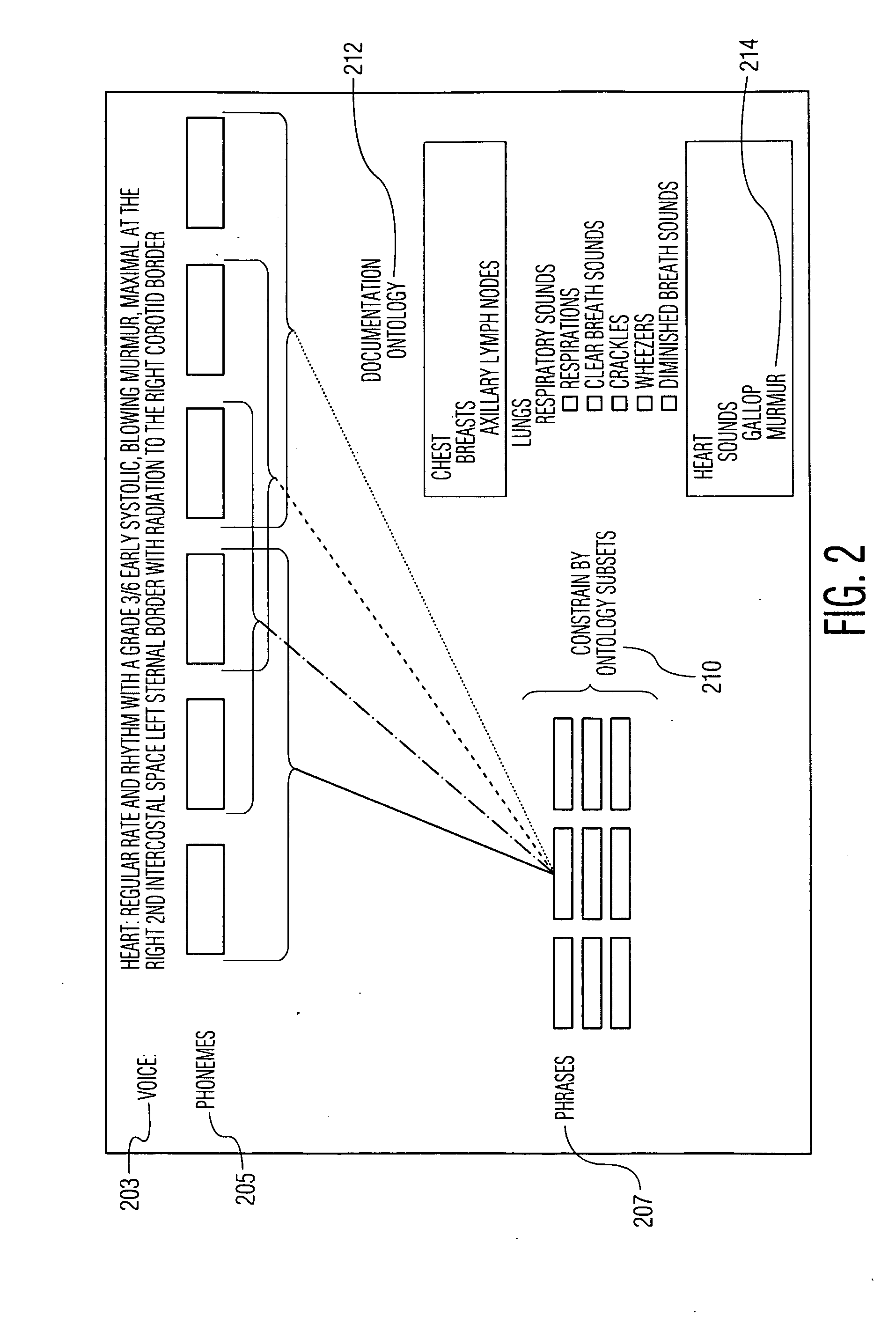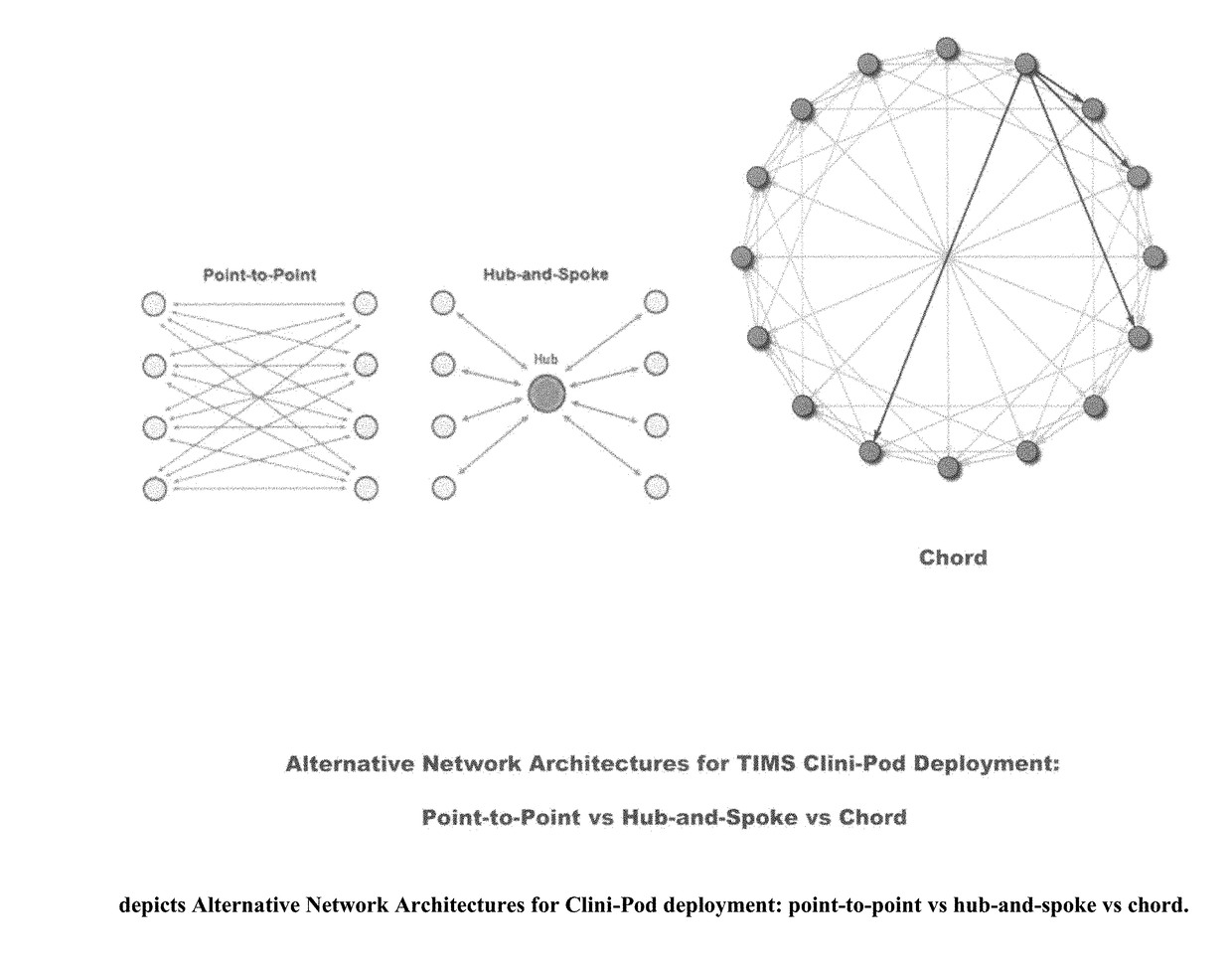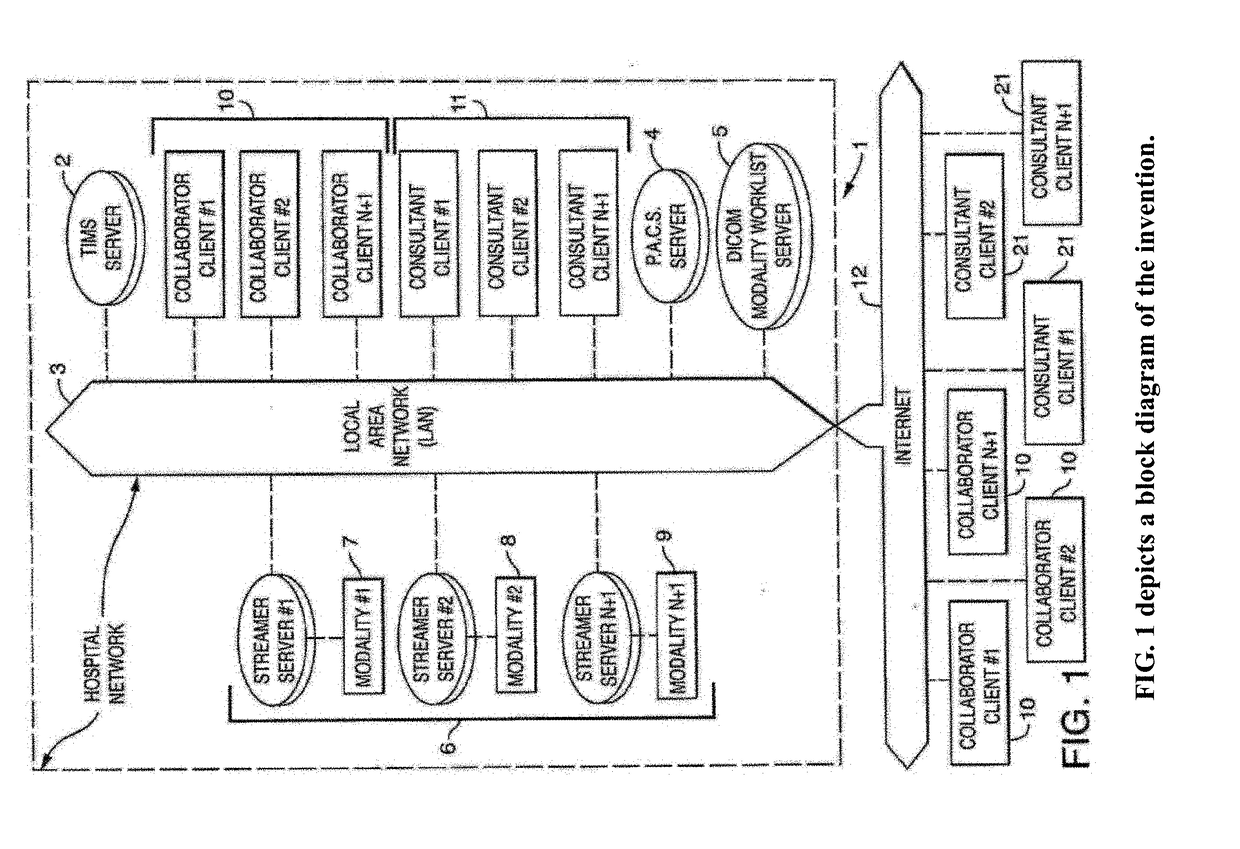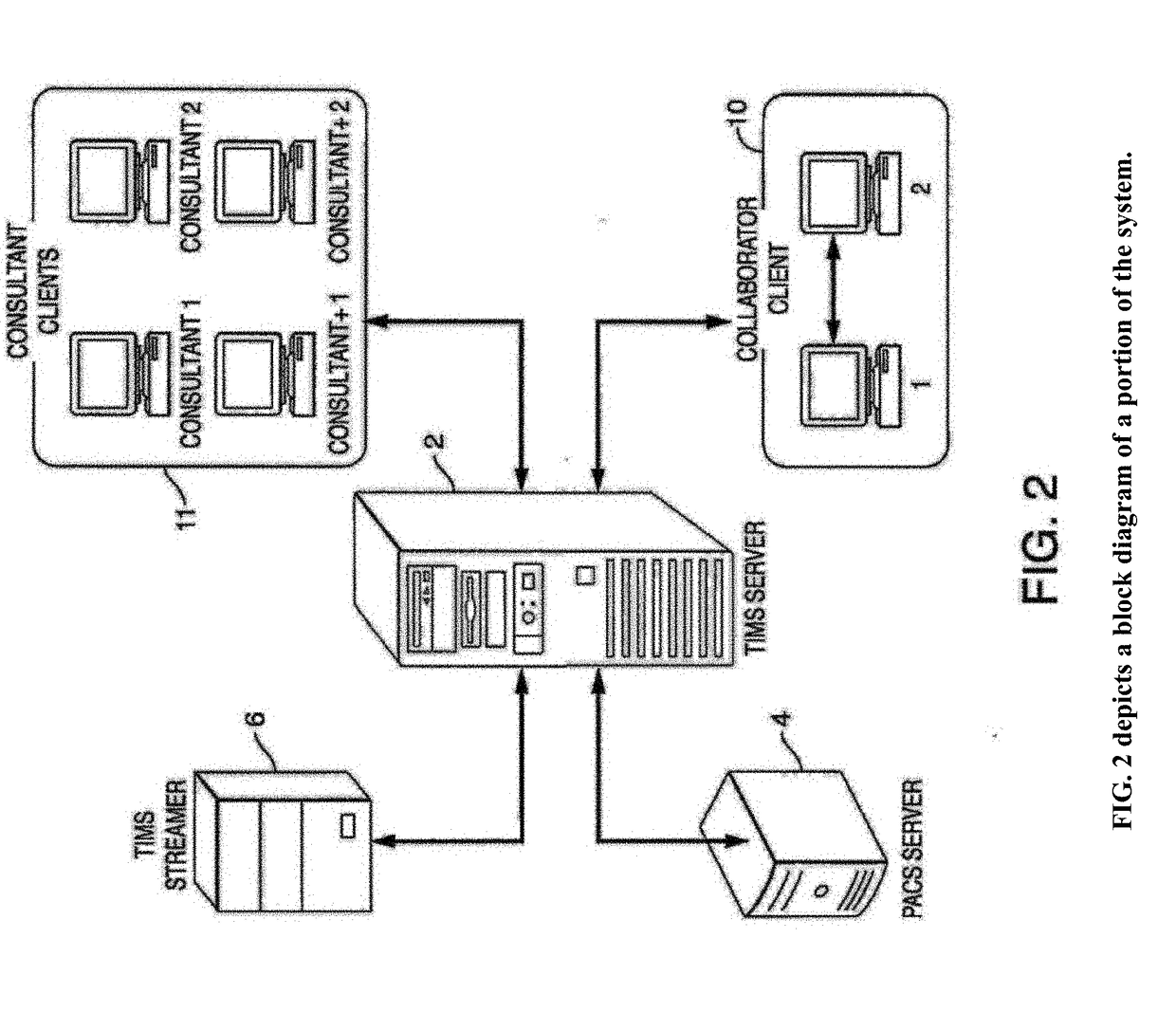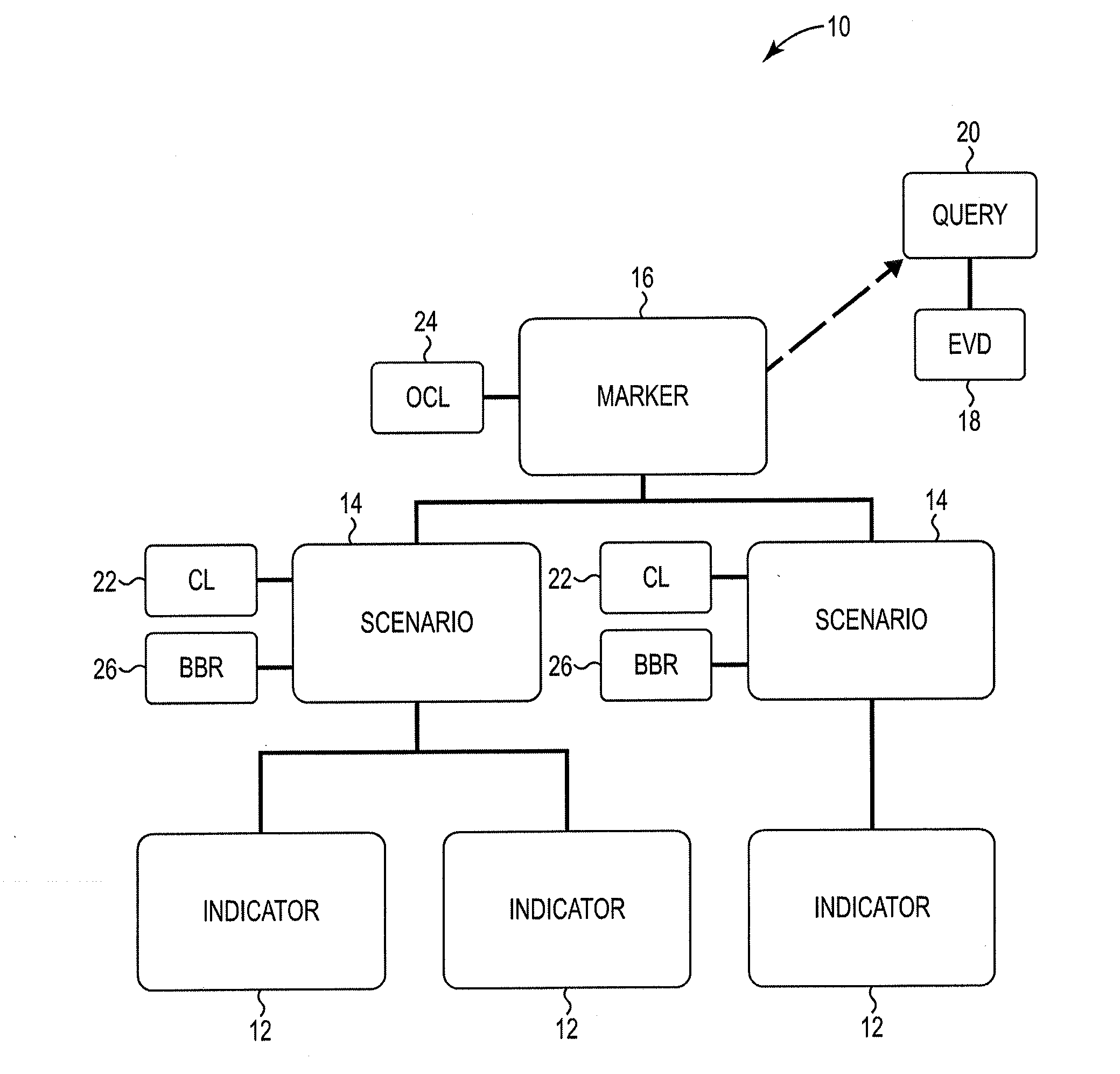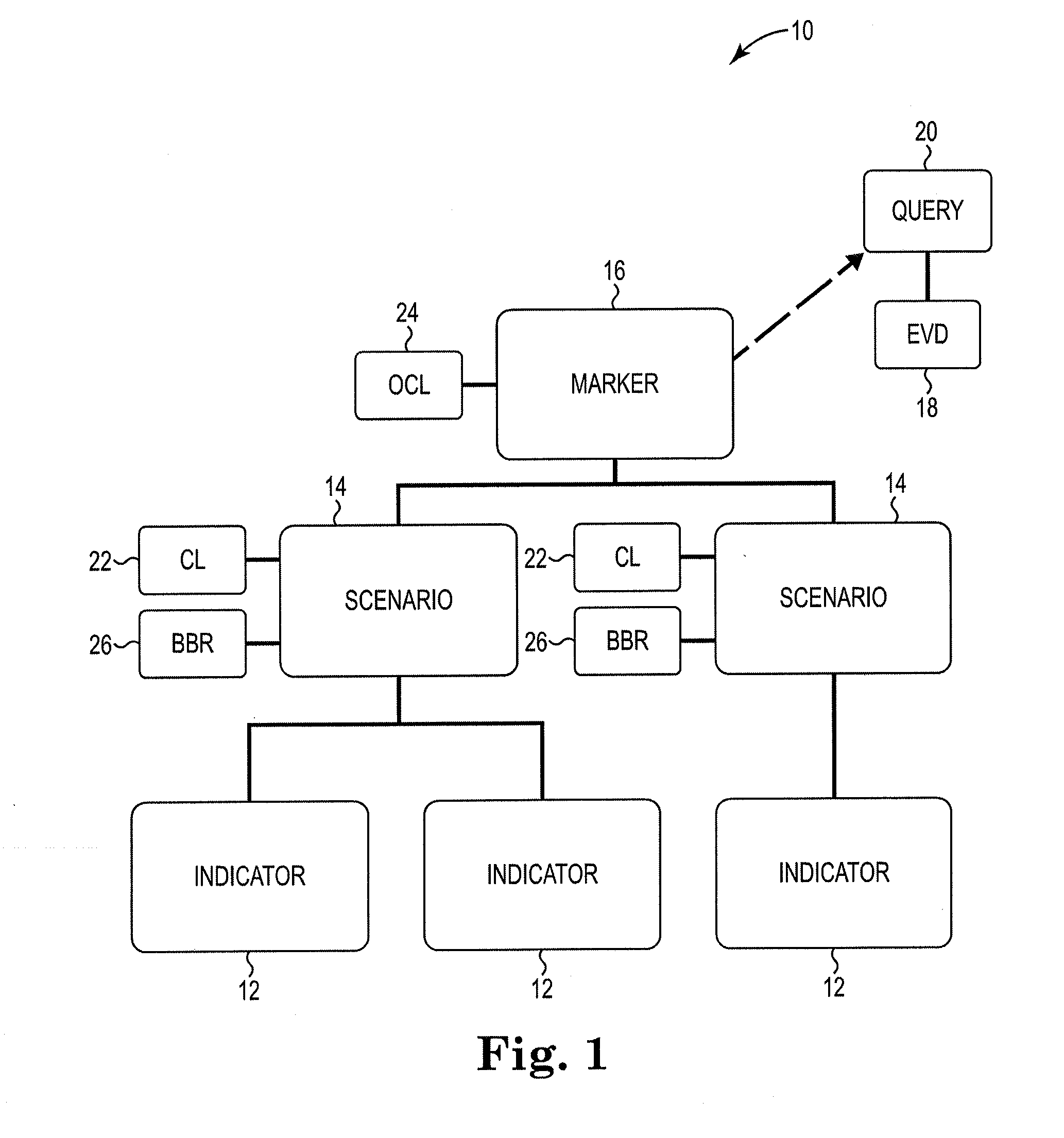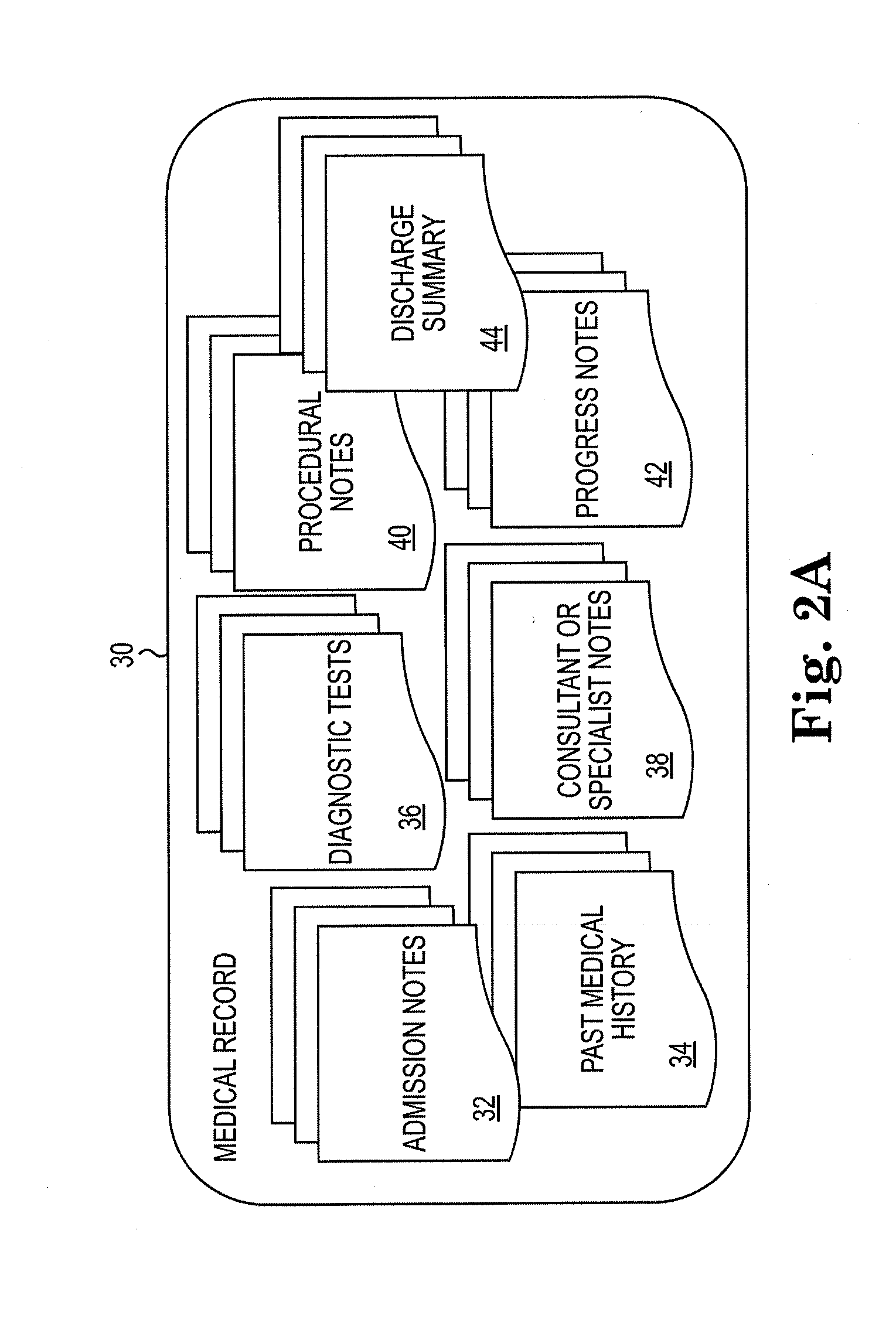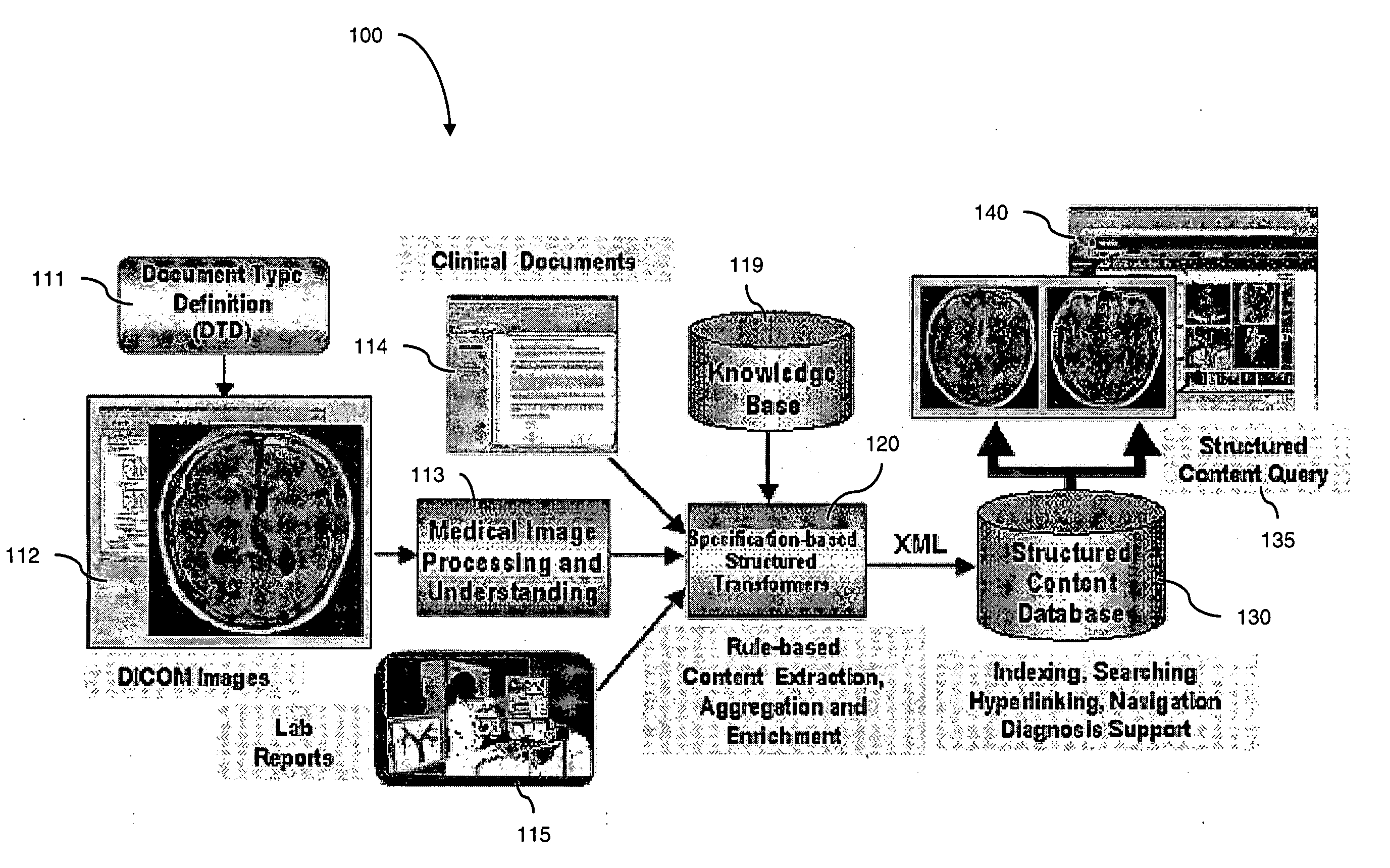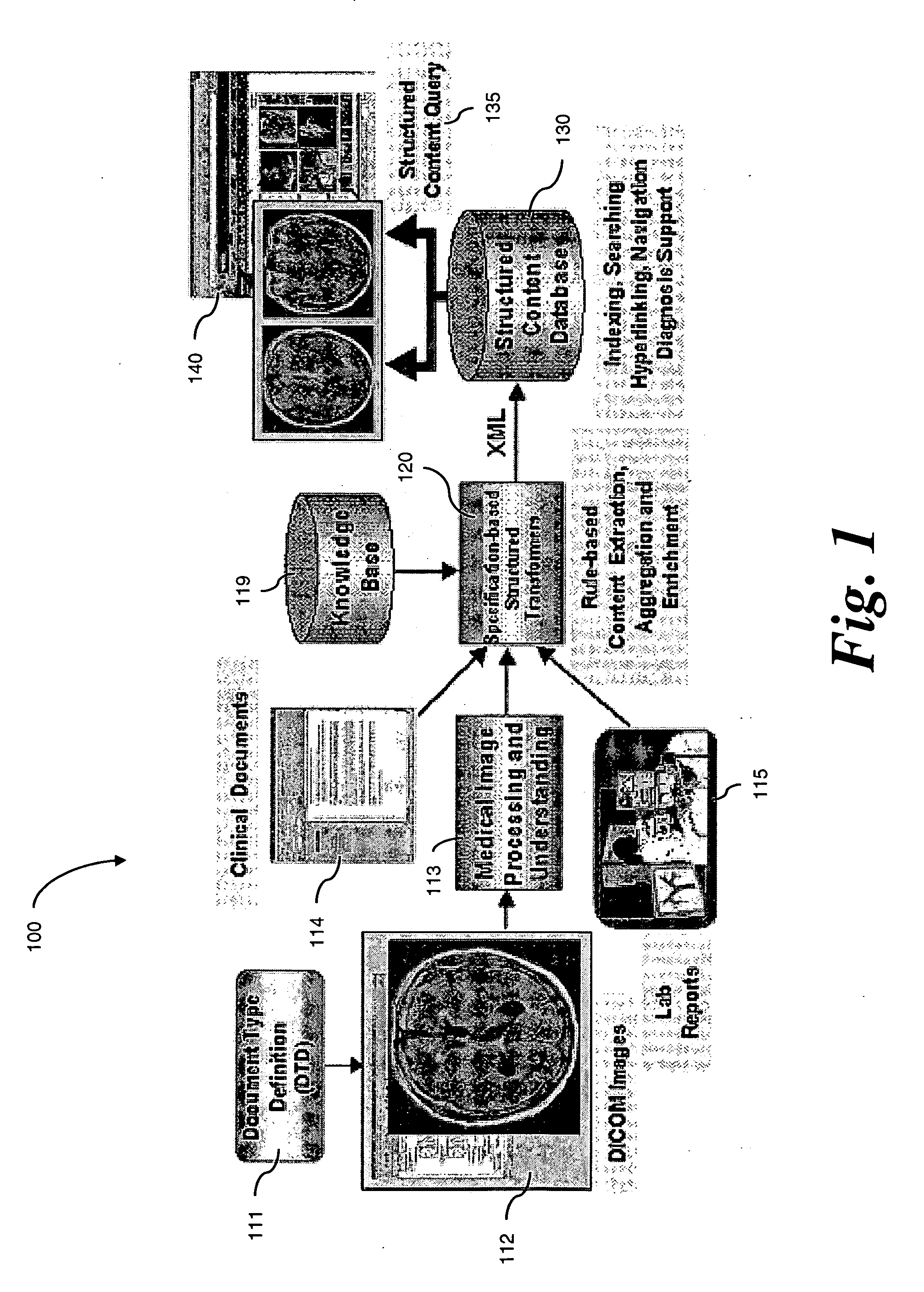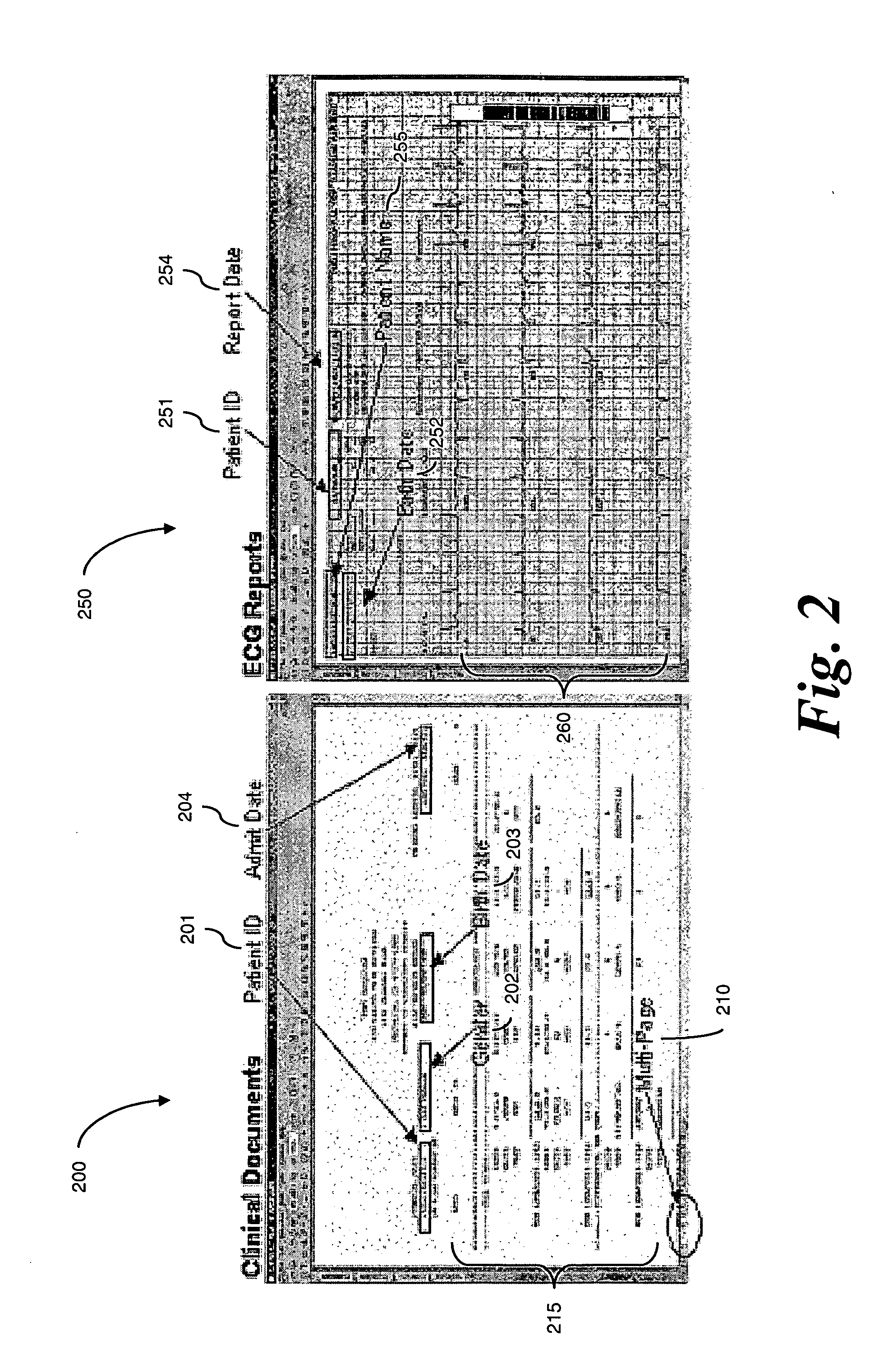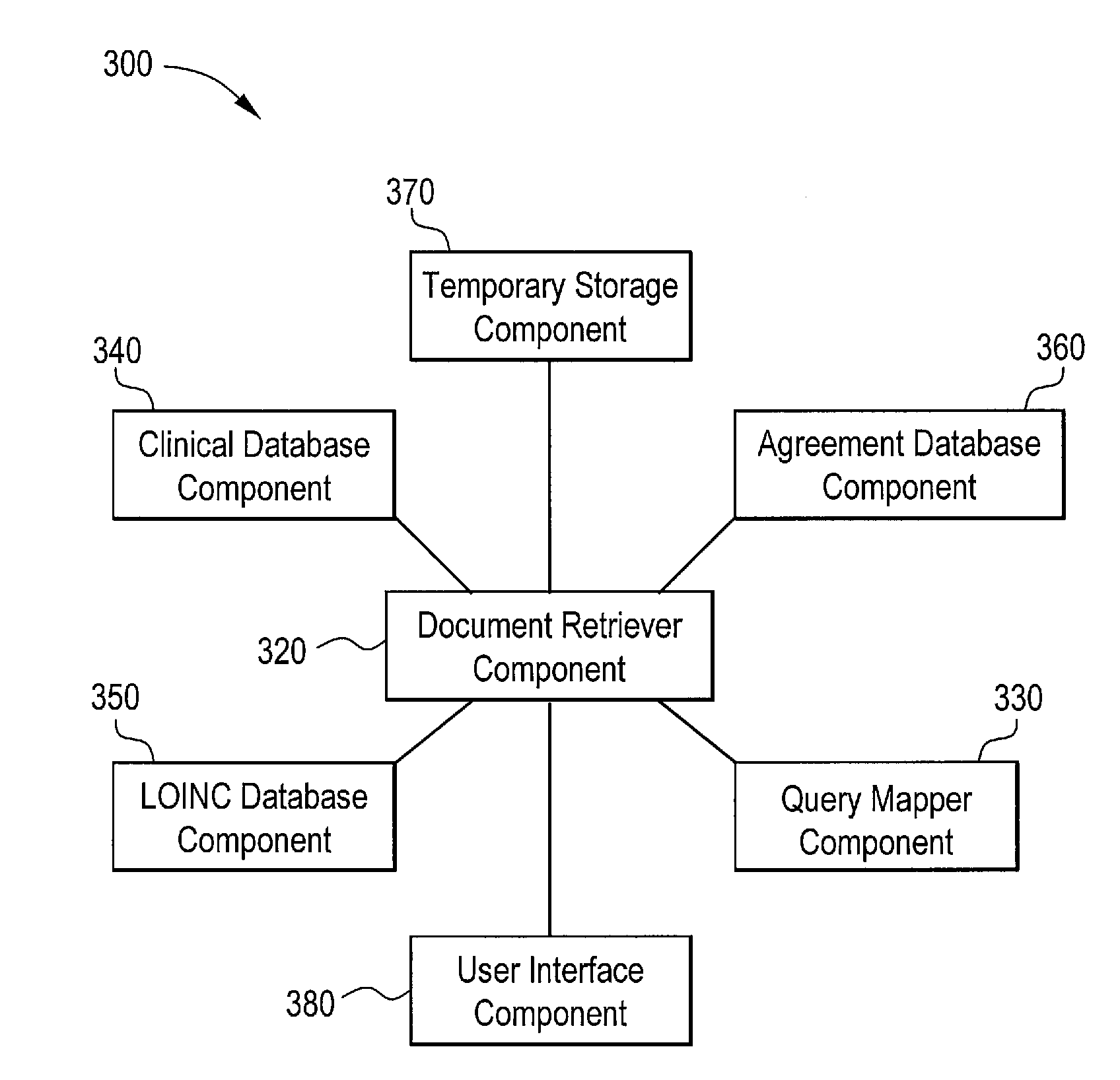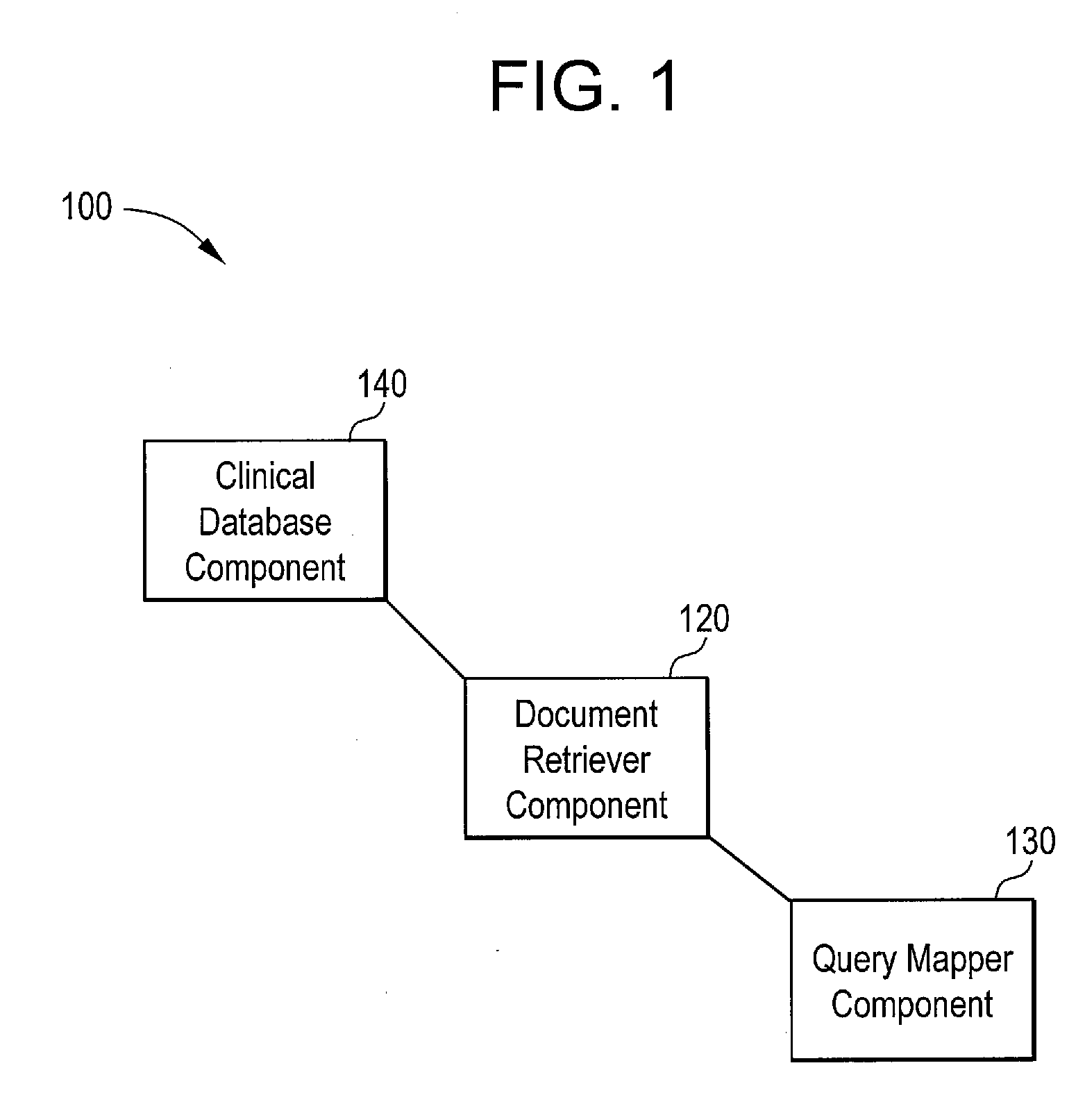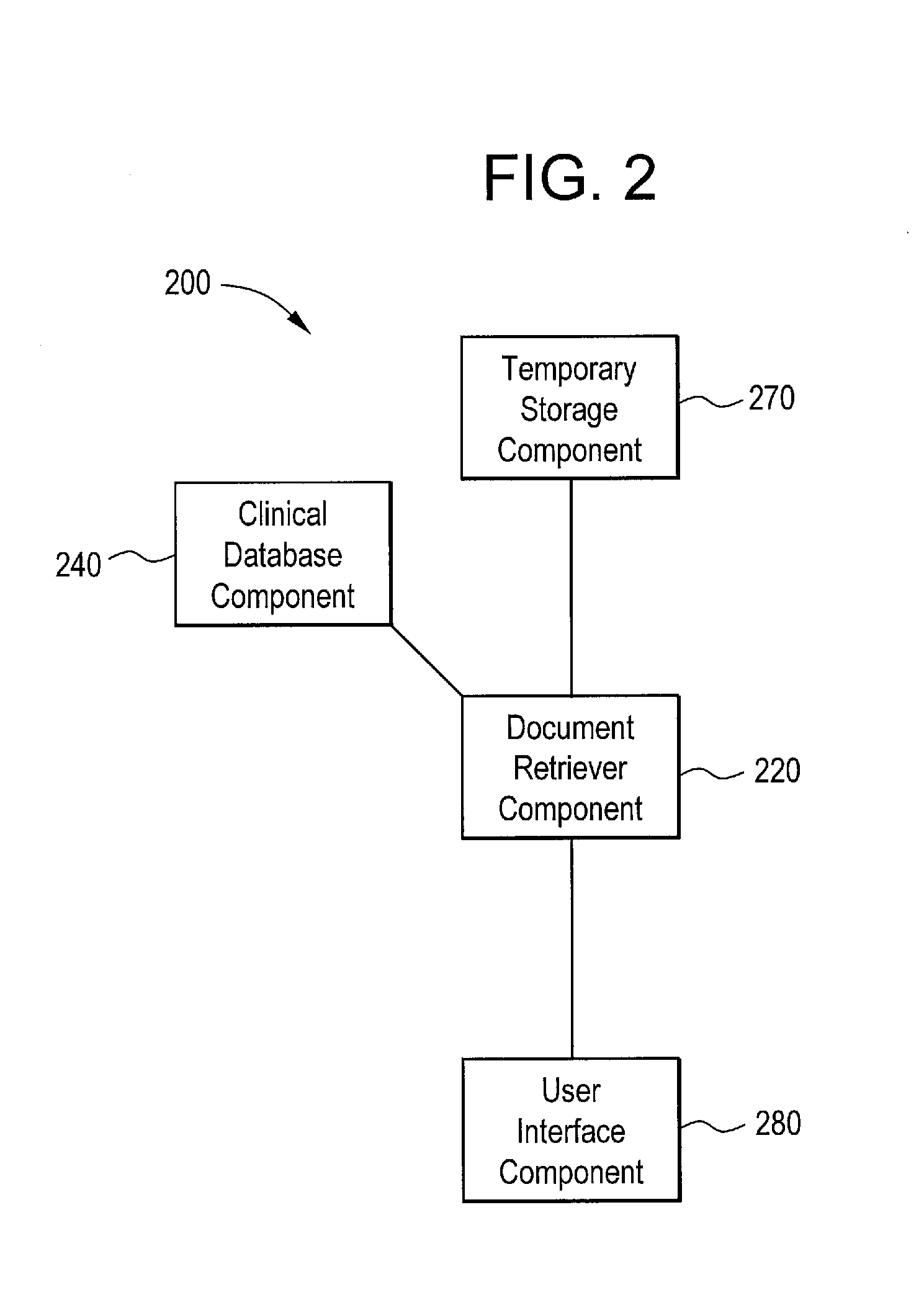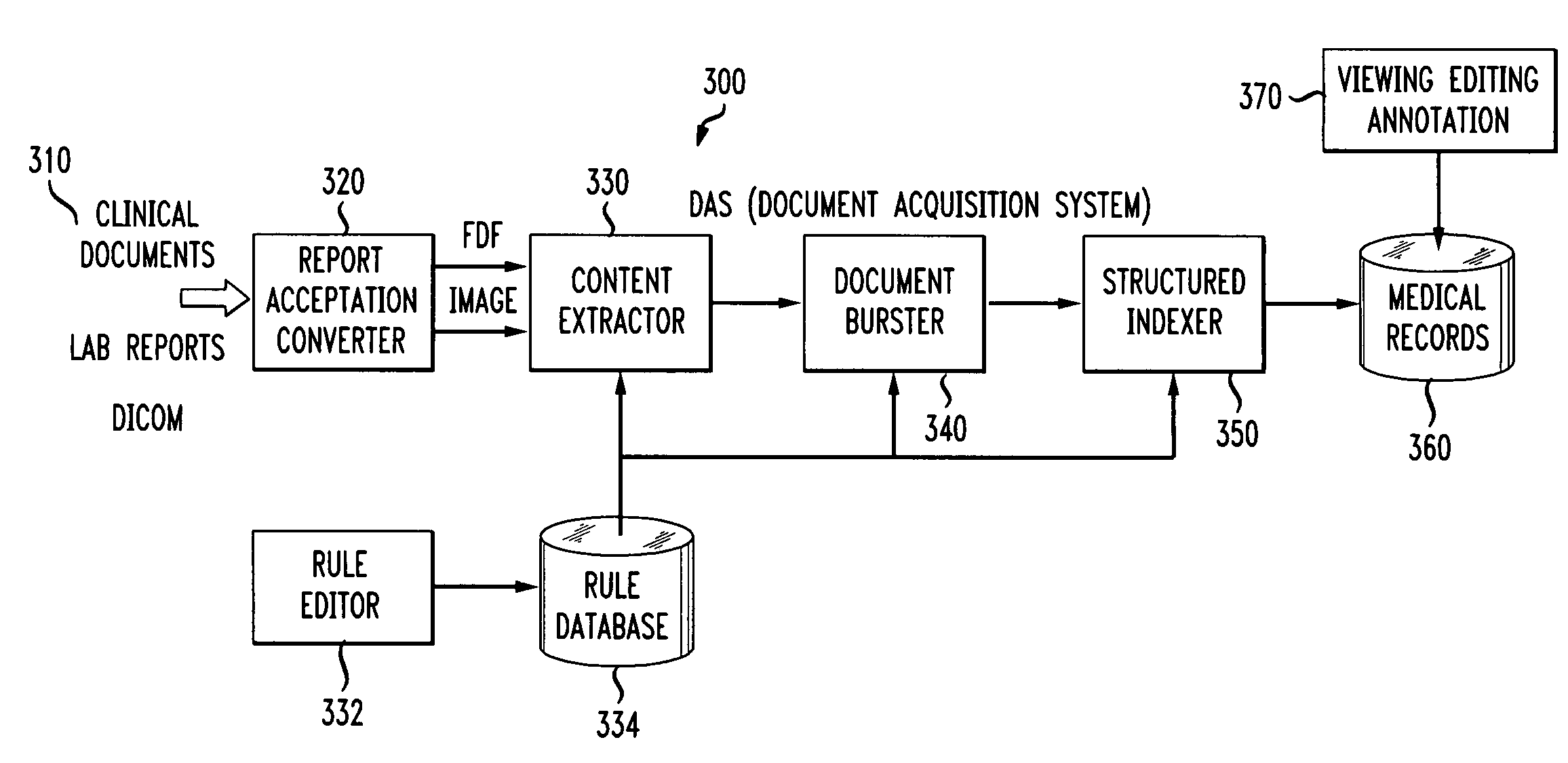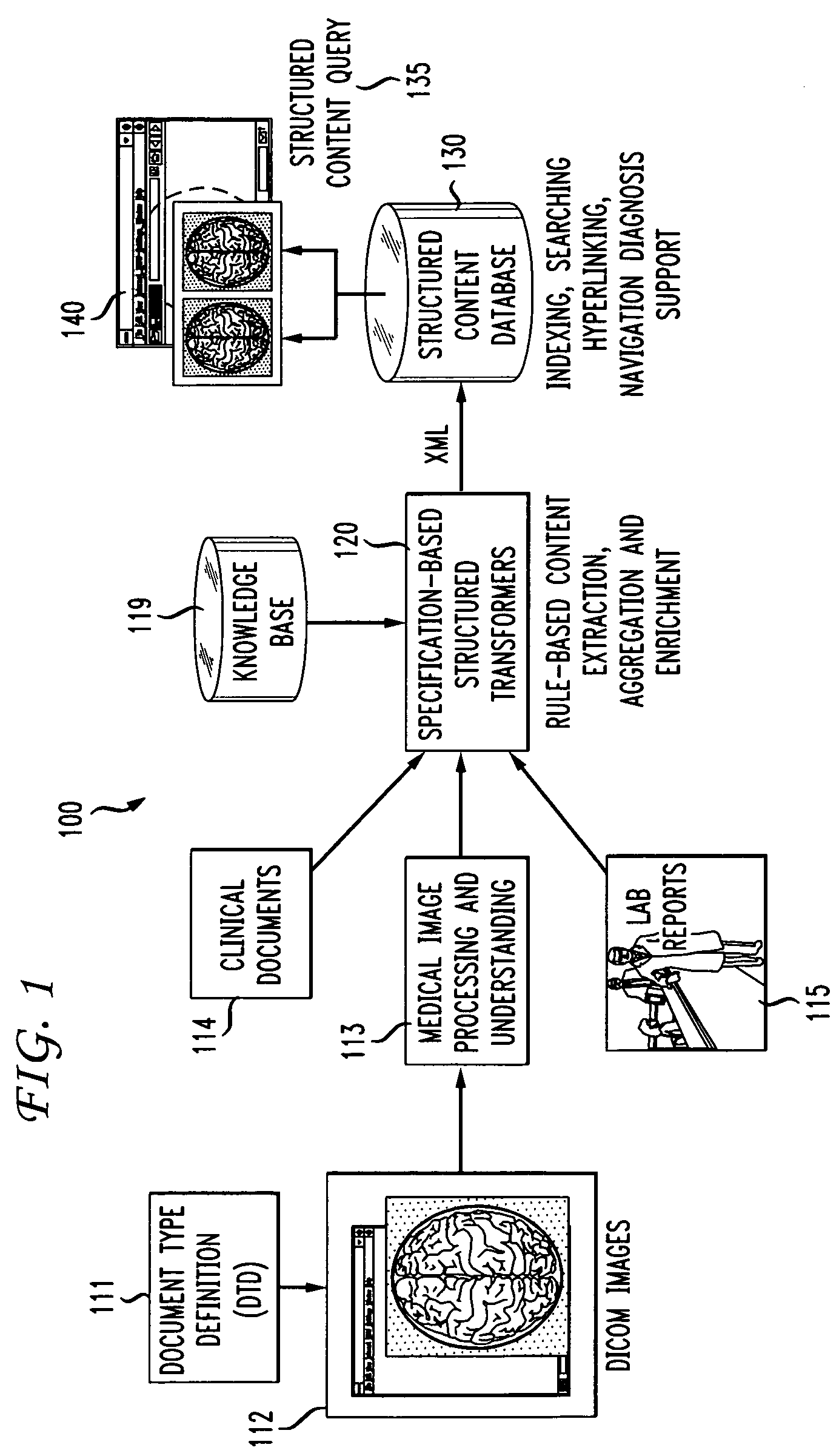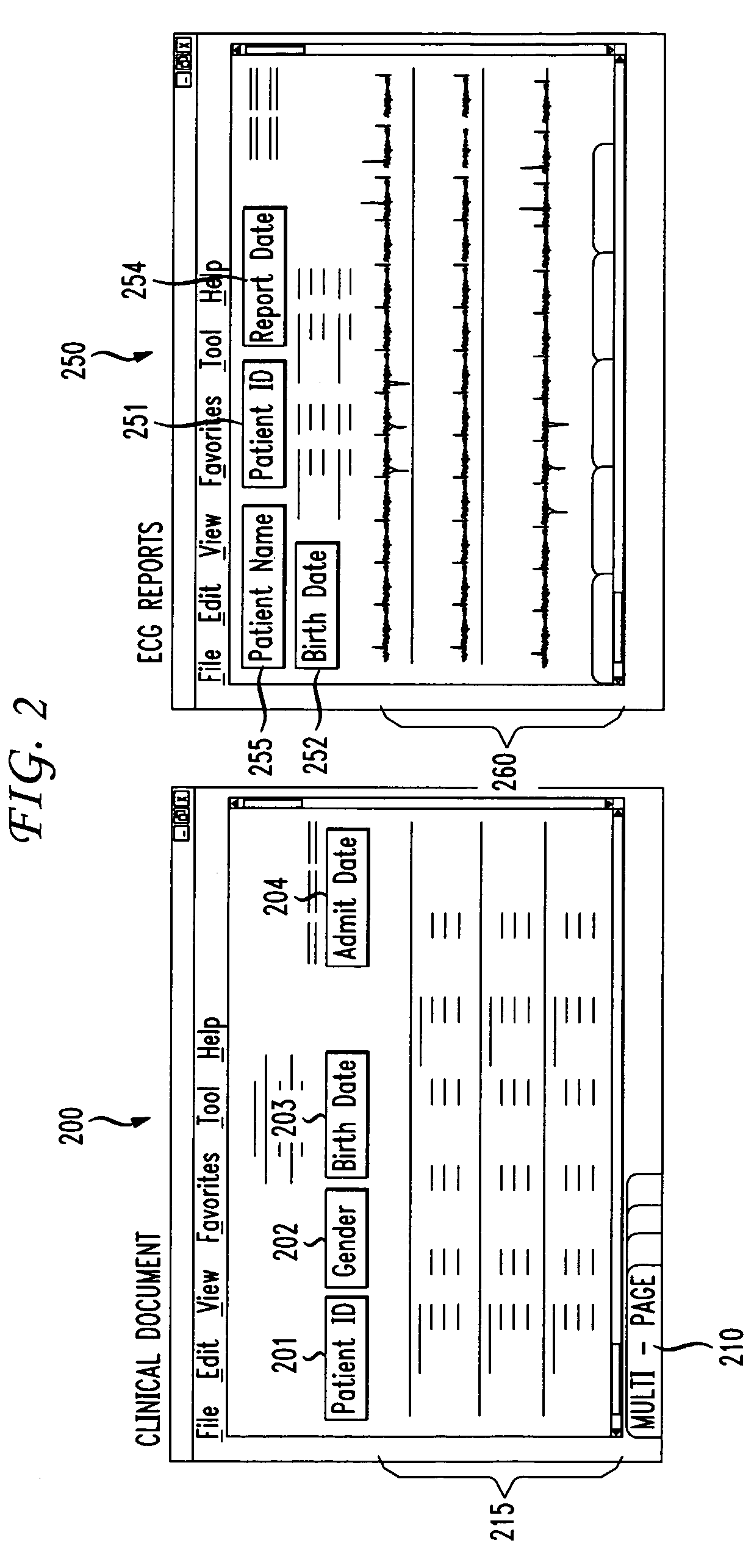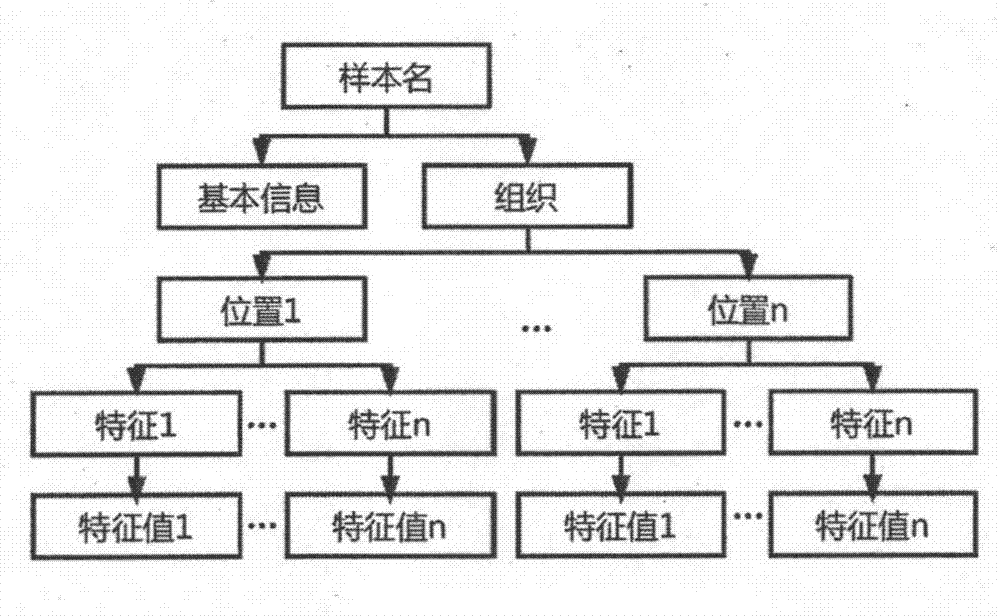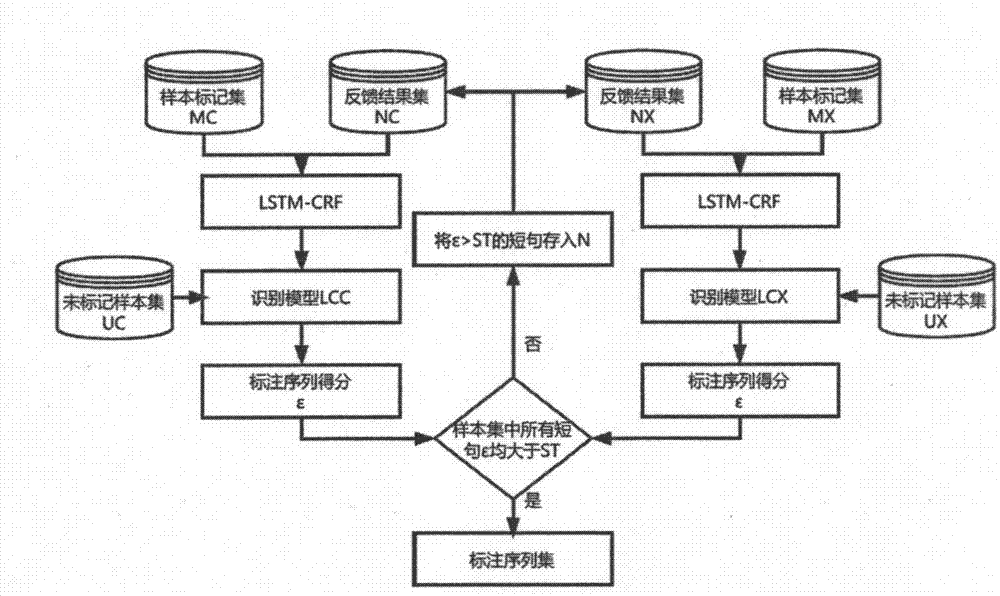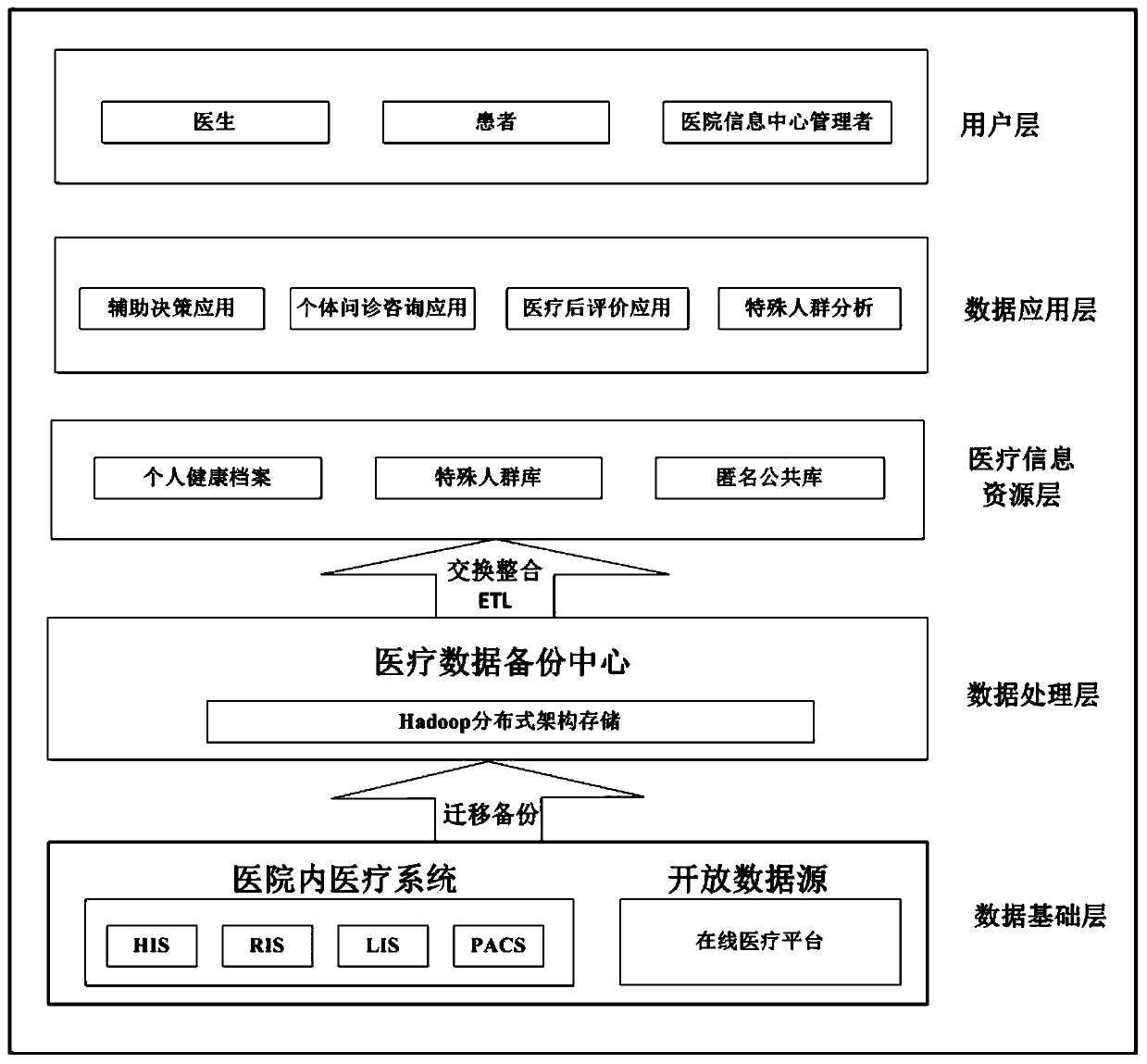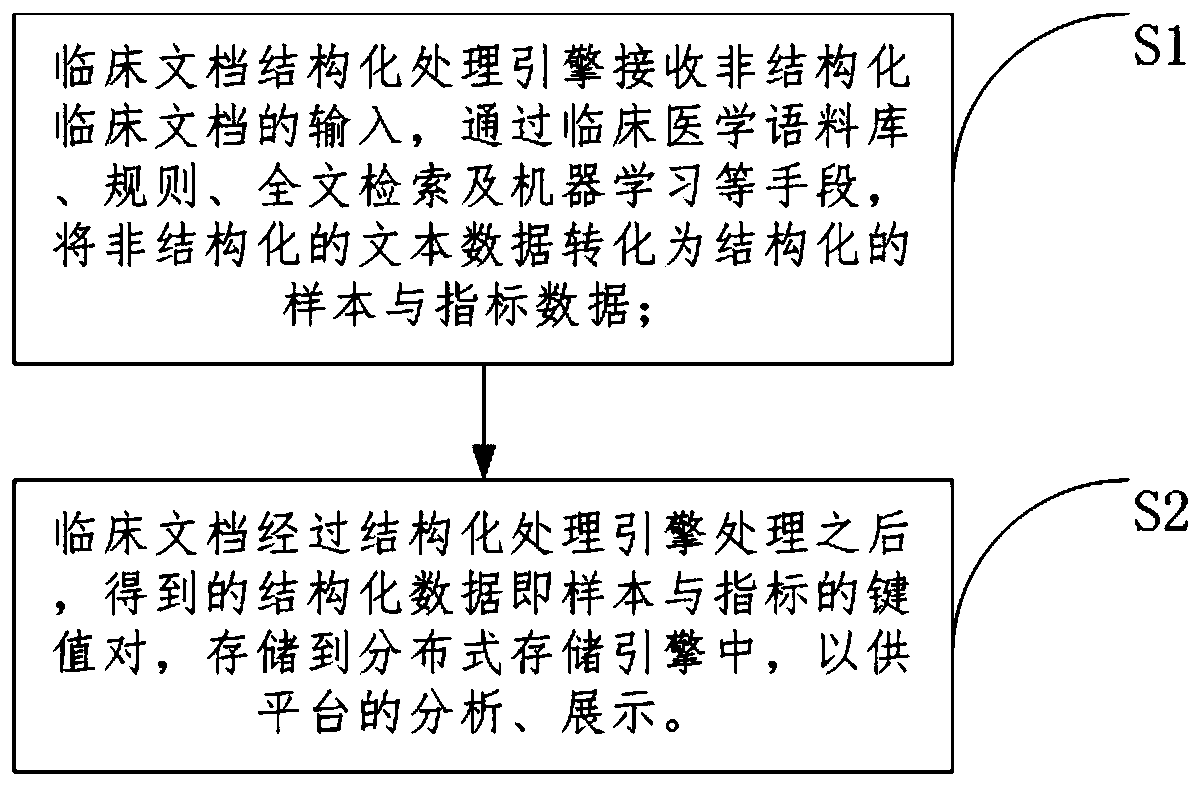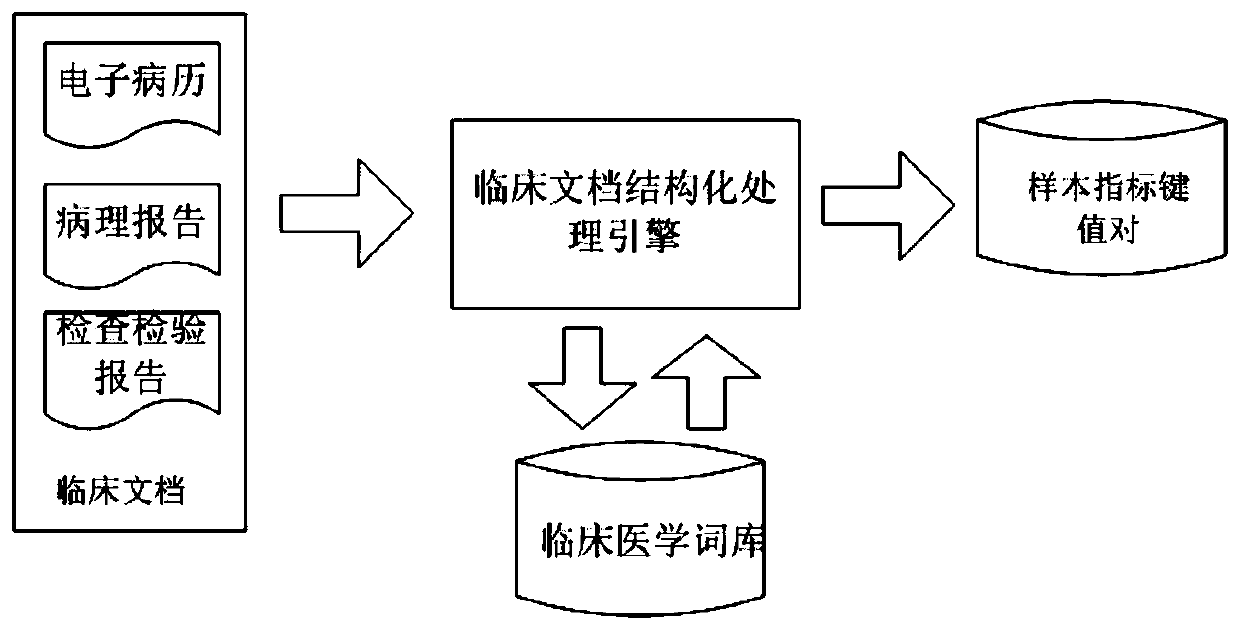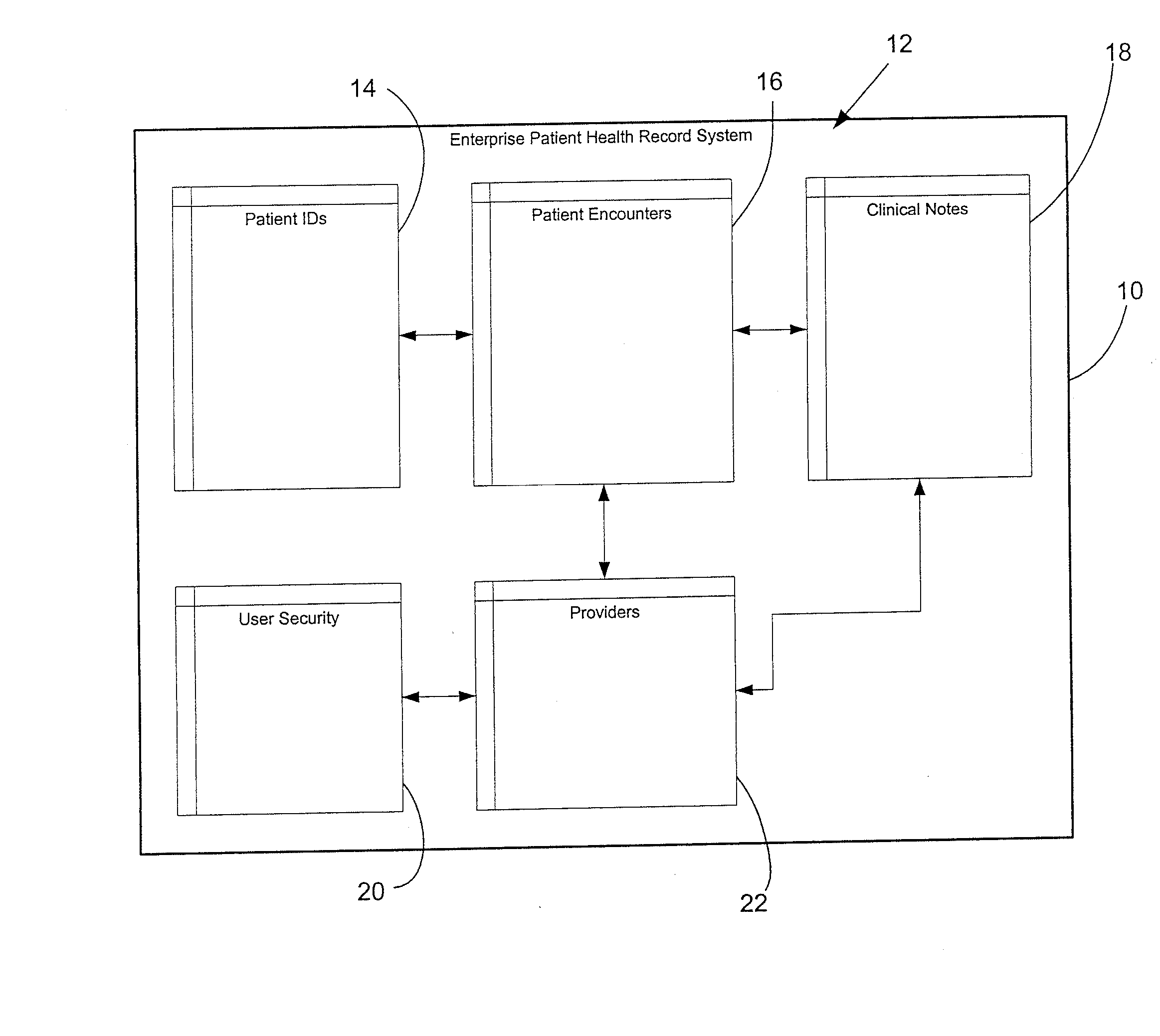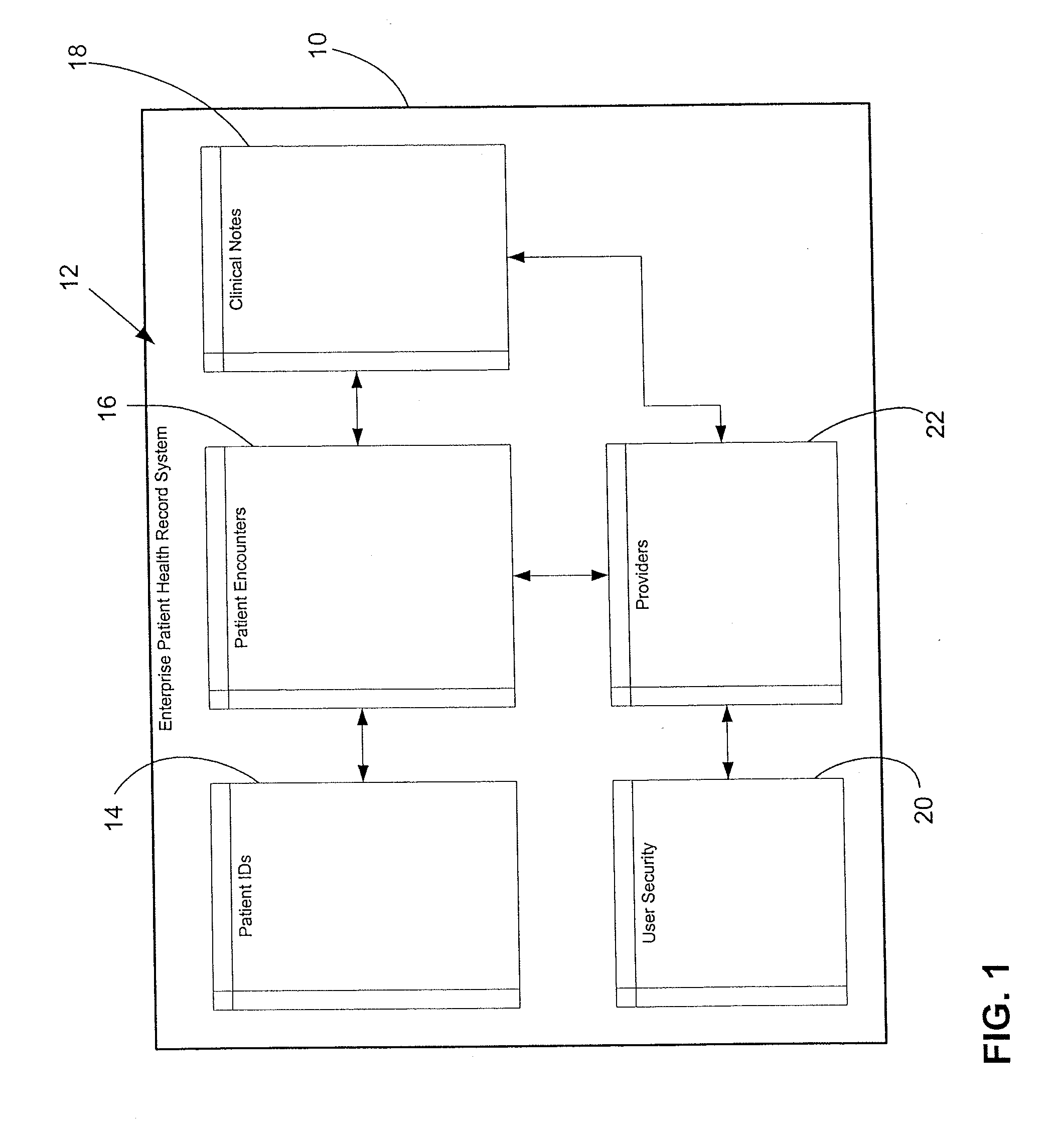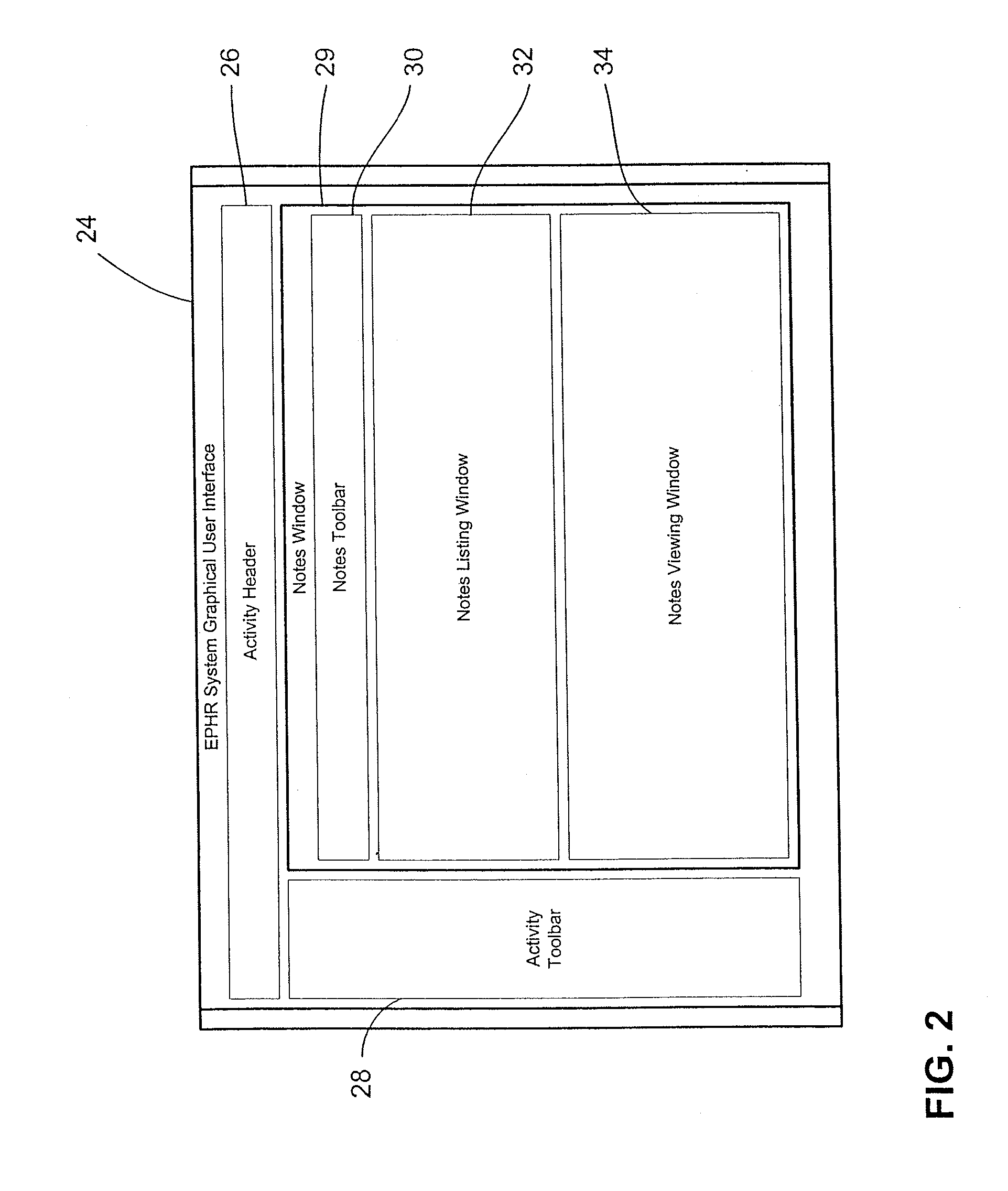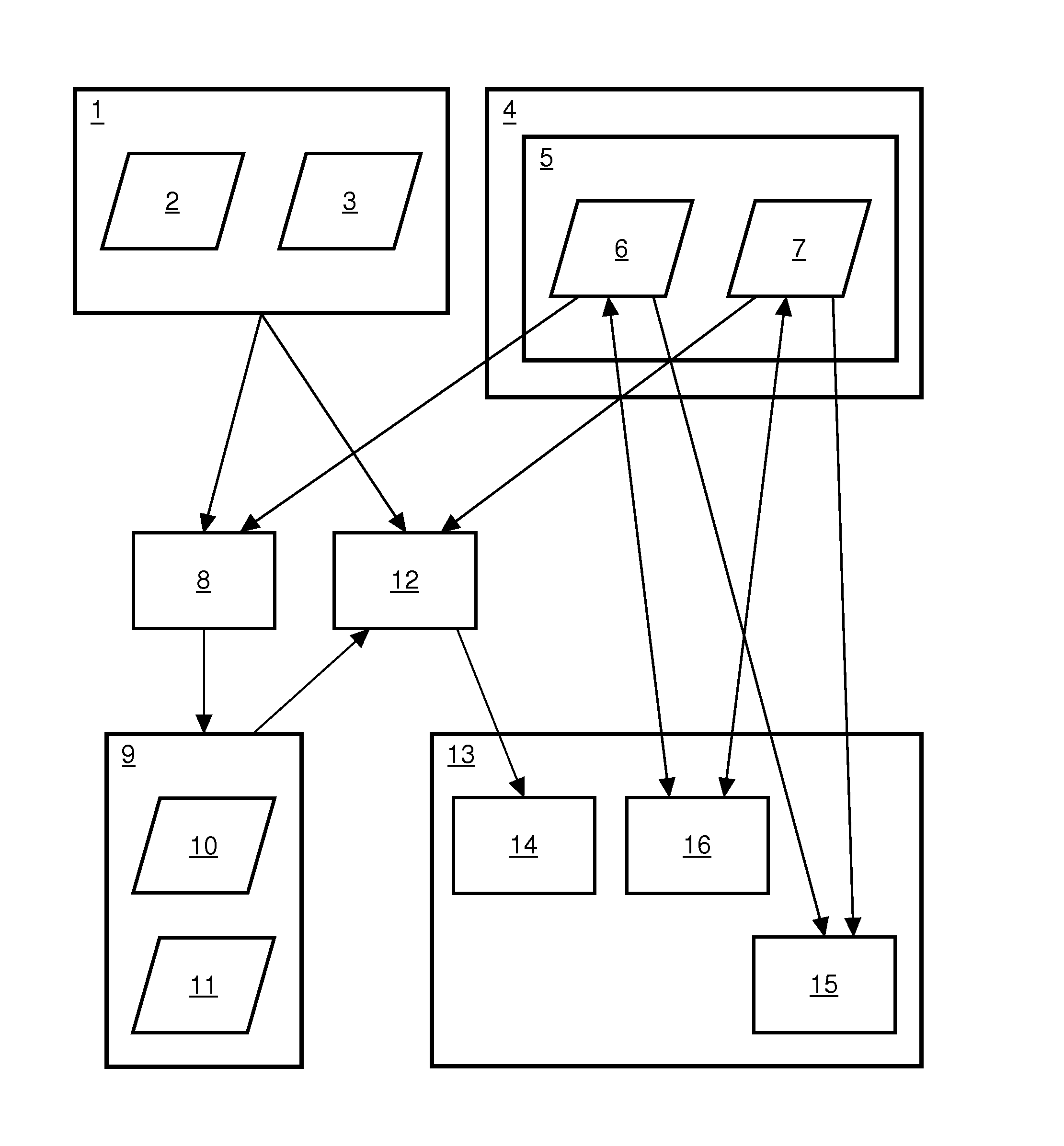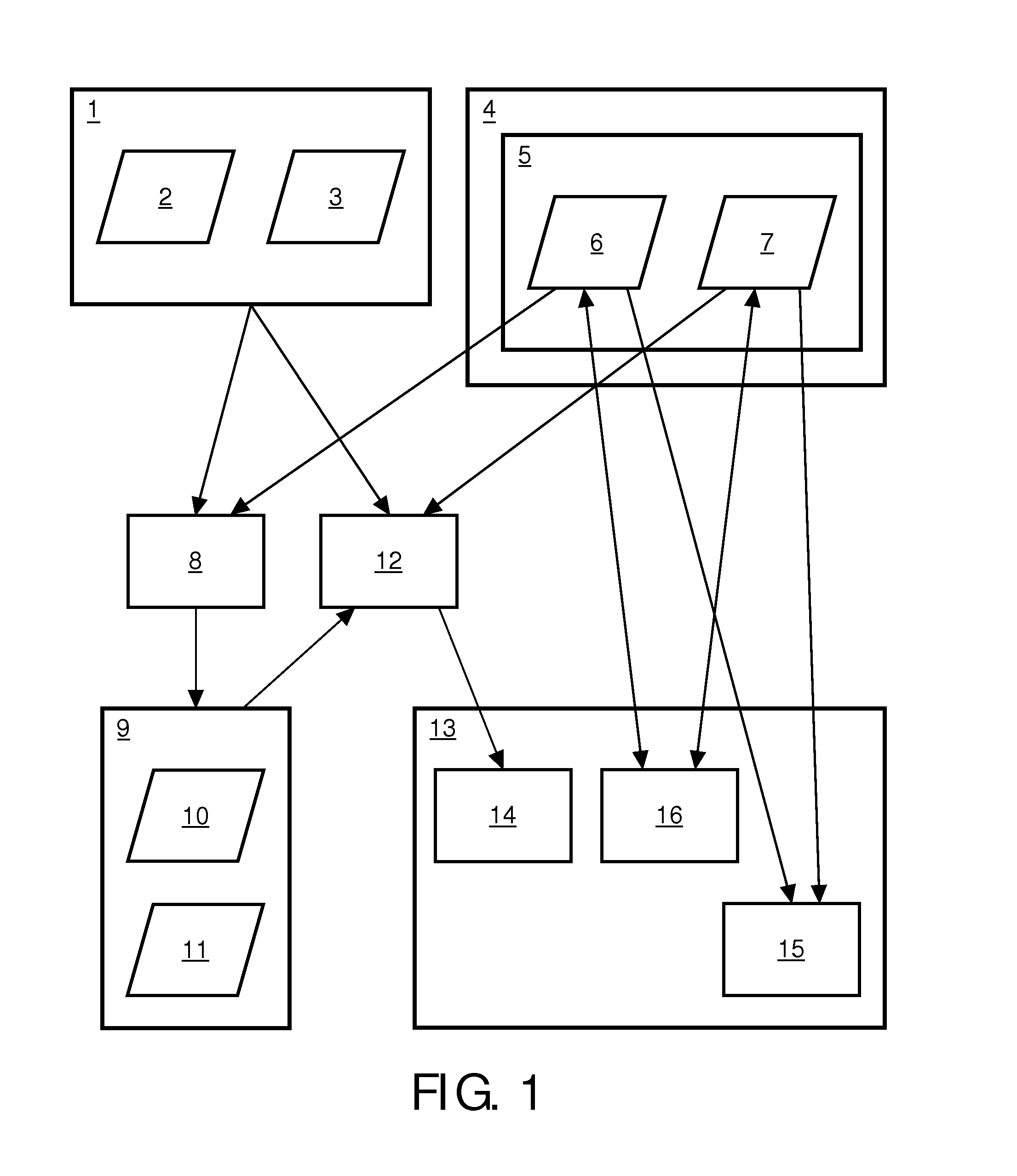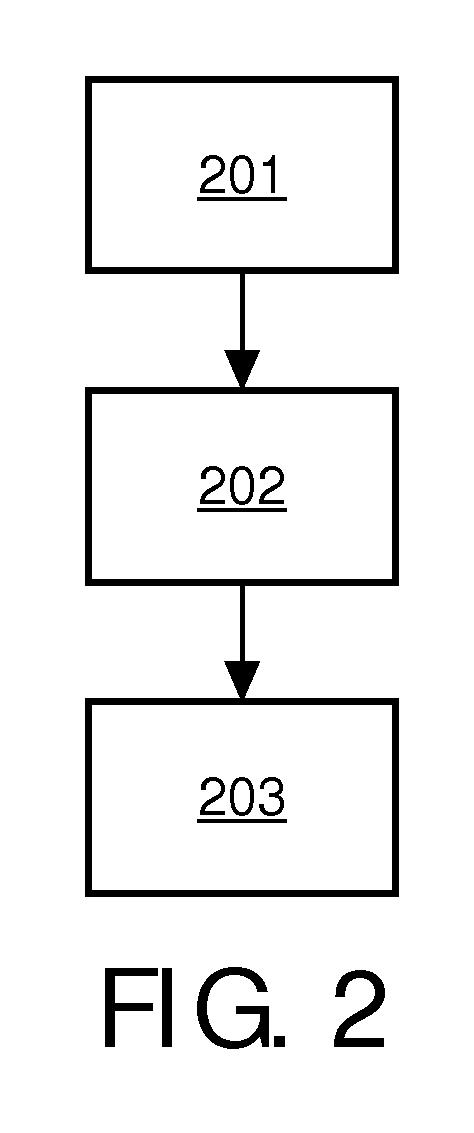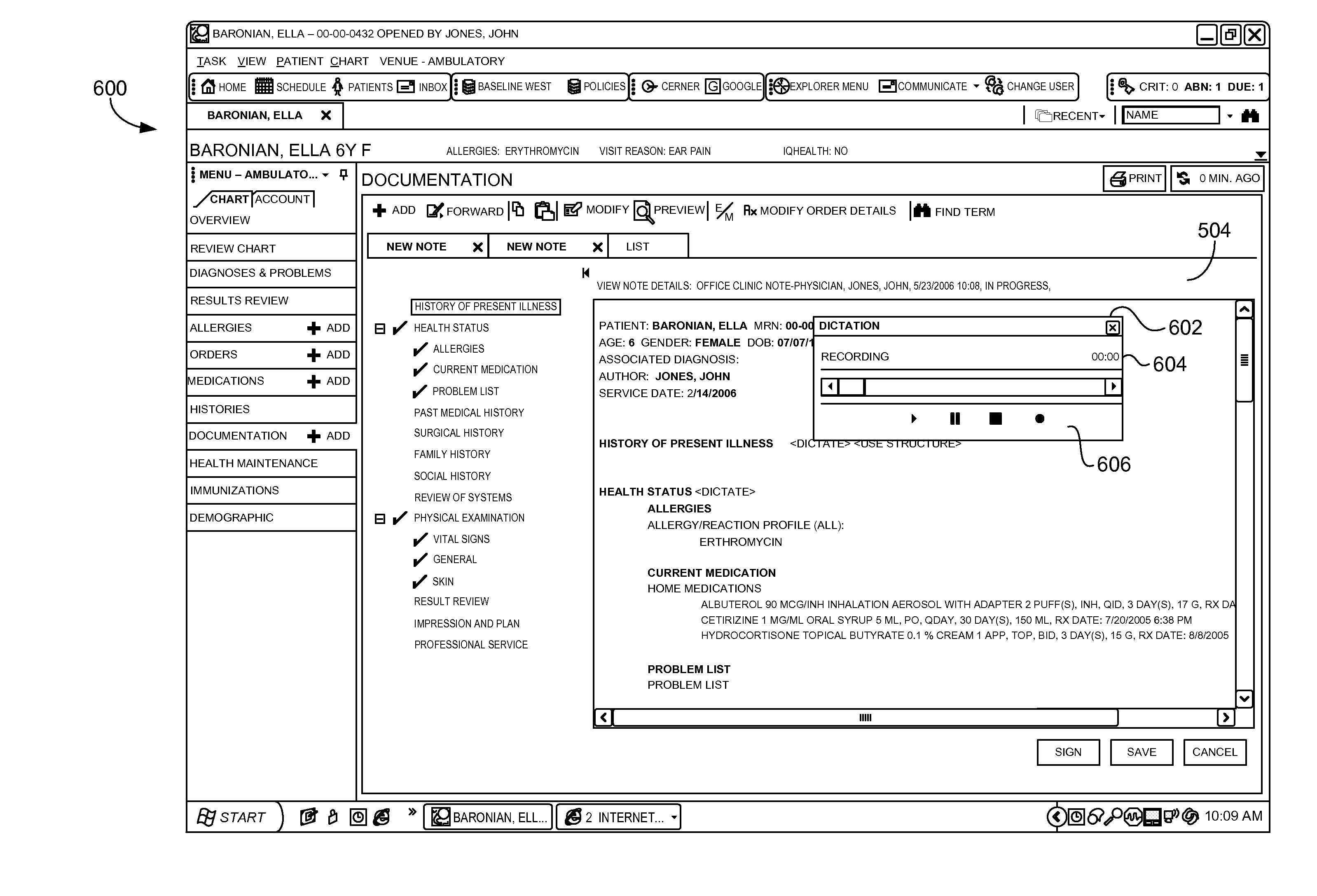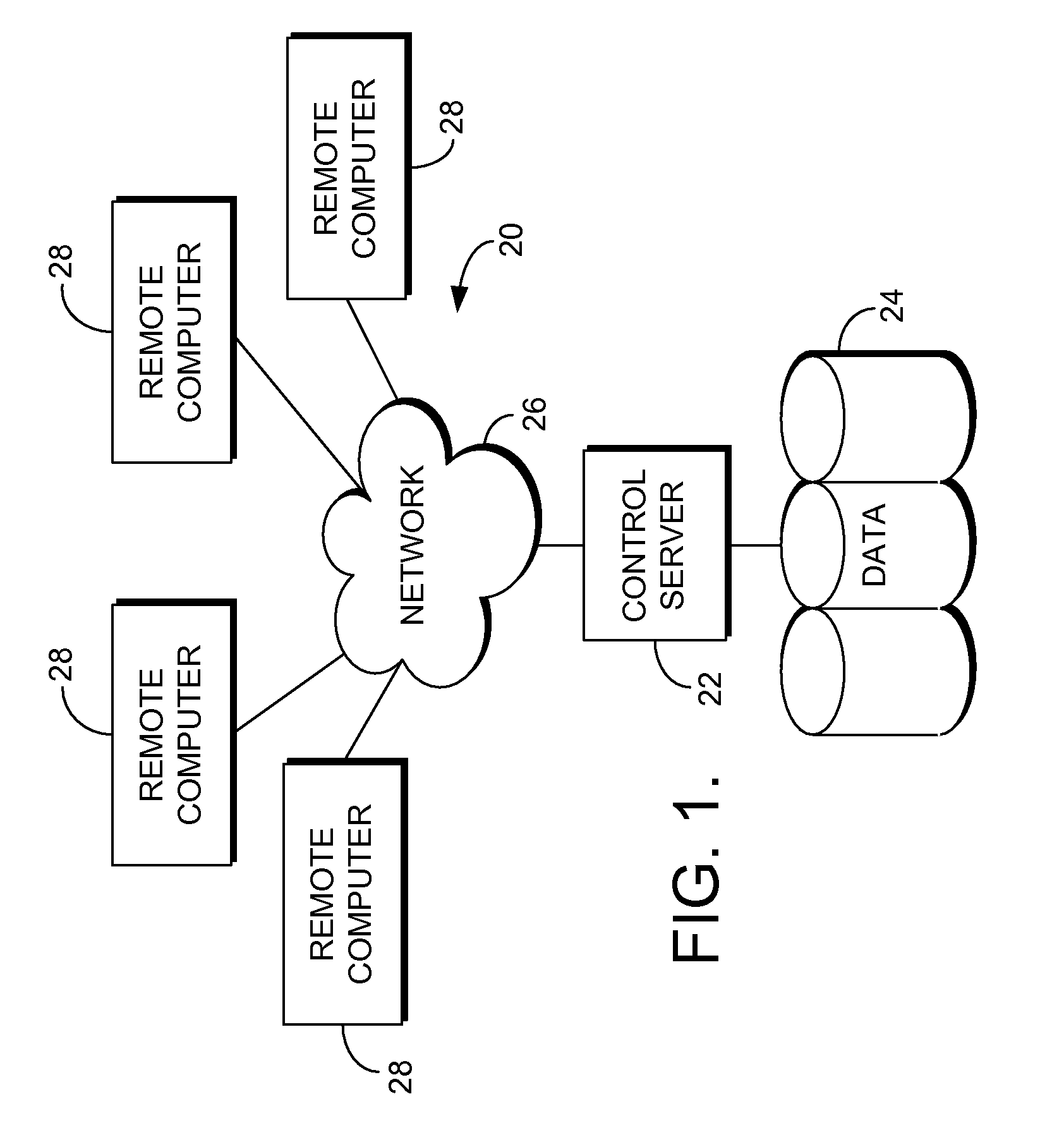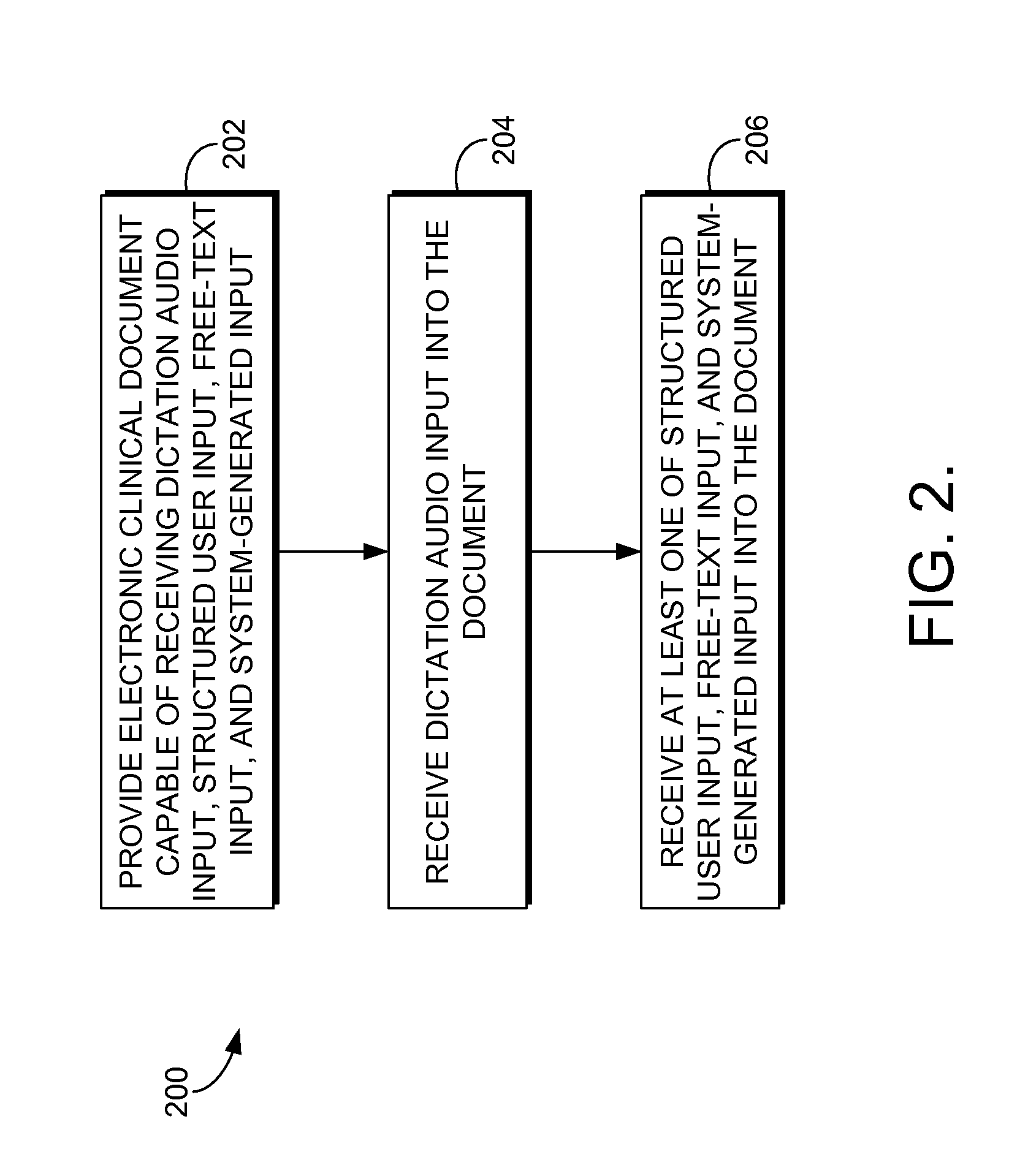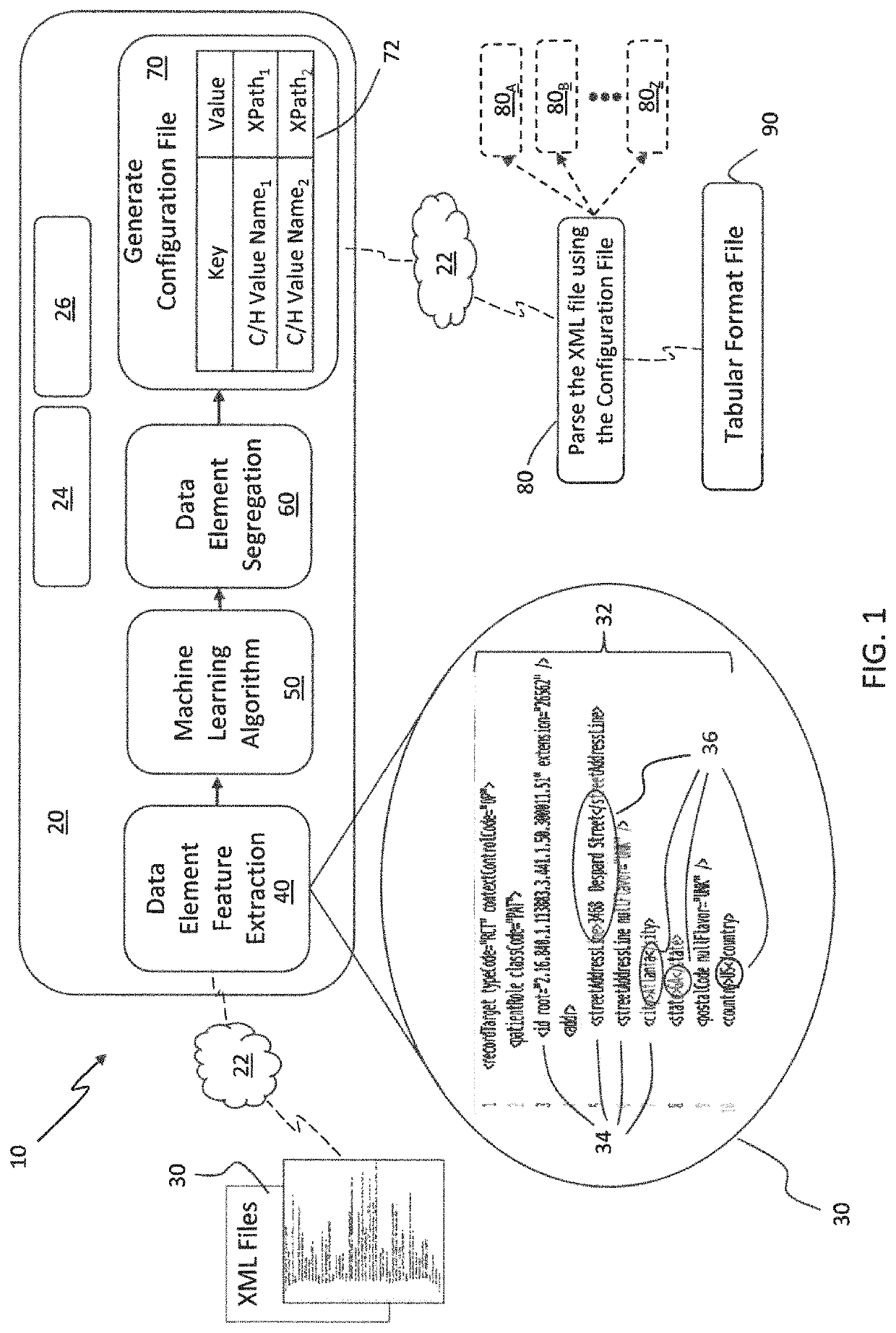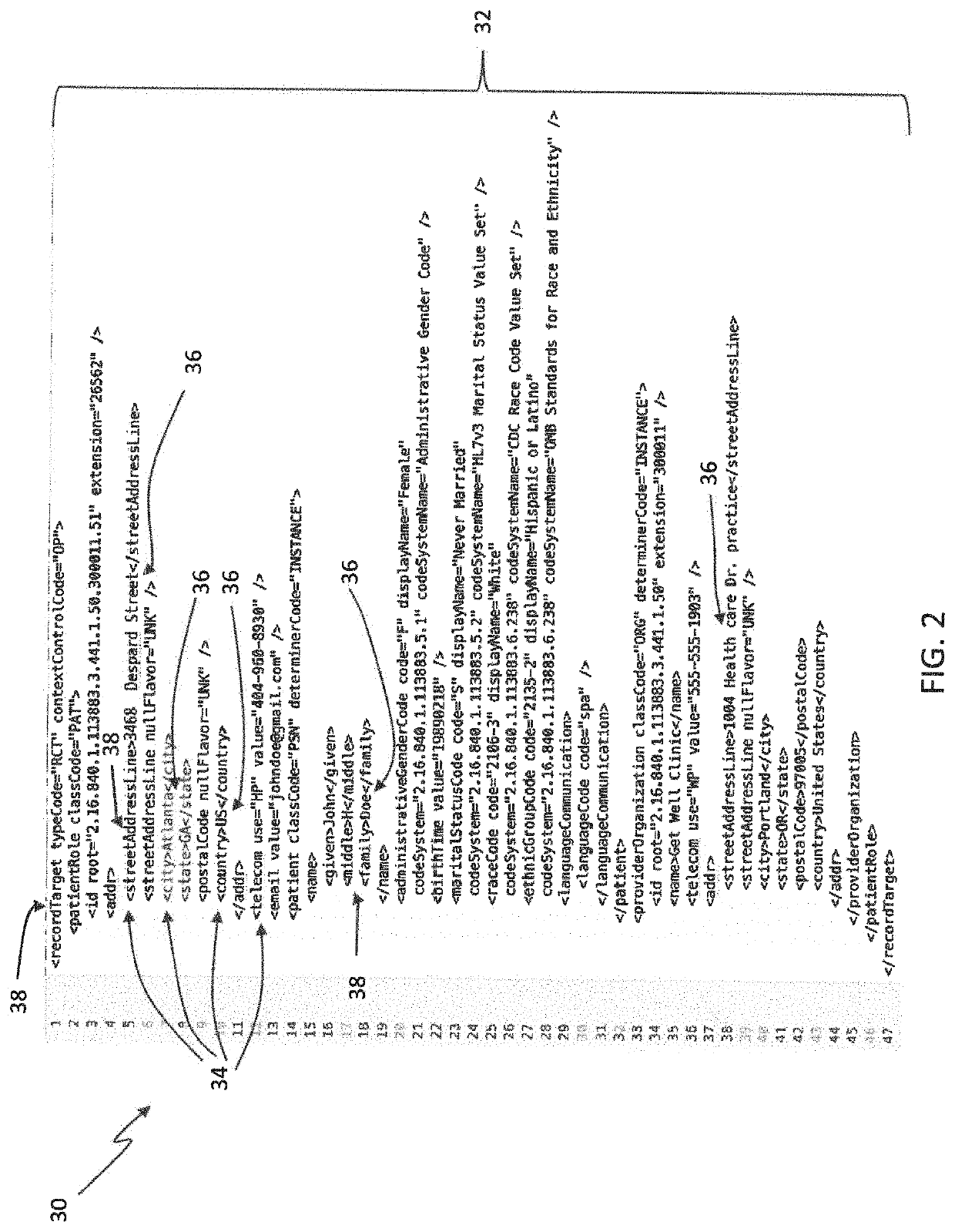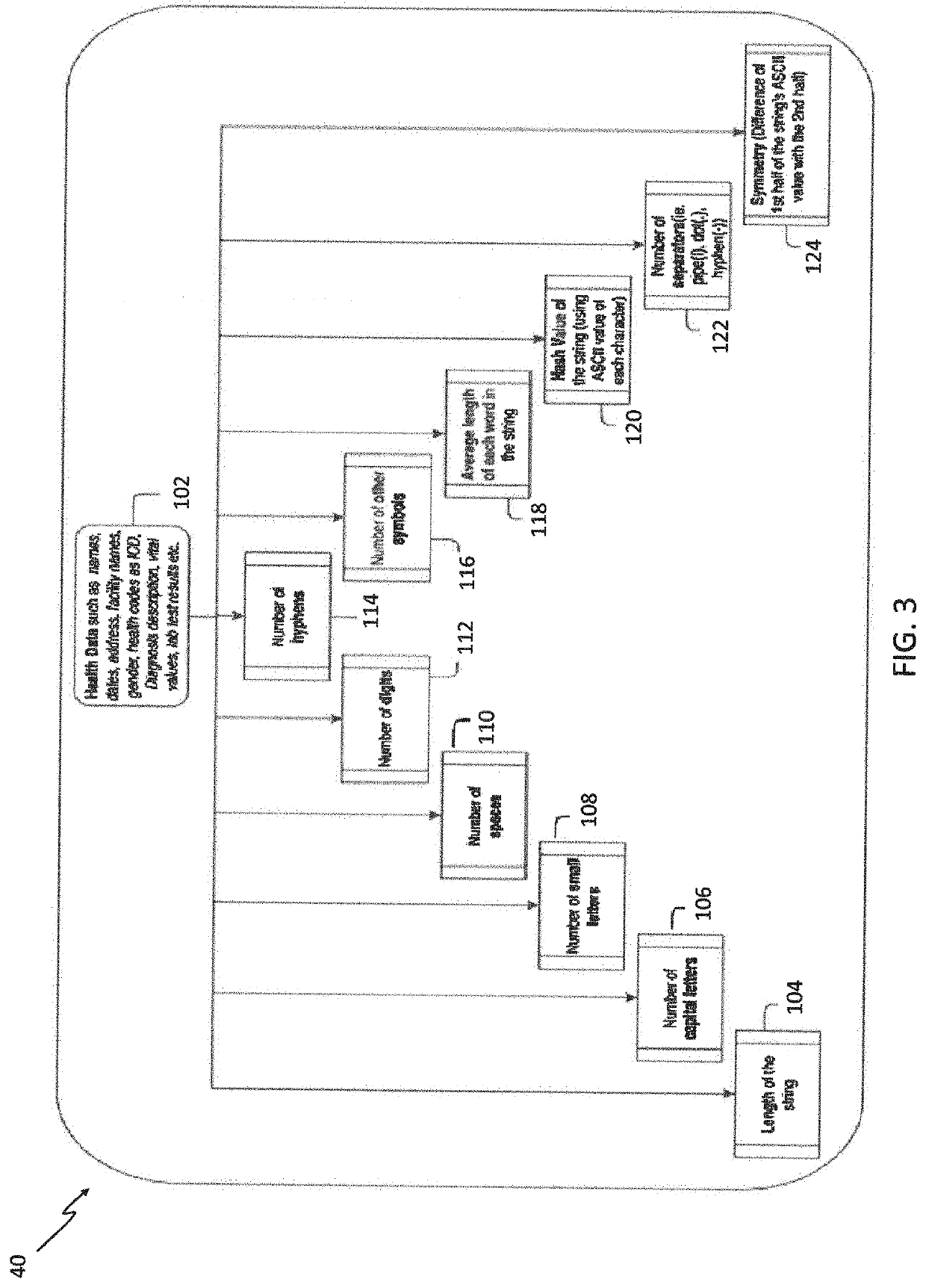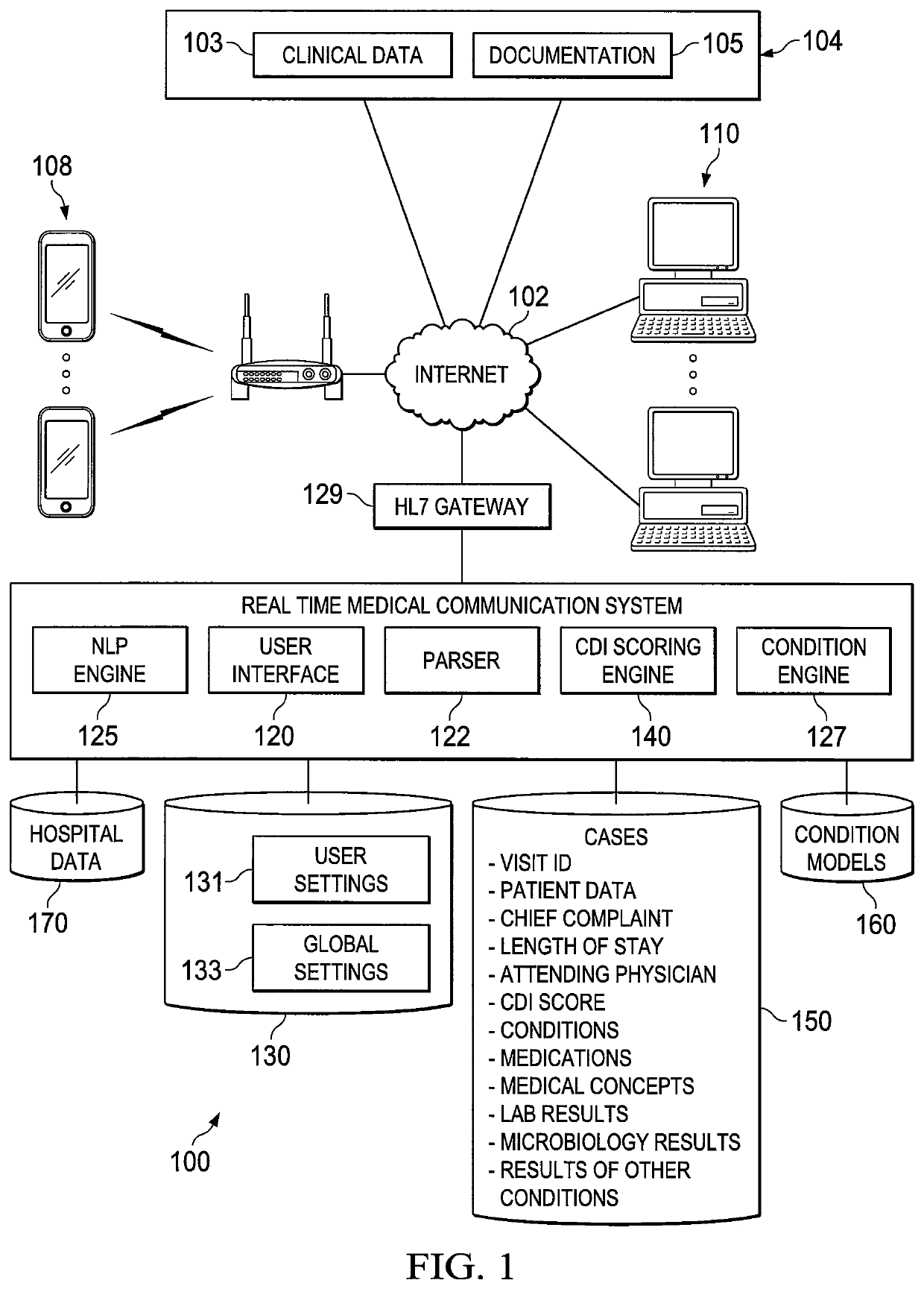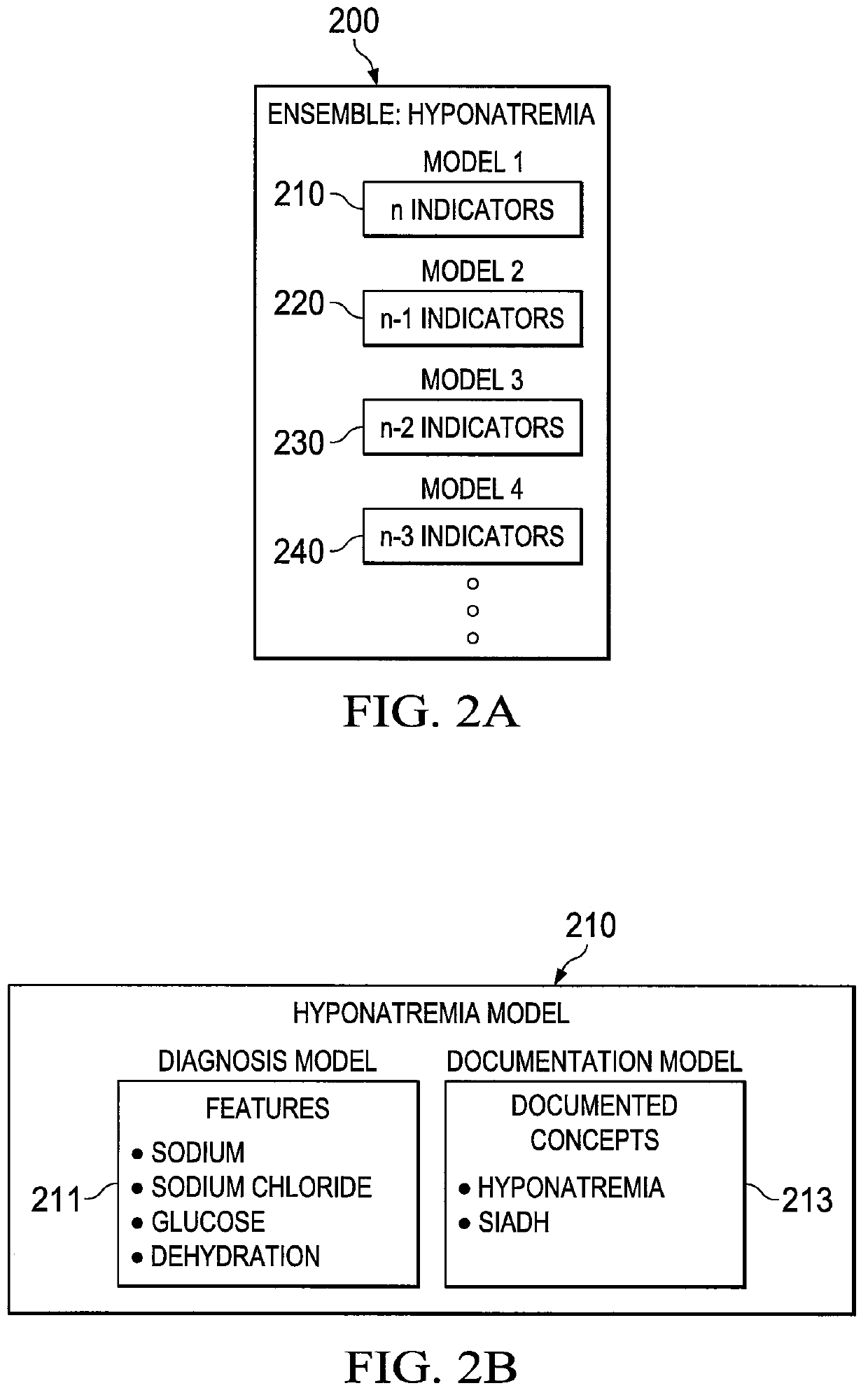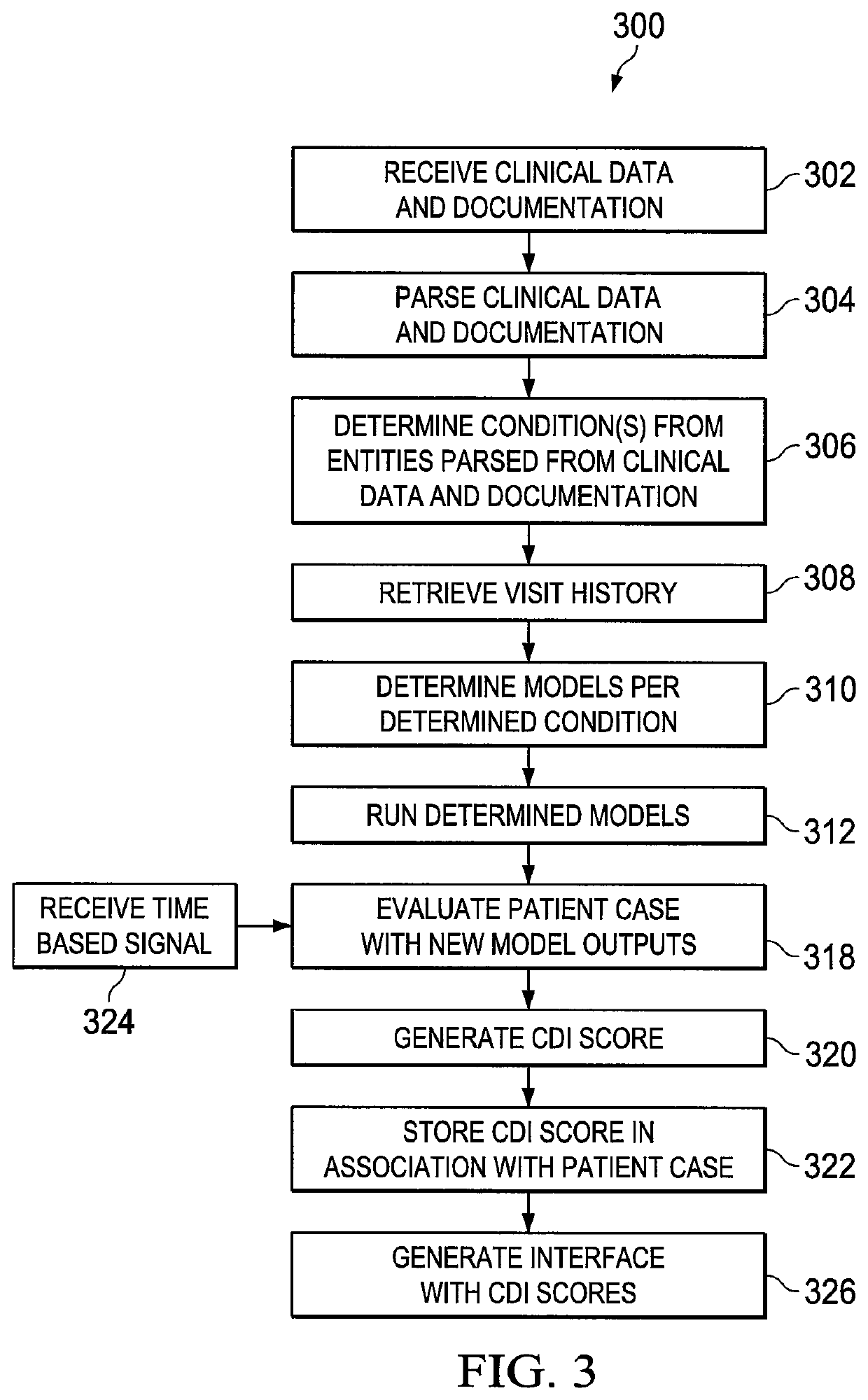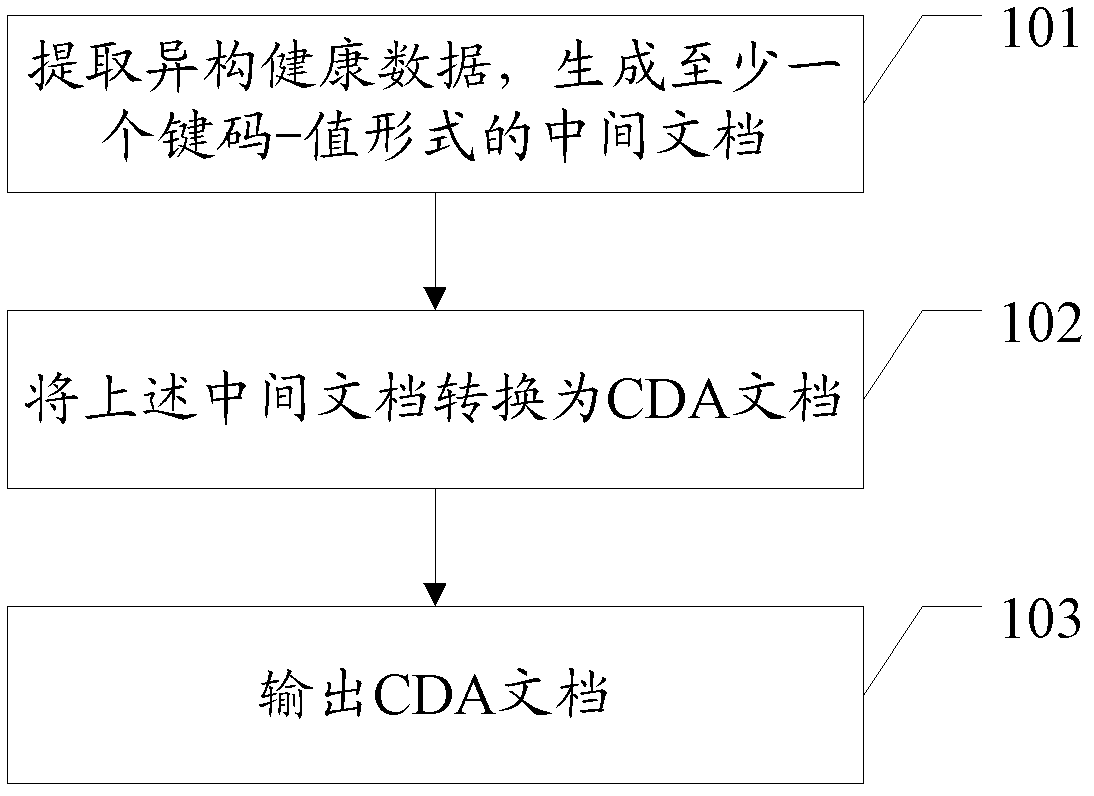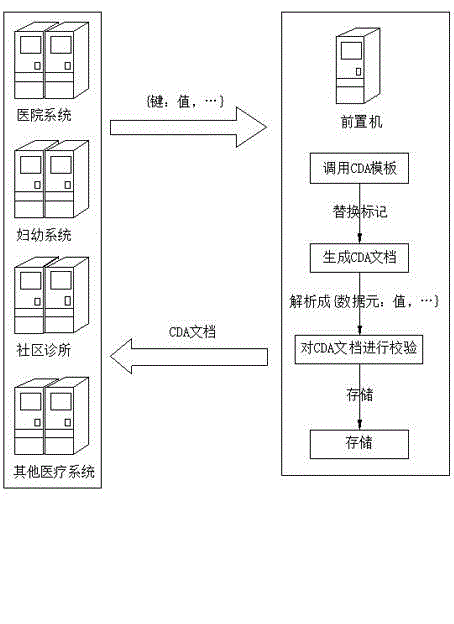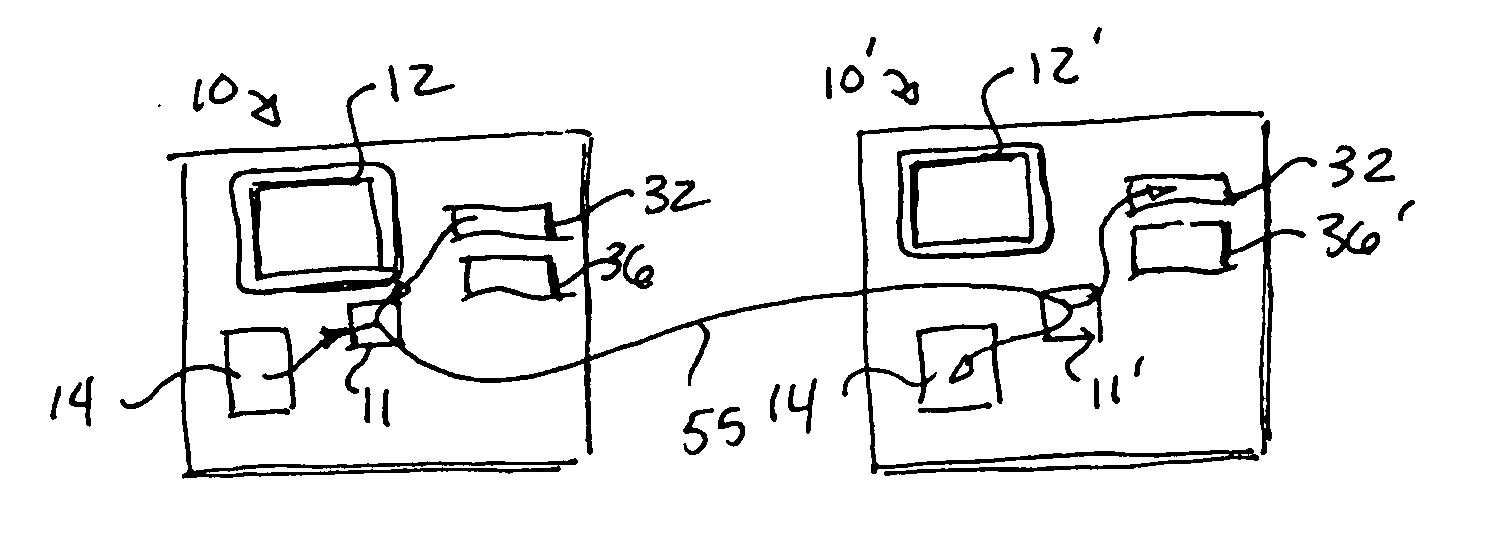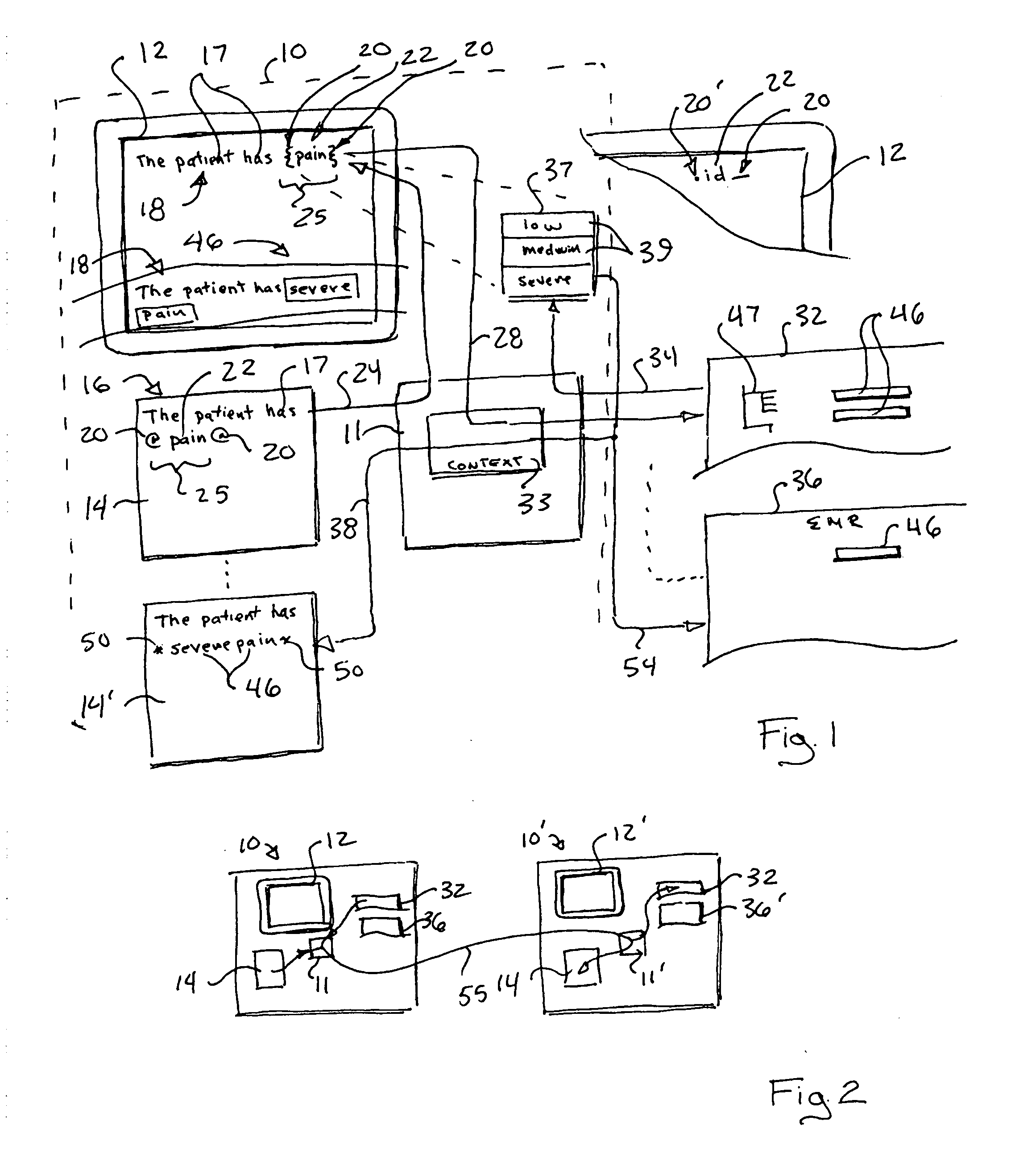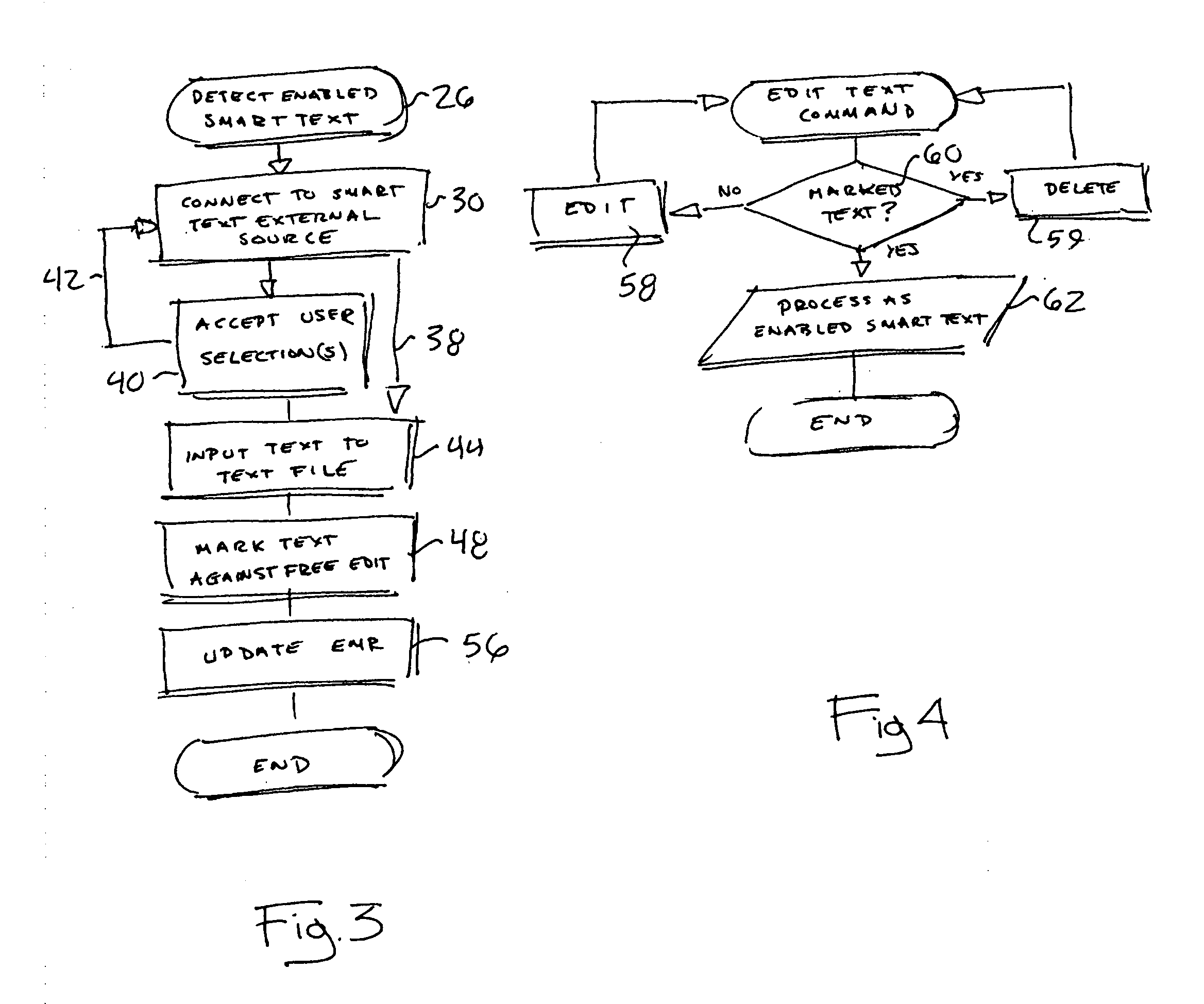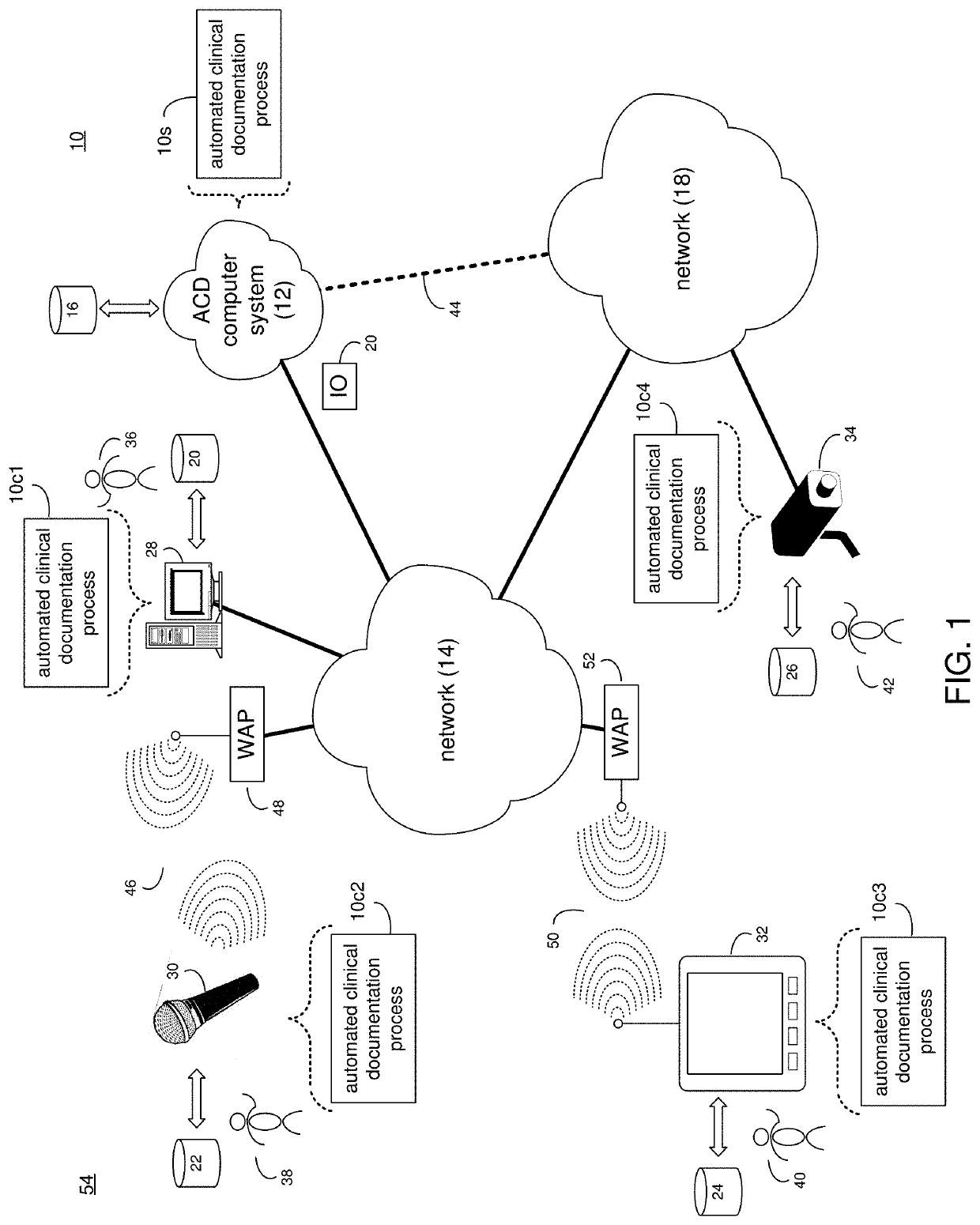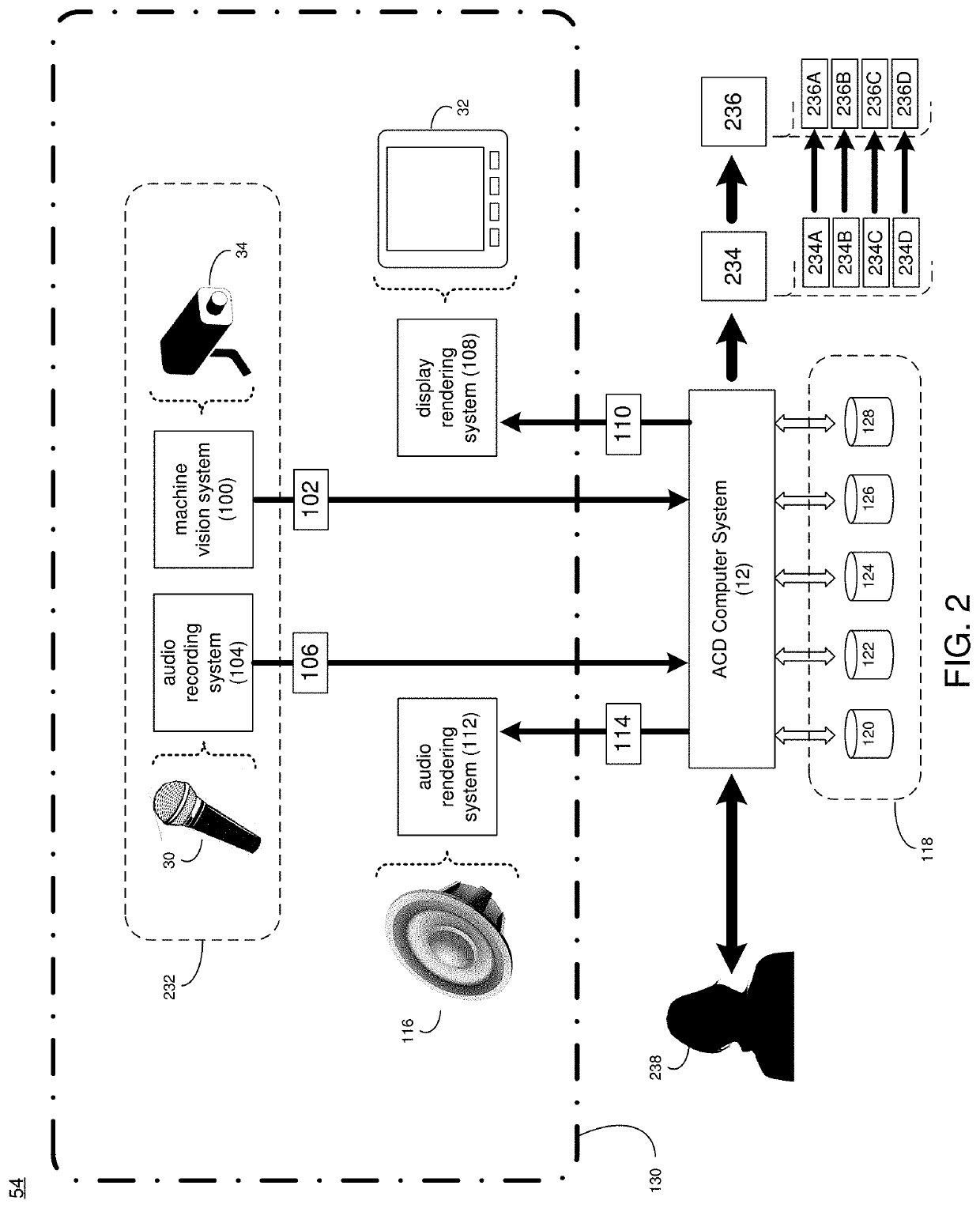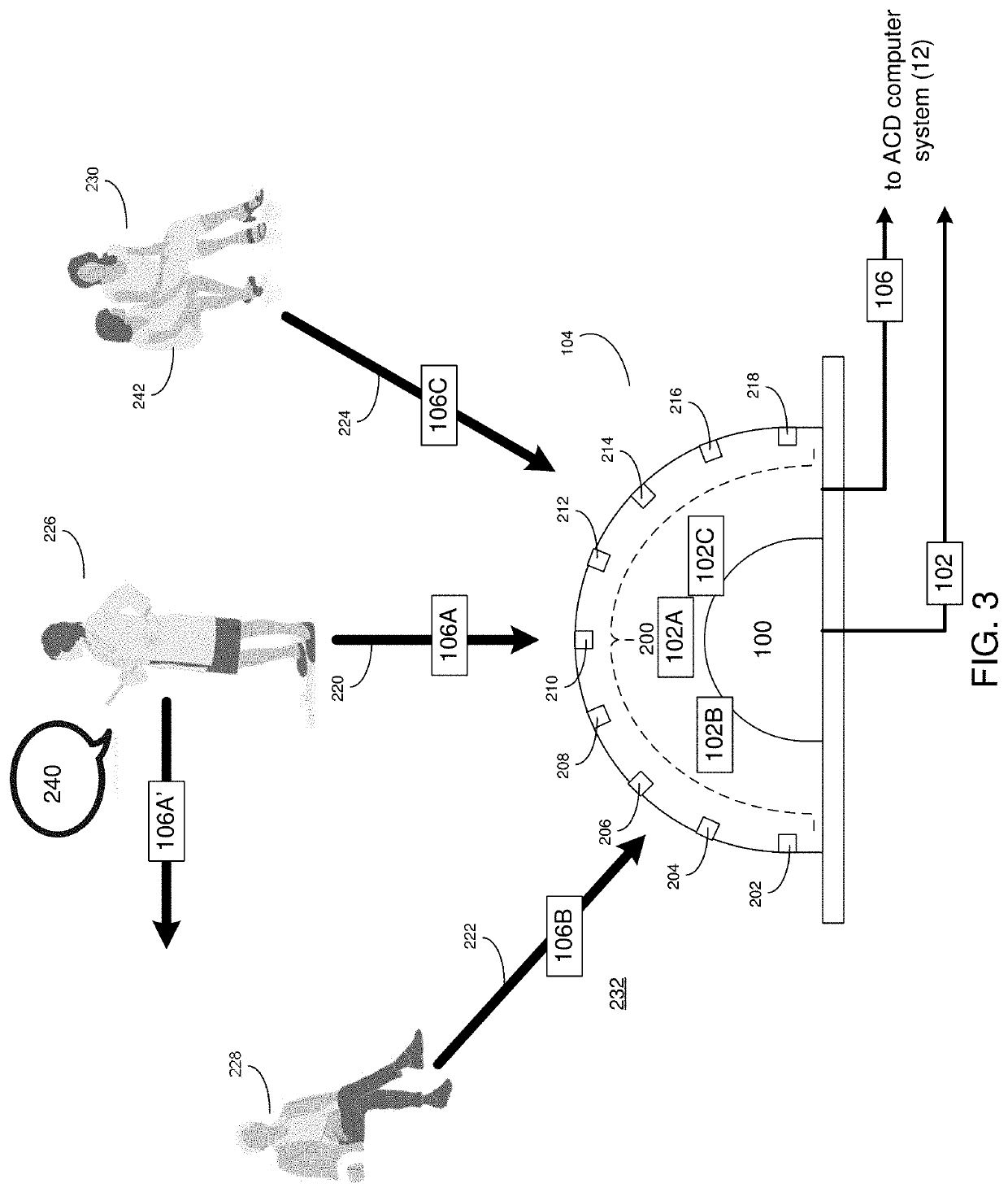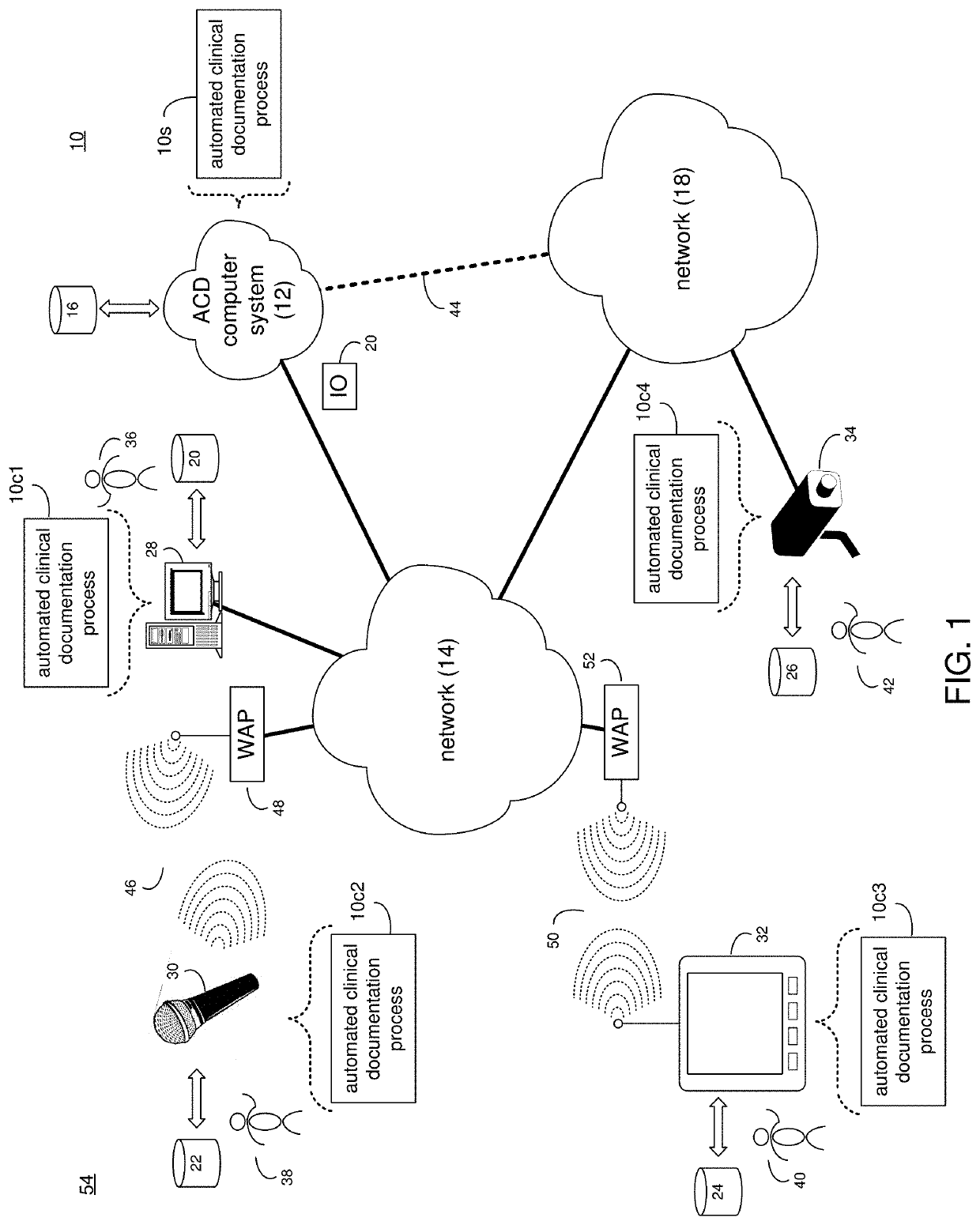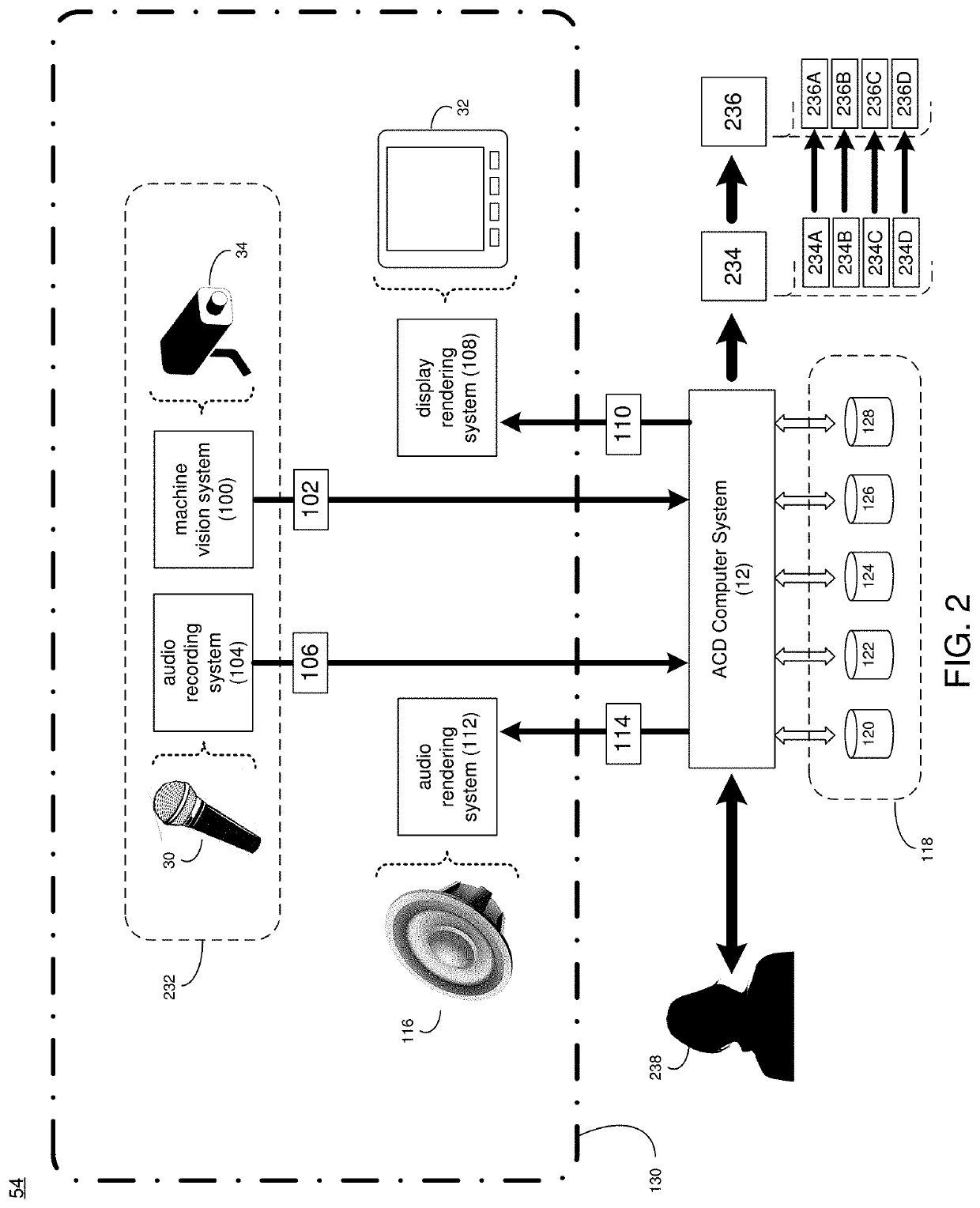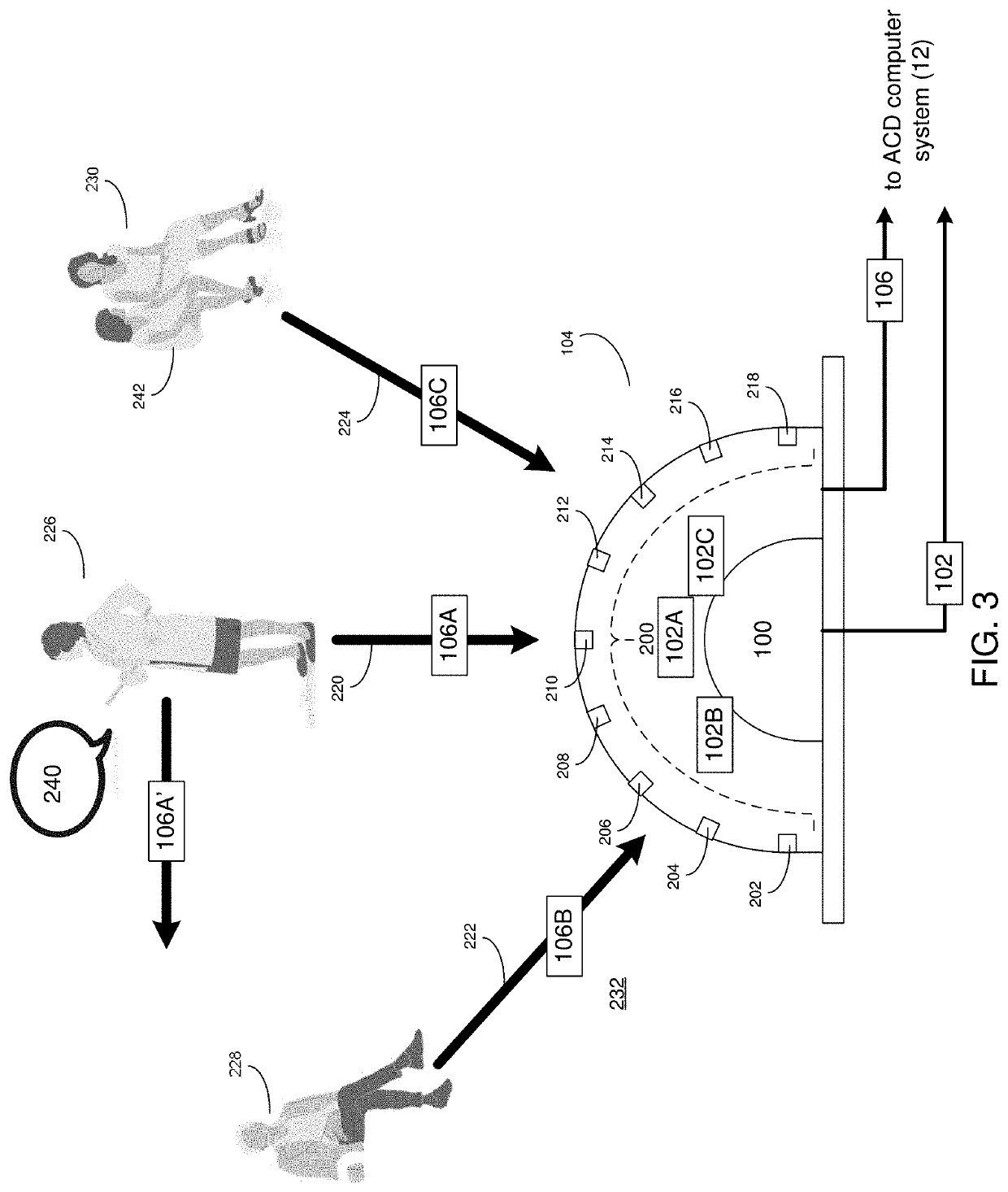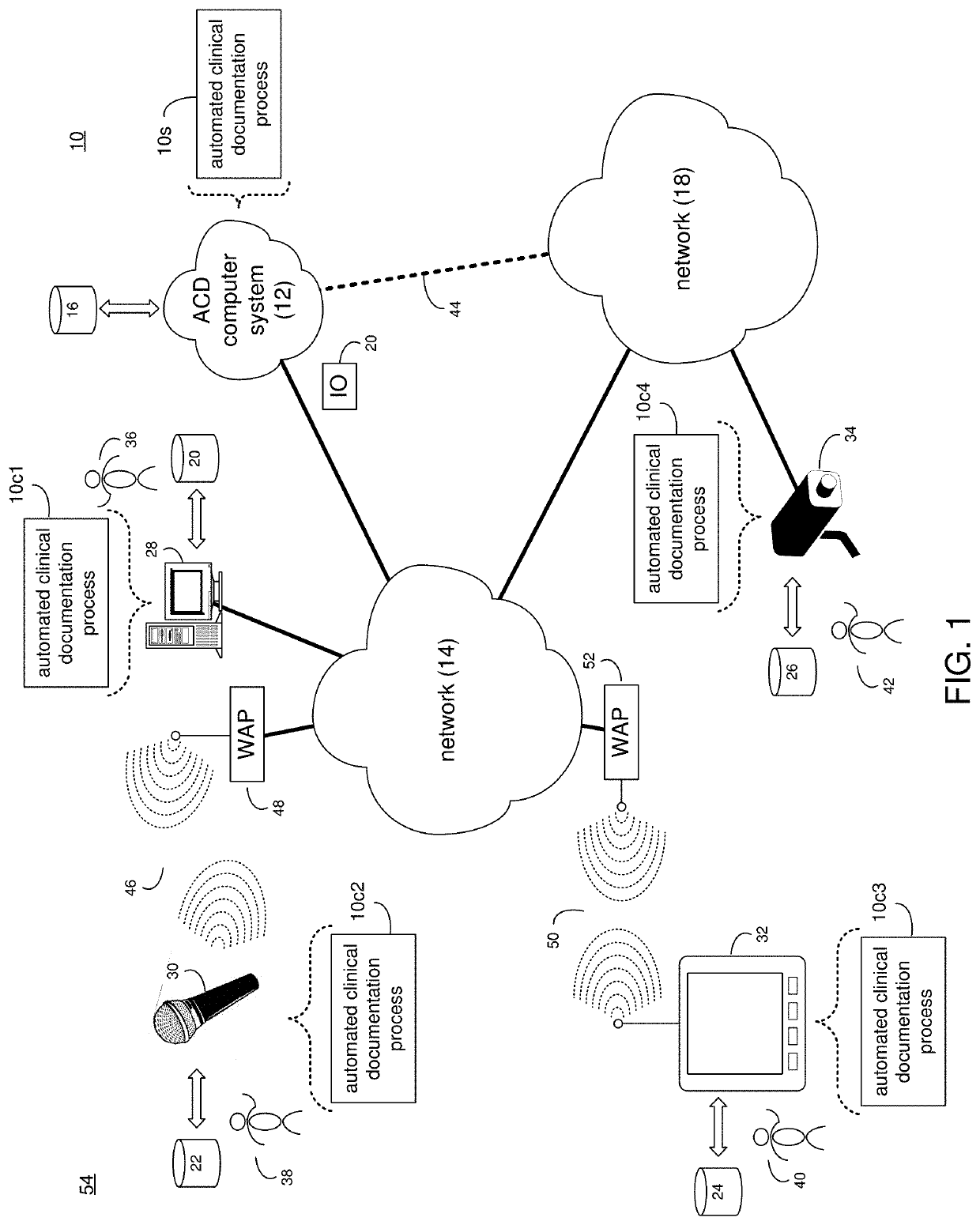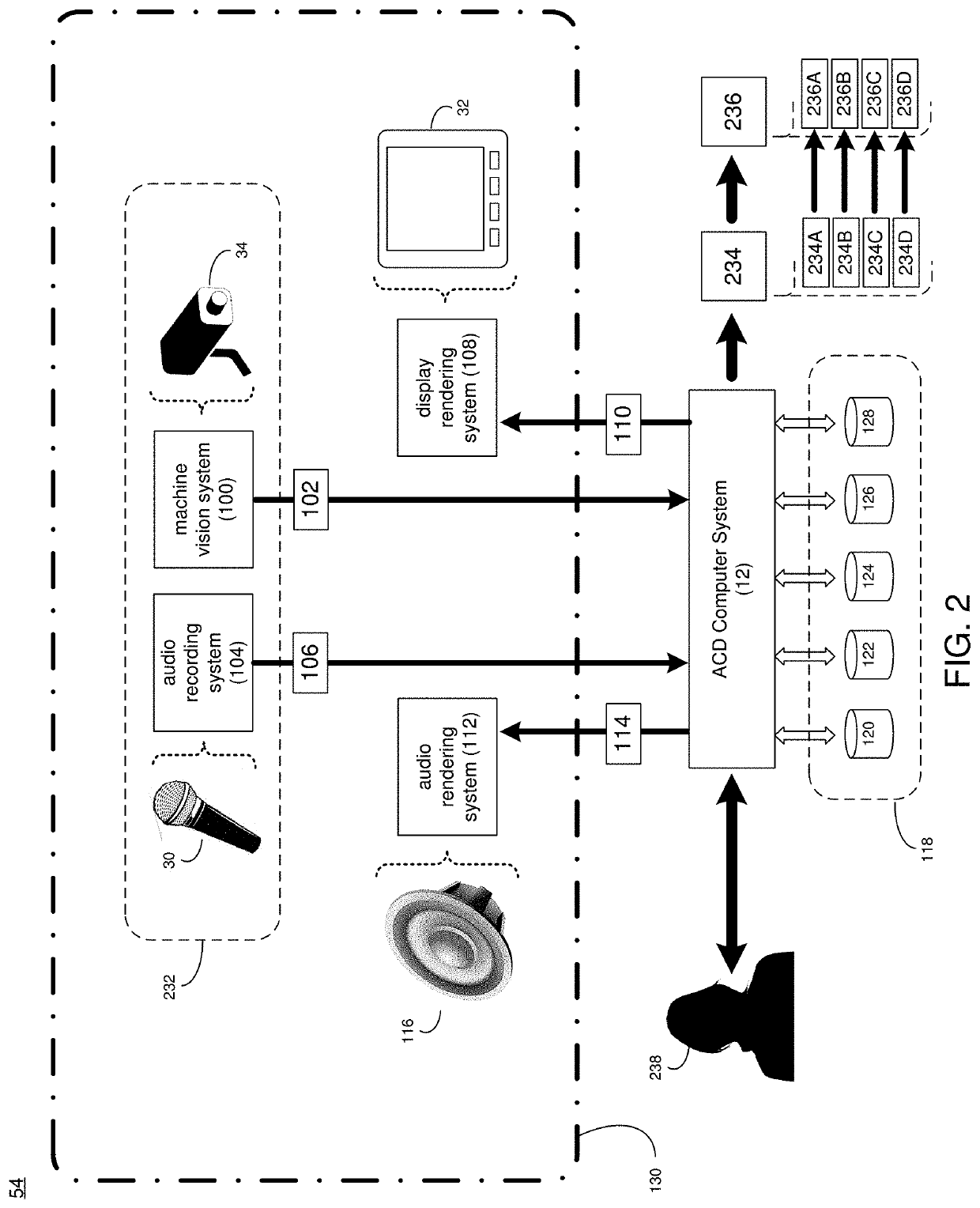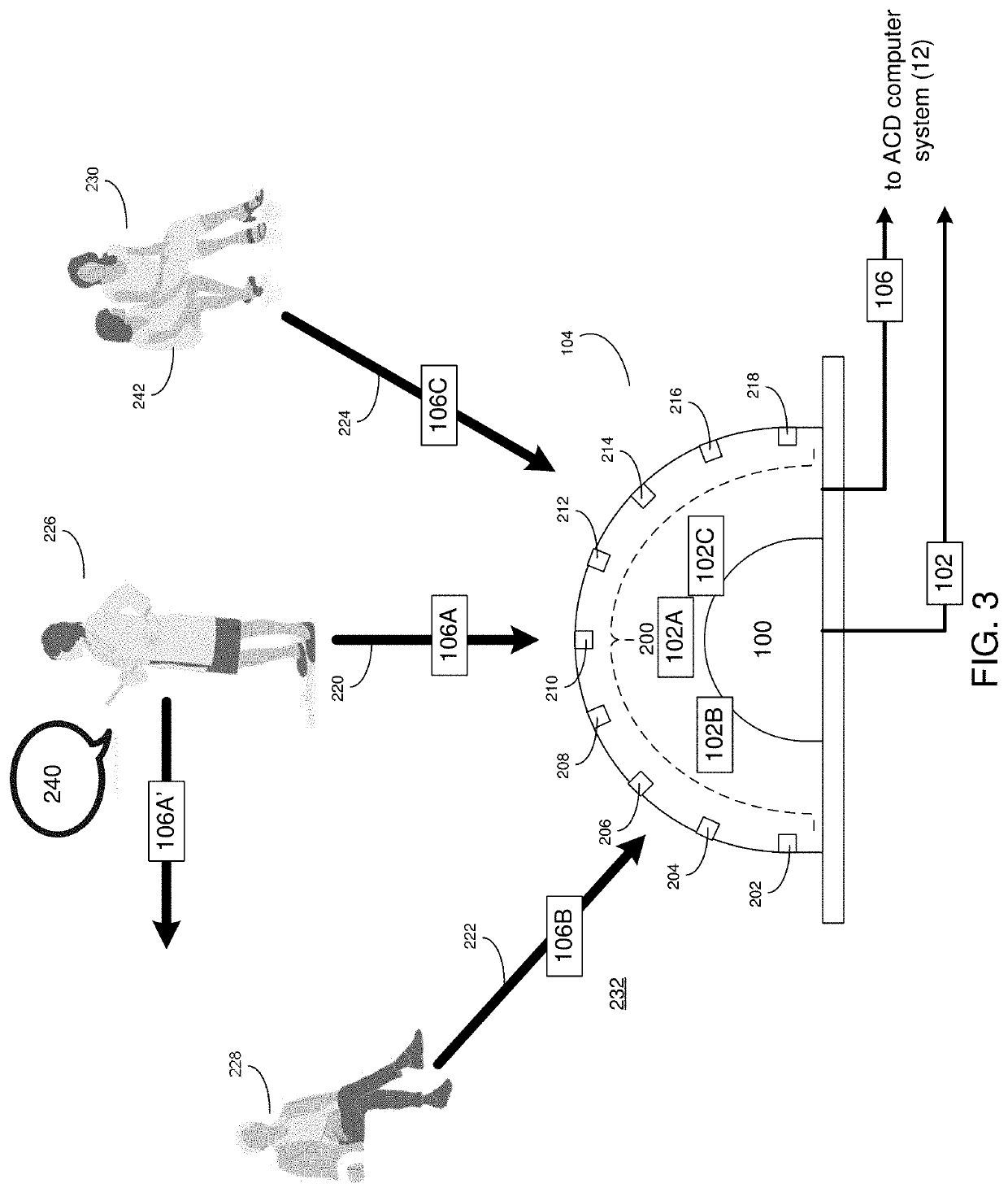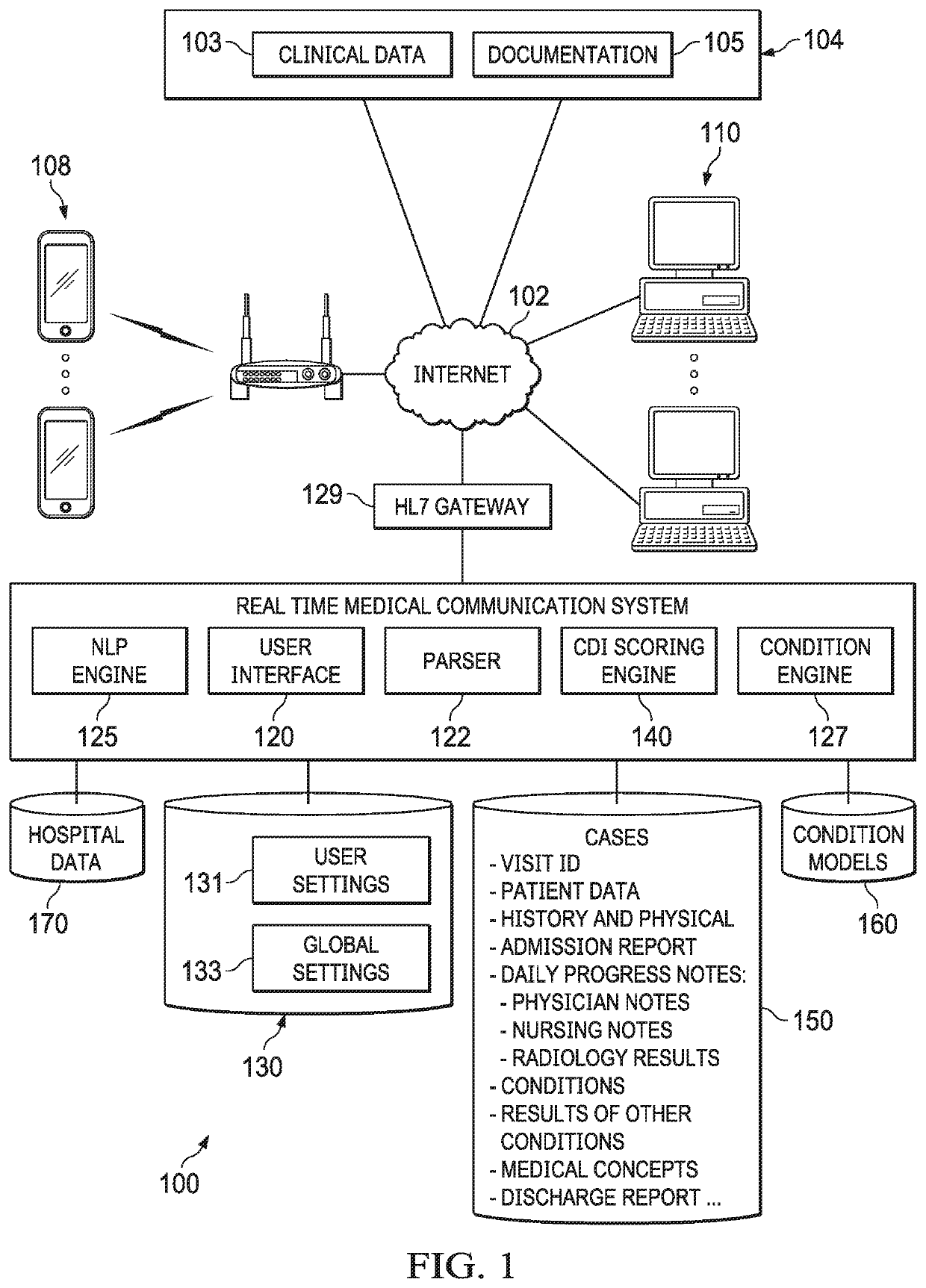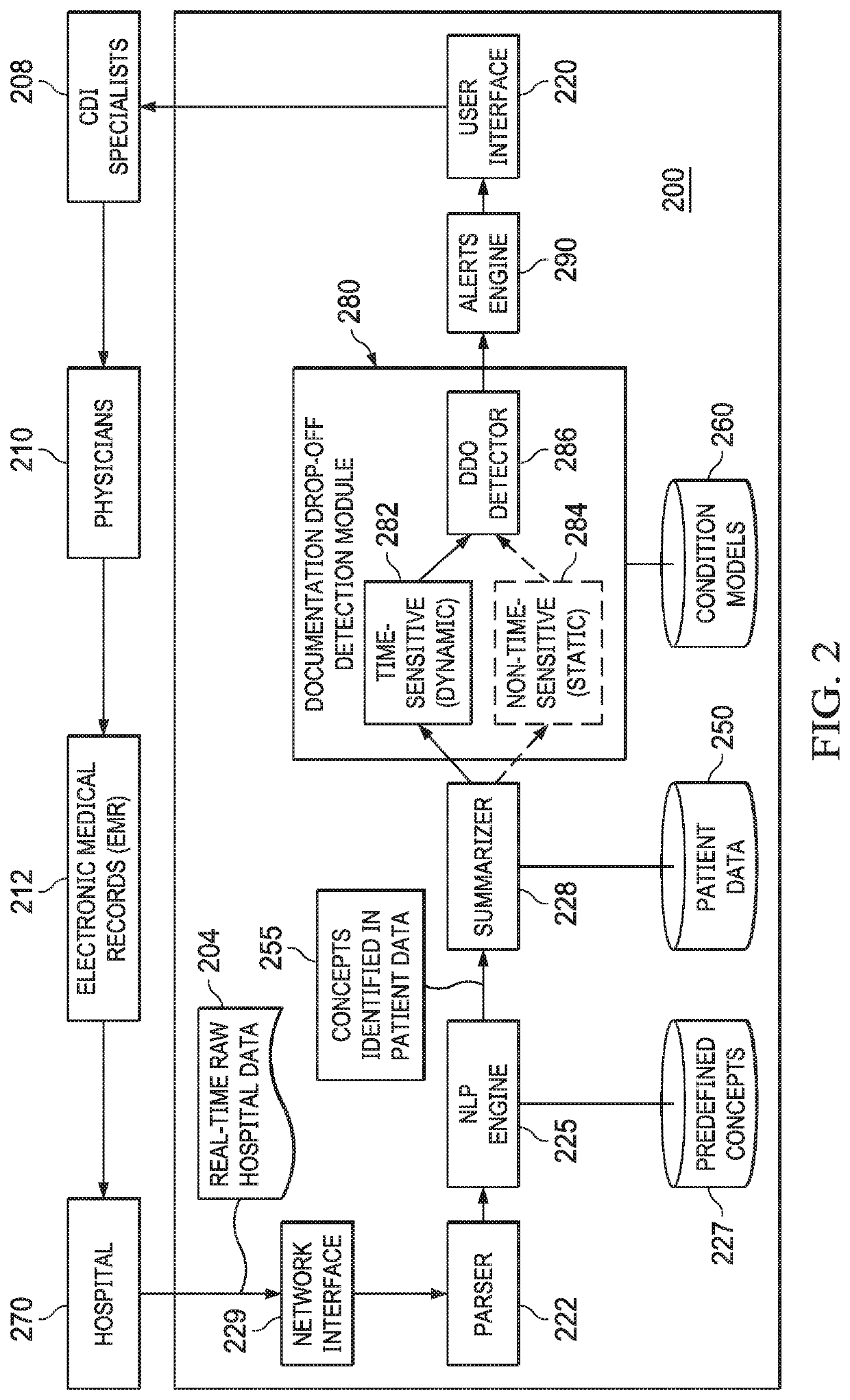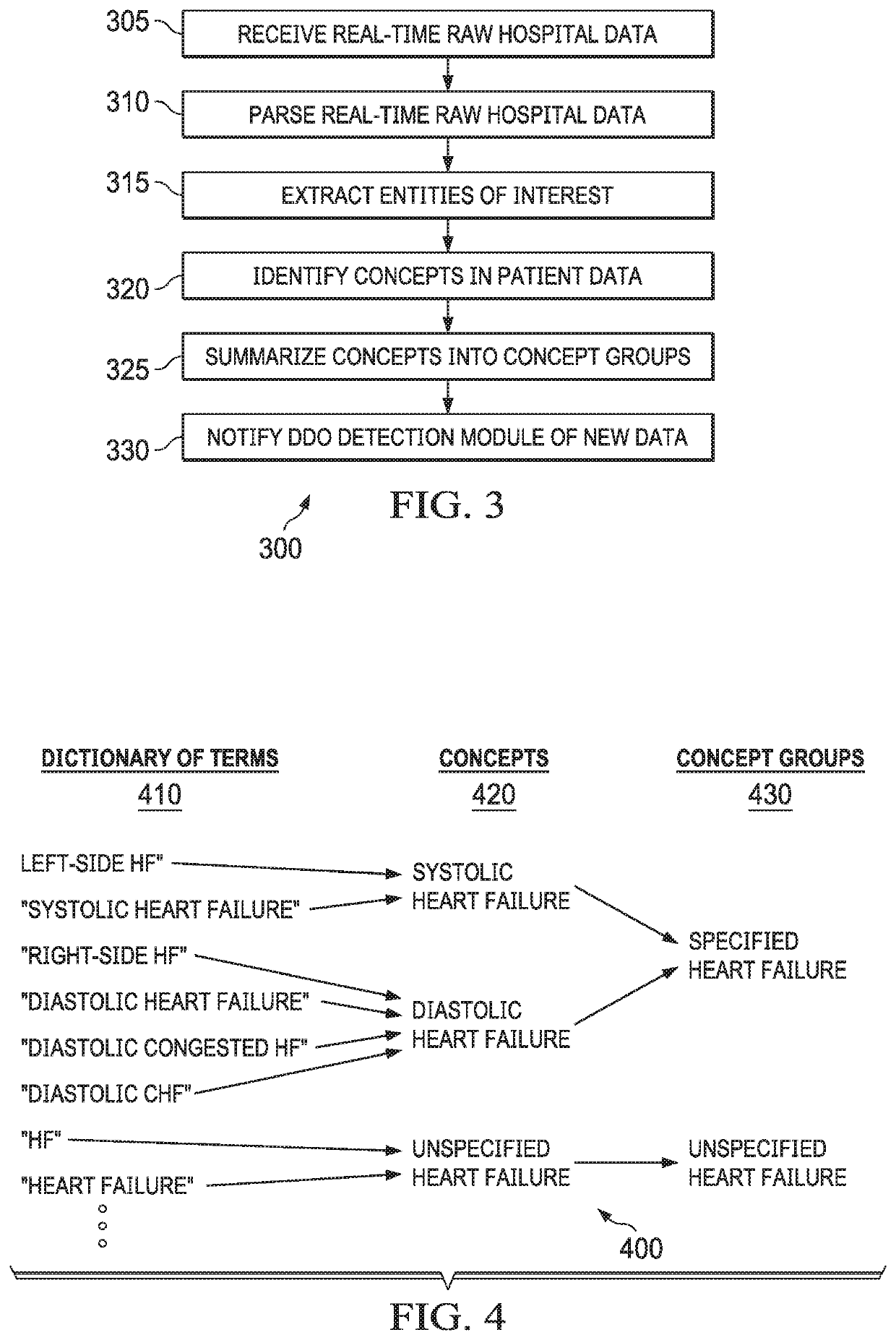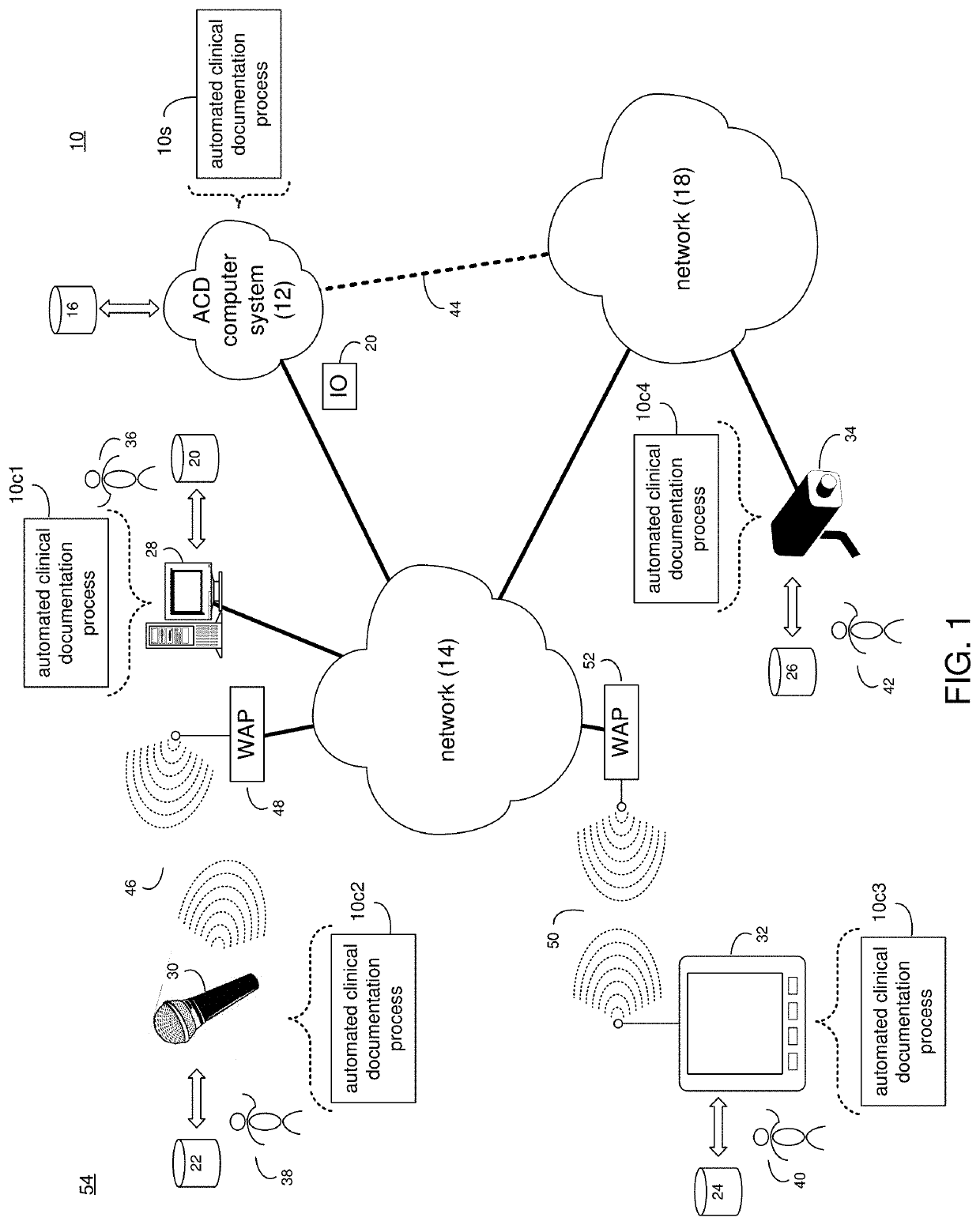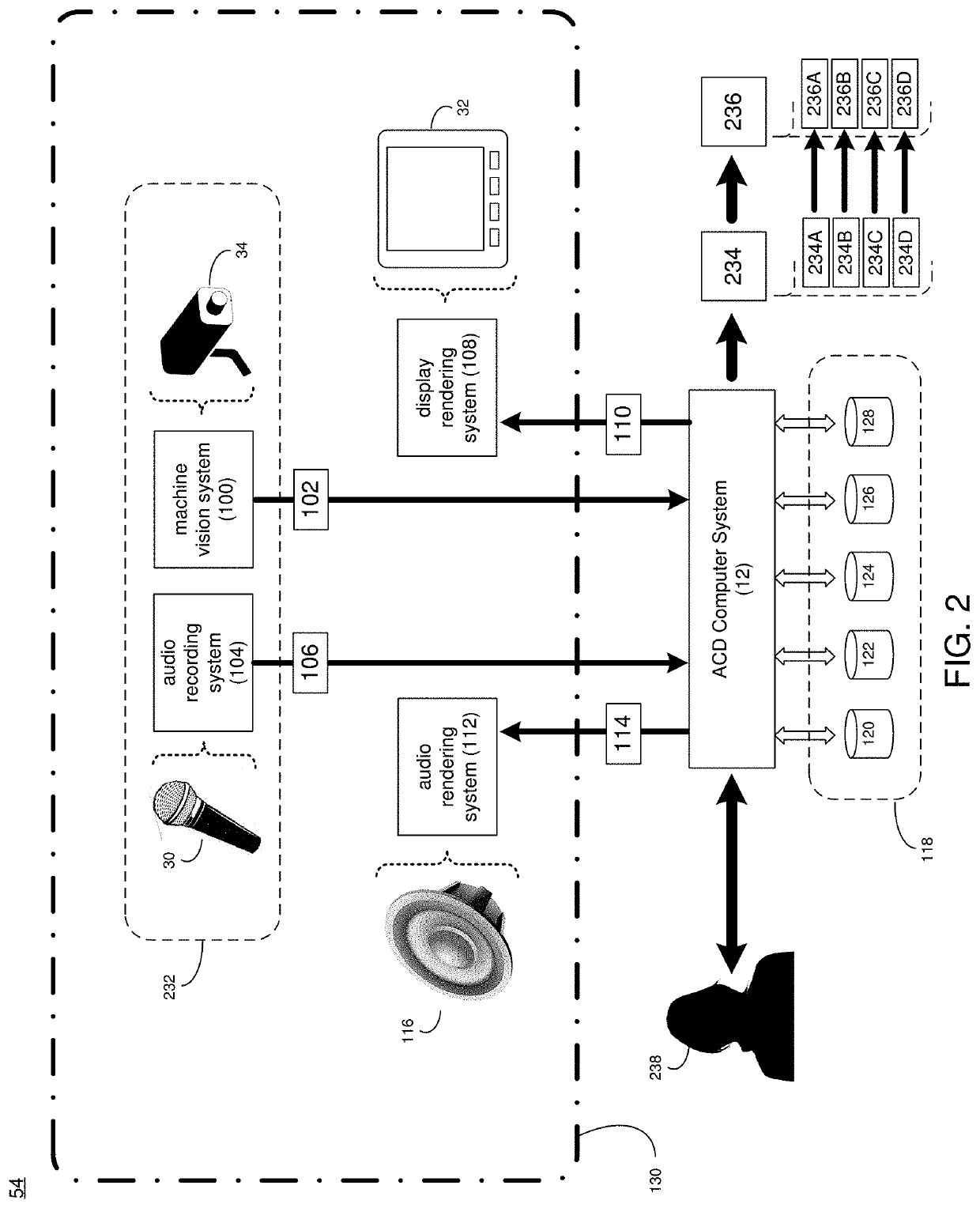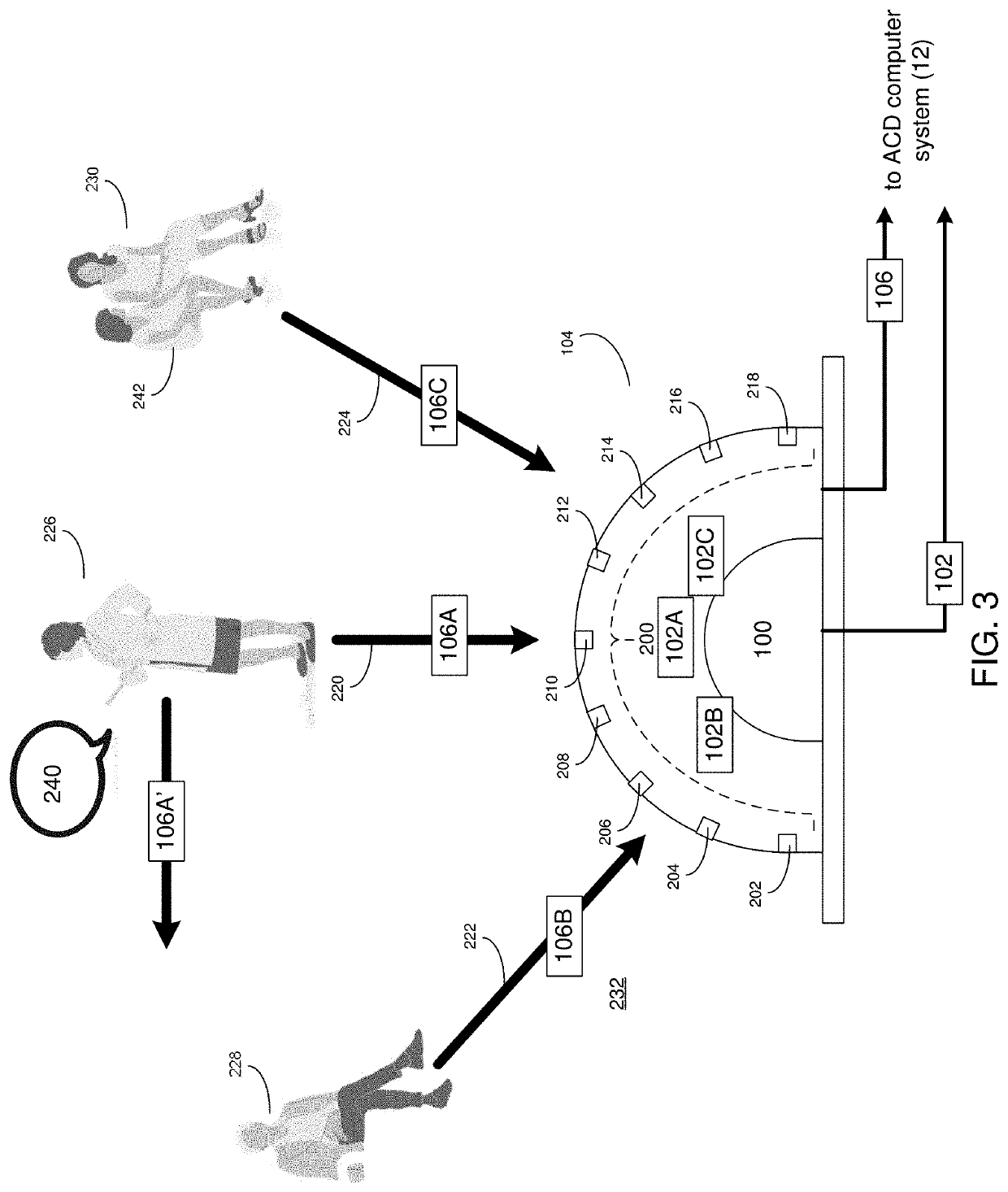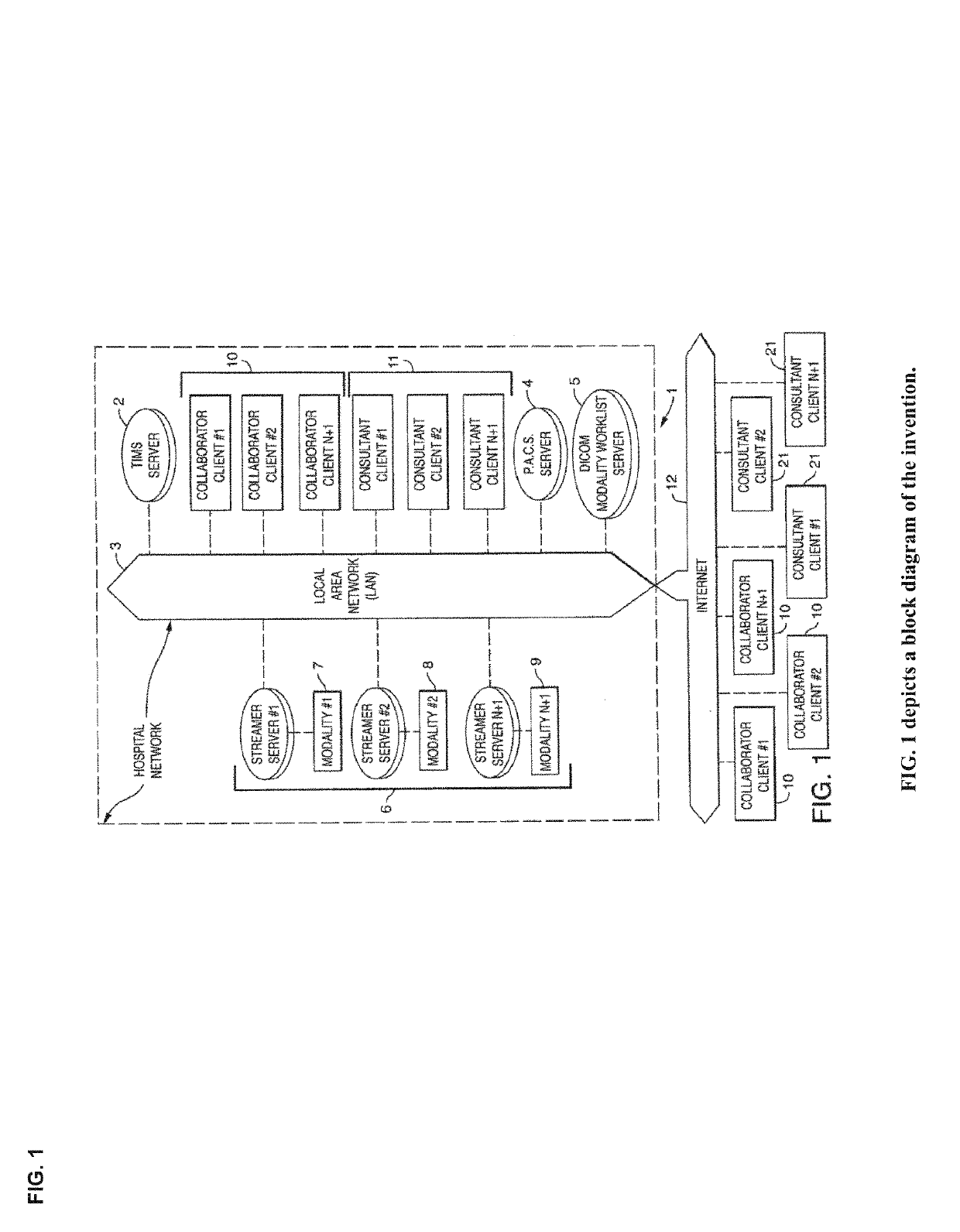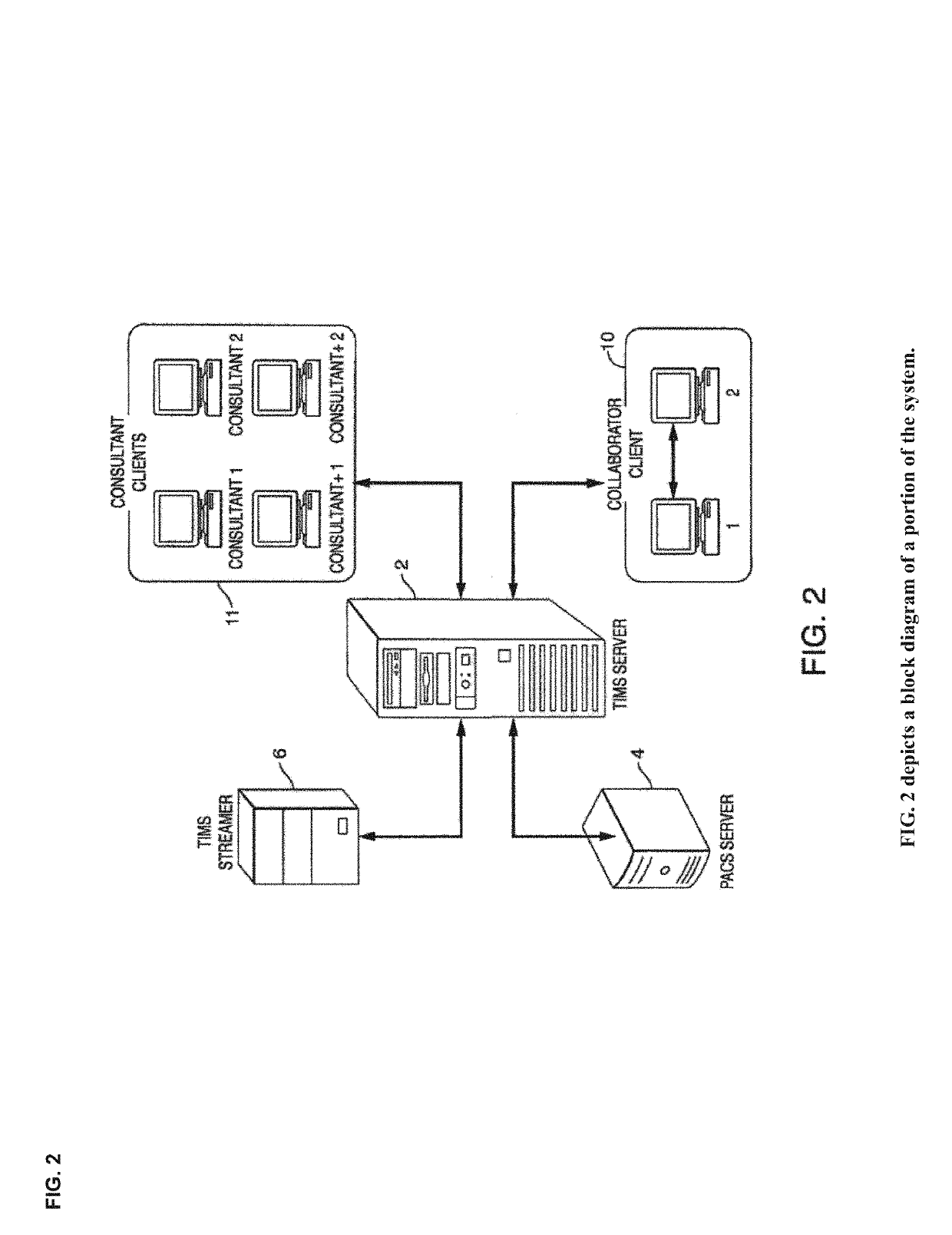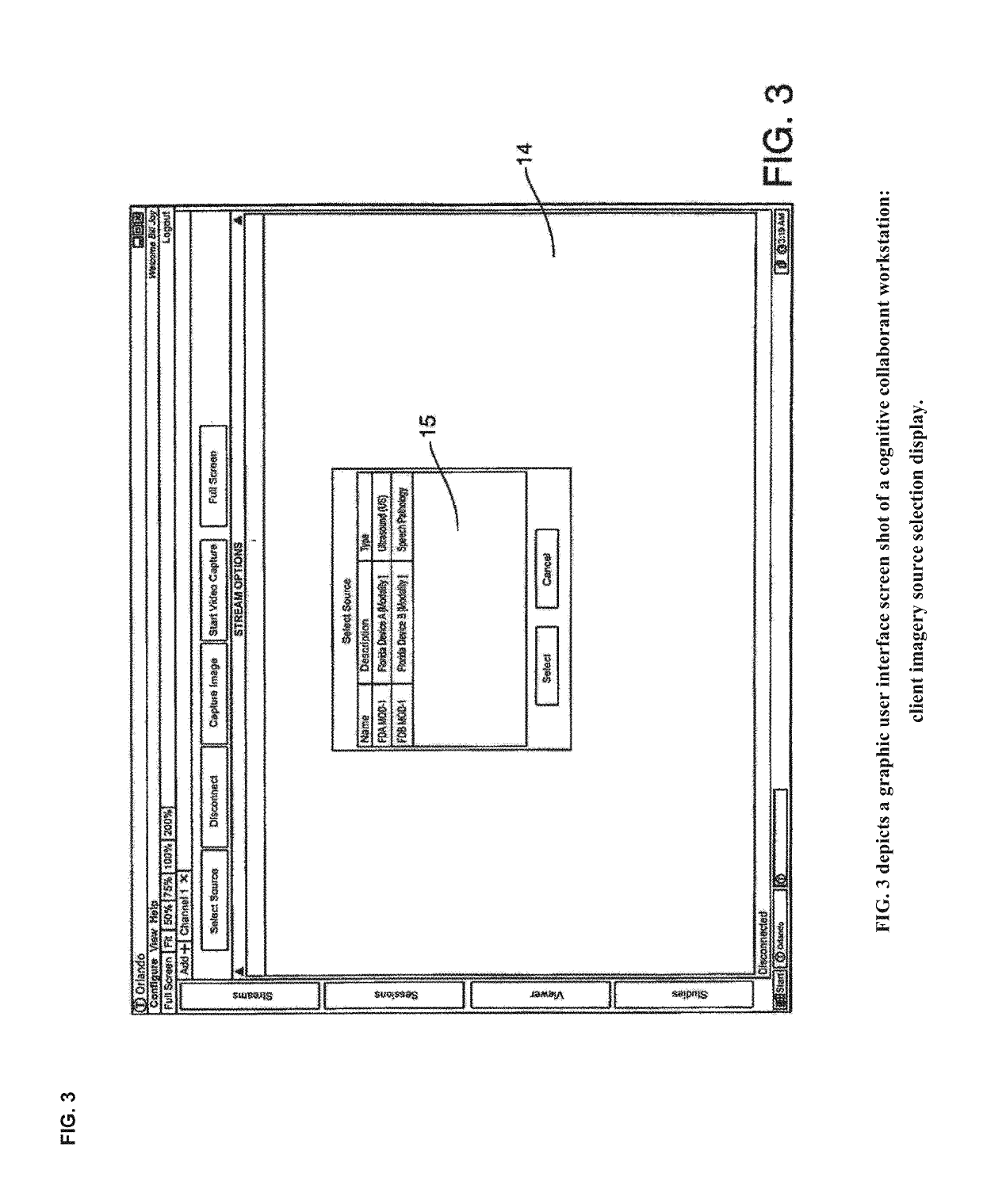Patents
Literature
74 results about "Clinical document" patented technology
Efficacy Topic
Property
Owner
Technical Advancement
Application Domain
Technology Topic
Technology Field Word
Patent Country/Region
Patent Type
Patent Status
Application Year
Inventor
Clinical documentation (CD) is the creation of a digital or analog record detailing a medical treatment, medical trial or clinical test. Clinical documents must be accurate, timely and reflect specific services provided to a patient.
Integrated medical software system with clinical decision support
InactiveUS20110301982A1Readily apparentMedical data miningMedical automated diagnosisSoftware systemClinical decision support system
An integrated medical software system with embedded transcription functionality is disclosed. The system comprises a clinical module for capturing clinical data for a patient in a first electronic document and a communication component that communicates the clinical data to a rule-based clinical decision support (CDS) system and receives at least one of an alert, warning, reminder, and recommendation back from the CDS system based on the clinical data. The CDS system is configured to compare the clinical data against a knowledge base to identify the at least one of an alert, warning, reminder, and recommendation; the clinical data is serialized into a standardized database language and placed into a first electronic clinical document defined by a clinical document exchange standard before being communicated to the CDS system; and the at least one of an alert, warning, reminder, and recommendation is provided in a second electronic clinical document defined by the clinical document exchange standard when received back from the CDS system.
Owner:GREENWAY MEDICAL TECH
Methods and systems for providing clinical documentation for a patient lifetime in a single interface
InactiveUS20080208631A1Reduce the amount requiredReduce of navigationData processing applicationsPatient personal data managementMedical recordDocumentation procedure
Certain embodiments of the present invention provide methods and systems for comprehensive clinical documentation of patient lifetime via a unified interface. Certain embodiments provide a user interface system displaying an electronic patient record. The system includes a timeline representation of a patient record. The timeline includes a plurality of data points related to a patient over time. The plurality of data points provides patient data aggregated from a plurality of information sources. The timeline provides access to and review of the plurality of data points within a single view. The system includes one or more controls allowing navigation and manipulation of one or more of the plurality of data points in the timeline.
Owner:GENERAL ELECTRIC CO
System and method for improving claims processing in the healthcare industry
Certain embodiments of the present invention provide for a system and method for managing clinical documents for claims processing. In an embodiment, the method includes receiving a command to submit an invoice to a payer. The method also includes acquiring a first set of files from an electronic medical records database according to a first set of rules. The first set of rules provide for acquiring a first set of files required for submission to a payer. The method also includes displaying an identifier for the first set of files to a user for approval. The first set of files may be transmitted to the payer. In an embodiment, the method may also include receiving a request for additional information from the payer. A second set of files may be acquired according to a second set of rules. The second set of files may be transmitted to the payer.
Owner:GENERAL ELECTRIC CO
System and method in a computer system for managing a number of attachments associated with a patient
A method and system suitable for managing a number of attachments is provided. The method includes the steps of displaying attachment details for the plurality of attachments, displaying a representation of at least a portion of a human body; generating a graphical indicia for each attachment and displaying the indicia at the appropriate location on the human representation; upon receipt of input from a user, displaying at least one task associated with at least one attachment; and upon receipt of input from a user, providing a clinical document or image associated with an attachment.
Owner:CERNER INNOVATION
Clinical documentation system for use by multiple caregivers
ActiveUS7251610B2Medical communicationData processing applicationsPatient NoteDocumentation procedure
A computer-based system for recording, storing, and accessing clinical documentation in an acute care setting is provided. In an embodiment of the invention, a single electronic database or repository for storing clinical patient notes, provides multiple points of read / write access via a user interface operating on one or more client computers that are in real-time communication with the repository.
Owner:EPIC SYST CORP (US)
Isomerization clinical medical information shared system and method
InactiveCN101452503AExpand coverageThe description is close to the real situationSpecial data processing applicationsIsomerizationDocument preparation
The invention discloses a system and a method for sharing isomerous clinic medical information. The system comprises a terminology module, a document template generating module, a document management module and a database for storing clinic data, wherein the terminology module, the document template generating module, the document management module and the database are connected with each other in turn; the terminology module is used for normalizing terminologies used in shared documents; the document template generating module is used for defining composition elements of standard clinic data documents and relations between various elements, automatically generating a document template, and collecting and managing metadata; and the document management module is used for managing the documents, wherein users manage the medical documents through the document management module, and perform input, correction and query operations and transmission and sharing of the documents. The system and the method realize automatic generation of the standard clinic documents through a clinic data dictionary and a standard document generation device, and finally establish a complete clinic document database through mapping to manage and share the standard clinic documents.
Owner:SHANGHAI CENT FOR BIOINFORMATION TECH
Multi-modal entry for electronic clinical documentation
ActiveUS20080177537A1Natural language data processingPatient personal data managementDocumentation procedureUser input
Methods, computer-readable media, and systems for populating an electronic clinical document capable of receiving multiple types of data are provided. In one embodiment, dictation audio input is embedded directly into one or more sections of an electronic clinical document along with other data types, such as structured user input, free-text input, or system-generated input. An electronic clinical document having embedded dictation audio and other data types can receive transcribed text corresponding to the embedded dictation audio.
Owner:CERNER INNOVATION
Medical Ontology Based Data & Voice Command Processing System
ActiveUS20090192800A1Improve accuracyDrug and medicationsSpeech recognitionData displaySpoken language
A computerized integrated order entry and clinical documentation and voice recognition system enables voice responsive user entry of orders. The system includes a voice recognition unit for detecting spoken words and converting detected spoken words to data representing commands. A data processor, coupled to the voice recognition unit, processes the data representing commands provided by the voice recognition unit, to provide order and documentation related data and menu options for use by a user, by interpreting the data representing commands using an ordering and documentation application specific ontology and excluding use of other non-ordering or non-documentation application specific ontologies. The ordering application enables initiating an order for medication to be administered to a particular patient, or additional ordered services to be performed. A user interface processor, coupled to the data processor, provides data representing a display image. The display image, includes the order related data and menu options provided by the data processor and supports a user in selecting an order for medication to be administered to a particular patient
Owner:CERNER INNOVATION
Multimodal cognitive collaboration and cybernetic knowledge exchange with visual neural networking streaming augmented medical intelligence
ActiveUS20180322254A1Avoid the needImprove business performanceMedical communicationTelevision conference systemsData streamRDF/XML
The invention enables multimodal cognitive communications, collaboration, consultation and instruction between and among heterogeneous networked teams of persons, machines, devices, neural networks, robots and algorithms during various stages of medical disease management, including detection, diagnosis, prognosis, treatment, measurement, monitoring and reporting. The invention enables both synchronous and asynchronous multiparty collaboration with multichannel, multiplexed streaming imagery data, including interactive curation, multisensory annotation and metadata tagging, as well as multi-formatted encapsulation, saving and sharing of collaborated imagery data as packetized augmented intelligence. The invention acquires both live stream and archived medical modality imagery from network-connected medical devices, cameras, signals and sensors, as well as multiomic data [phenotypic, genomic, metabolomic, pathomic, radiomic, radiopathomic and radiogenomic] maps and clinical data sets from structured reports and clinical documents, including biometric maps and movies, hapmaps, heat maps and data stream visualizations. The invention also acquires both medical and non-medical streaming imagery data from image data repositories, documents and structured reports, workstations and mobile devices, as well as from wearable computing, signals and sensors. The invention enables networked teams to interactively communicate, concurrently collaborate and bi-directionally exchange multichannel multiplexed imagery data streams, singly or together, in real time or asynchronously, generally by curating, annotating and tagging imagery information objects. The invention encapsulates and saves collaborated imagery data, together with multisensory annotations and metadata tags, in standard file formats as packetized augmented intelligence. The invention enables recursive cognitive enrichment of clinical cognitive vismemes, and saves packetized imagery information objects, multisensory annotations and metadata tags in native file formats [PDF, MPEG, JPEG, XML, XMPP, QR,TIFF, RDF, RDF / XML, SVG and DAE] as well as in formats compliant with standards for digital communications in medicine [DICOM]. The invention enables live stream multicasting of multimodal cognitive instruction and collaborative knowledge exchange with multisensory [visual, auditory, haptic] annotation of streaming imagery data, as well as secure, encrypted transmission of streaming augmented intelligence across file sharing data networks for informatics-enabled learning, specialist skills acquisition and accelerated knowledge exchange.
Owner:SMURRO JAMES PAUL
Automated clinical indicator recognition with natural language processing
Computer-based, natural language processing systems and methods are provided for review of clinical documentation and other medical records, and for clinical documentation improvement. The systems and methods are configured to review documents in the record using a natural language processor and to identify clinical indicators with associated contextual information. The clinical indicators are compared to scenarios to generate markers based on an information model. The markers used to generate physician queries and other informational requests with supporting evidence for each query based on indicators identified in the record. In additional examples, pragmatic guidelines including business-based rules can also be utilized, either in combination with, or as part of, the scenarios in the information model.
Owner:OPTUM360 LLC
Specification-based automation methods for medical content extraction, data aggregation and enrichment
InactiveUS20060005139A1More flexible and extensibleDigital data processing detailsPatient personal data managementMedical recordData aggregator
A method for knowledge generation from raw medical records uses XML-based specifications. The method includes content extraction, data aggregation and data enrichment. The method operates on various sources of medical data including financial data, clinical documents and medical images.
Owner:SIEMENS CORP
Systems and Methods for Storing and Locating Claim Reimbursement Attachments
InactiveUS20090265187A1Digital data processing detailsOffice automationPaper documentDocument preparation
Certain embodiments of the present invention provide a clinical document storage and locator system including a clinical database component, a document retriever component, and a query mapper component. The clinical database component is adapted to store a plurality of clinical documents. The document retriever component is adapted to receive a request. The document retriever component is further adapted to determine an LOINC code using the received request. The query mapper component is adapted to generate a document query using the determined LOINC code. The document retriever component is adapted to retrieve a relevant clinical document from the clinical database component using the generated document query.
Owner:GENERAL ELECTRIC CO
Specification-based automation methods for medical content extraction, data aggregation and enrichment
InactiveUS7707169B2More flexible and extensibleDigital data processing detailsPatient personal data managementMedical recordData aggregator
A method for knowledge generation from raw medical records uses XML-based specifications. The method includes content extraction, data aggregation and data enrichment. The method operates on various sources of medical data including financial data, clinical documents and medical images.
Owner:SIEMENS CORP
Structured processing method for cross-type breast tumor clinical document
InactiveCN107423289ASolving Structured Processing IssuesImprove accuracyNatural language data processingSpecial data processing applicationsSingle typeDocumentation
The invention provides a structured processing method for a cross-type breast tumor clinical document. The method comprises the steps of 1: preprocessing a text of the breast tumor clinical document: segmenting the short text and performing word segmentation on the segmented short text; 2: for a word segmentation result, performing partial corpus tagging of a single-type report; 3: by adopting corpora of the single-type report, realizing cross-type entity identification; and 4: extracting a structured result, which comprises an organization, a position, a characteristic and an eigenvalue. According to the method provided by the invention, the deficiencies in the prior art are overcome; the extraction of structured information is automatically formed, so that the manpower and time are saved; the method is not limited to the report type and can be applied to characteristic identification and text structuring of different reports; the structured processing problem of Chinese cross-type clinical documents is solved; and the method is simple to realize, high in processing speed and high in processing result accuracy.
Owner:DONGHUA UNIV +1
Clinical document structured processing method based on internet integrated medical platform
The invention discloses a clinical document structured processing method based on an internet integrated medical platform and relates to the technical field of internet medical platforms. An unstructured clinical document is input into a clinical document structured processing engine, and then structured data are obtained and output to a distributed storage engine through processing by means of aclinical medical corpus, rules, full-text retrieval, machine learning and the like. The processing is carried out through the artificial intelligence algorithm, and obtained data are analyzed and displayed by the platform. According to the clinical document structured processing method based on the internet integrated medical platform, unstructured text data in clinical data are subjected to structured processing and stored in a distributed Hadoop cluster. In this way, the distributed data storage mode and the distributed computing processing are achieved. The programming in software application is transformed and adapted according to distributed characteristics.
Owner:SHANGHAI TRIMAN INFORMATION & TECH
Clinical documentation system for use by multiple caregivers
A computer-based system for recording, storing, and accessing clinical documentation in an acute care setting is provided. In an embodiment of the invention, a single electronic database or repository for storing clinical patient notes, provides multiple points of read / write access via a user interface operating on one or more client computers that are in real-time communication with the repository.
Owner:ALBAN CHRISTOPHER +1
Clinical Documentation Debugging Decision Support
InactiveUS20130262364A1Improve recording qualityCorrect irregularityPatent retrievalKnowledge representationDocument preparationDocumentation
A system for verifying document content comprising a knowledge base (1) comprising a collection of knowledge-base expressions (2) and a collection of knowledge-base relations (3) between the knowledge-base expressions (2). A database (4) is provided comprising a record (5) with documents comprising information relating to an entity, the documents including free-text documents (6) and / or structured documents (7). A natural language processor (8) is provided for extracting record expressions (10) from free-text documents (6) stored in the record (5) and for determining record relations (11) between the record expressions (10) based on the free-text documents (6). An analysis engine (12) is provided for analyzing the record expressions (10) and the record relations (11) also based on the knowledge-base relations (3) to detect an irregularity in the record (5). A notifier (14) is provided for providing a notification to a user in dependence on an output of the analysis engine (12). Record expressions (10) and / or record relations (11) matching knowledge-base expressions (2) and / or knowledge-base relations (3) are extracted.
Owner:KONINKLIJKE PHILIPS ELECTRONICS NV
Multi-modal entry for electronic clinical documentation
Methods, computer-readable media, and systems for populating an electronic clinical document capable of receiving multiple types of data are provided. In one embodiment, dictation audio input is embedded directly into one or more sections of an electronic clinical document along with other data types, such as structured user input, free-text input, or system-generated input. An electronic clinical document having embedded dictation audio and other data types can receive transcribed text corresponding to the embedded dictation audio.
Owner:CERNER INNOVATION
Automated systems and methods for textual extraction of relevant data elements from an electronic clinical document
A system and method for extracting relevant data elements from a file for conversion to a tabular format includes a computing device receiving an XML format file having a loop with nested blocks. Each of the blocks has at least one data element. Features are extracted from each data element. These extracted features are processed using a machine learning algorithm to estimate a column header value for the data elements relative to a data schema. With the data element classified, a configuration file is generated to map the column header value to the data elements of the XML file. The configuration file is used to extract the data elements from the XML file to a tabular format. In the healthcare industry, the system and method may be used to extract relevant health information from a clinical document for conversion to a tabular format.
Owner:INNOVACCER INC
High fidelity clinical documentation improvement (CDI) smart scoring systems and methods
ActiveUS10733566B1Accurate representationDemand for accurate and timelyEnsemble learningHealth-index calculationMedicineHospital stay
A clinical documentation improvement (CDI) smart scoring method may include predicting, via per-condition diagnosis machine learning (ML) models and based on clinical evidence received by a system, a probability that a medical condition is under-documented and, via per-condition documentation ML models and based on documentation received by the system, a probability that a medical condition is over-documented. The under- and over-documentation scores are combined in view of special indicators and queryability factors, which can also be evaluated using ML query prediction models, to generate an initial CDI score. This CDI score can be further adjusted, if necessary or desired, to account for factors such as length of stay, payer, patient location, CDI review timing, etc. The final CDI score can be used to prioritize patient cases for review by CDI specialists to quickly and efficiently identify meaningful CDI opportunities.
Owner:IODINE SOFTWARE
Health data management method and device
InactiveCN102436555AIncrease sharingSpecial data processing applicationsPatient-specific dataKnowledge managementClinical document
The embodiment of the invention discloses a health data management method and device. The health data management method comprises the following steps of: extracting heterogeneous health data; generating at least one intermediate document in the key value form, wherein at least one field in the heterogeneous health data corresponds to a key in the intermediate document, and one field corresponds to one key; converting the intermediate document into a clinical document system CDA (Clinical Document Architecture) document; and outputting the CDA document. Through the technical scheme provided by the invention, the sharing degree of the health data can be effectively improved.
Owner:HUAWEI TECH CO LTD
Method For Providing A Disease Management Service
The present invention generally relates to the field of medical services and more specifically to the area of chronic disease management. It comprises a new method for providing a disease management service which utilizes nurse practitioners to engage in regularly scheduled virtual evaluation and management “office visits” with patients, using off-the-shelf videophones for real-time video and audio communications. As these disease management services are delivered to the patient while he remains in his home, such convenient access to professional health care brings about a much closer monitoring of the patient's condition than would be otherwise practical, enabling clinicians to make necessary therapeutic modifications in a timely fashion. Engaging patients in such regularly scheduled office visits also causes increased compliance with recommended regimens and lifestyle modifications, resulting in overall improved management of the patient's chronic condition. Patients are enrolled into the service primarily through referrals from their primary care physicians who sign a Collaboration Agreement with the chronic disease management service. The Collaboration Agreement extends the continuity of care for enrolled patients by keeping the primary care physician informed at all times on the health status of their patients and involved in all important clinical decisions regarding patients referred to the service. The secure Internet-accessible clinical documentation and information systems used in the disclosed method make possible a multi-office practice were information can be seamlessly shared and patient workloads can be distributed across multiple locations. Clinical office visit services provided under the disclosed method qualify for reimbursement by public insurers and many private insurers. The disclosed method represents a novel form of medical practice whose area of operation and potential patient base is unbounded by geographic location, since patients may engage in virtual office visits while remaining in their homes, and the information technology infrastructure utilized allows the disclosed disease management service to deliver medical care from any location that has phone service and an Internet or network connection available.
Owner:INFORMED CARE
Method for creating clinical documents by medical information platform
InactiveCN102880710AEasy to readEasy to installSpecial data processing applicationsDocumentation procedureData acquisition
The invention provides a method for creating clinical documents by a medical information platform and relates to the technical field of computer software. Services of a front-end computer is based on the medical information platform and mounted on various medical institutions in a manner of the front-end computer. The technical scheme includes that the method includes six steps of data acquisition, CDA (command and data acquisition) document generation, data analysis, data checkout, data transmission and data storage. The service process of the front-end computer includes acquiring various basic service data of the medical institutions, generating the CDA documents according to HL7 standards, analyzing and checking the contents of the documents, if in failure in checking, feeding back to the medical institutions, and encrypting, transmitting and storing the CDA documents passing the checking.
Owner:INSPUR SOFTWARE CO LTD
Clinical documentation tool with protected and revisable text expansion
InactiveUS20060031096A1Alteration can be preventedData generationNatural language data processingOffice automationDocumentation procedureClinical document
Automatic text generation is marked in a text document to allow later re-invocation of automatic text generation to revise the expanded text and to ensure integrity in capture of machine interpretable data generated during automatic text generation.
Owner:BUTTNER MARK DUANE +3
System and Method for Multi-Microphone Automated Clinical Documentation
ActiveUS20210350815A1Stereophonic circuit arrangementsMicrophones signal combinationVoice activityDocumentation
A method, computer program product, and computing system for receiving audio encounter information from a microphone array. Speech activity within one or more portions of the audio encounter information may be identified based upon, at least in part, a correlation among the audio encounter information received from the microphone array. Location information for the one or more portions of the audio encounter information may be determined based upon, at least in part, the correlation among the signals received by each microphone of the microphone array. The one or more portions of the audio encounter information may be labeled with the speech activity and the location information.
Owner:NUANCE COMM INC
System and Method for Multi-Microphone Automated Clinical Documentation
InactiveUS20210350814A1Stereophonic circuit arrangementsMicrophones signal combinationHuman–computer interactionDocumentation
A method, computer program product, and computing system for receiving information associated with an acoustic environment. A plurality of filters may be predefined to produce a plurality of beams based upon, at least in part, the information associated with the acoustic environment. The plurality of filters may be predefined to produce a plurality of nulls based upon, at least in part, the information associated with the acoustic environment. Audio encounter information may be obtained, via one or more microphone arrays, using the plurality of beams and the plurality of nulls produced by the plurality of predefined filters.
Owner:NUANCE COMM INC
System and Method for Multi-Microphone Automated Clinical Documentation
InactiveUS20210350804A1Stereophonic circuit arrangementsMicrophones signal combinationVoice activityDocumentation
A method, computer program product, and computing system for receiving audio encounter information from a first microphone system, thus defining a first audio stream. Audio encounter information may be received from a second microphone system, thus defining a second audio stream. Speech activity may be detected in one or more portions of the first audio stream, thus defining one or more speech portions of the first audio stream. Speech activity may be detected in one or more portions of the second audio stream, thus defining one or more speech portions of the second audio stream. The first audio stream and the second audio stream may be aligned based upon, at least in part, the one or more speech portions of the first audio stream and the one or more speech portions of the second audio stream.
Owner:NUANCE COMM INC
Systems and methods for detecting documentation drop-offs in clinical documentation
ActiveUS10886013B1Easy to processImprove clinical documentationSemantic analysisMedical automated diagnosisEmergency medicinePatient data
In clinical documentation, mere documentation of a condition in a patient's records may not be enough. To be considered sufficiently documented, the patient's record needs to show that no documentation drop-offs (DDOs) have occurred over the course of the patient's stay. However, DDOs can be extremely difficult to detect. To solve this problem, the invention trains time-sensitive deep learning (DL) models on a per condition basis using actual and / or synthetic patient data. Utilizing an ontology, grouped concepts can be generated on the fly from real-time hospital data and used to generate time-series data that can then be analyzed by trained time-sensitive DL models to determine whether a DDO for a condition has occurred during the stay. Non-time-sensitive models can be used to detect all the conditions documented during the stay. Outcomes from the models can be compared to determine whether to notify a user that a DDO has occurred.
Owner:IODINE SOFTWARE
System and Method for Multi-Microphone Automated Clinical Documentation
A method, computer program product, and computing system for receiving a plurality of predefined beams associated with a microphone array. A plurality of predefined nulls associated with the microphone array may be received. One or more predefined beams from the plurality of predefined beams or one or more predefined nulls from the plurality of predefined nulls may be selected. A microphone array may obtain audio encounter information, via the microphone array, using at least one of the one or more selected beams and the one or more selected nulls.
Owner:NUANCE COMM INC
Cognitive collaboration with neurosynaptic imaging networks, augmented medical intelligence and cybernetic workflow streams
ActiveUS10332639B2Avoid the needImprove responsivenessMedical communicationTelevision conference systemsDiseaseData stream
The invention integrates emerging applications, tools and techniques for machine learning in medicine with videoconference networking technology in novel business methods that support rapid adaptive learning for medical minds and machines. These methods can leverage domain knowledge and clinical expertise with cognitive collaboration, augmented medical intelligence and cybernetic workflow streams for learning health care systems. The invention enables multimodal cognitive communications, collaboration, consultation and instruction between and among cognitive collaborants, including heterogeneous networked teams of persons, machines, devices, neural networks, robots and algorithms. It provides for both synchronous and asynchronous cognitive collaboration with multichannel, multiplexed imagery data streams during various stages of medical disease and injury management—detection, diagnosis, prognosis, treatment, measurement and monitoring, as well as resource utilization and outcomes reporting. The invention acquires both live stream and archived medical imagery data from network-connected medical devices, cameras, signals, sensors and imagery data repositories, as well as multiomic data sets from structured reports and clinical documents. It enables cognitive curation, annotation and tagging, as well as encapsulation, saving and sharing of collaborated imagery data streams as packetized medical intelligence. The invention augments packetized medical intelligence through recursive cognitive enrichment, including multimodal annotation and [semantic] metadata tagging with resources consumed and outcomes delivered. Augmented medical intelligence can be saved and stored in multiple formats, as well as retrieved from standards-based repositories. The invention provides neurosynaptic network connectivity for medical images and video with multi-channel, multiplexed gateway streamer servers that can be configured to support workflow orchestration across the enterprise—on platform, federated or cloud data architectures, including ecosystem partners. It also supports novel methods for managing augmented medical intelligence with networked metadata repositories [inclduing imagery data streams annotated with semantic metadata]. The invention helps prepare streaming imagery data for cognitive enterprise imaging. It can be incorporate and combine various machine learning techniques [e.g., deep, reinforcement and transfer learning, convolutional neural networks and NLP] to assist in curating, annotating and tagging diagnostic, procedural and evidentiary medical imaging. It also supports real-time, intraoperative imaging analytics for robotic-assisted surgery, as well as other imagery guided interventions. The invention facilitates collaborative precision medicine, and other clinical initiatives designed to reduce the cost of care, with precision diagnosis [e.g., integrated in vivo, in vitro, in silico] and precision targeted treatment [e.g., precision dosing, theranostics, computer-assited surgery]. Cybernetic workflow streams—cognitive communications, collaboration, consultation and instruction with augmented medical intelligence—enable care delivery teams of medical minds and machines to ‘deliver the right care, for the right patient, at the right time, in the right place’ - and deliver that care faster, smarter, safer, more precisely, cheaper and better.
Owner:SMURRO JAMES PAUL
Features
- R&D
- Intellectual Property
- Life Sciences
- Materials
- Tech Scout
Why Patsnap Eureka
- Unparalleled Data Quality
- Higher Quality Content
- 60% Fewer Hallucinations
Social media
Patsnap Eureka Blog
Learn More Browse by: Latest US Patents, China's latest patents, Technical Efficacy Thesaurus, Application Domain, Technology Topic, Popular Technical Reports.
© 2025 PatSnap. All rights reserved.Legal|Privacy policy|Modern Slavery Act Transparency Statement|Sitemap|About US| Contact US: help@patsnap.com
